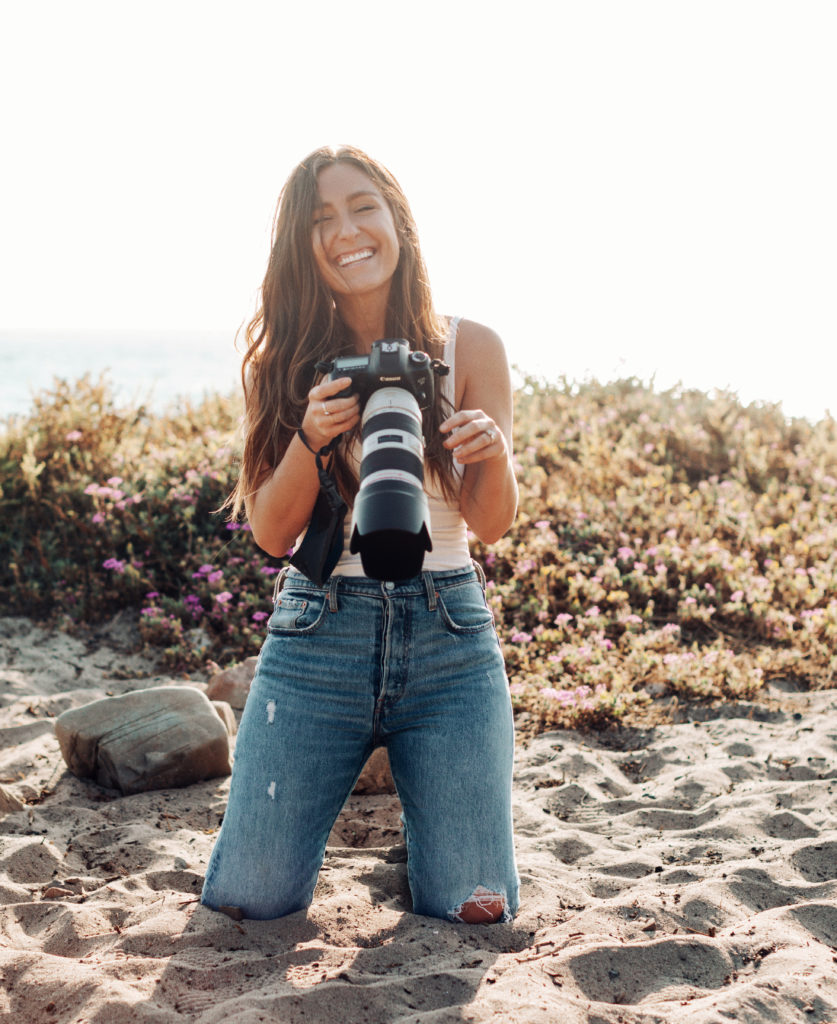
At some point in their career, every photographer has asked themselves the same question: What kind of camera and lens should I buy? This also happens to be the very same question I get asked the most often—and for good reason! Camera body and lens selection can be a super intimidating, technical whirlwind. And despite being such a seemingly simple and straight forward question, the answer tends to be particularly complex. The complexity in this decision doesn’t come from the technical jargon attached to each camera body and lens you’re considering, but instead can be attributed to who you are and what you shoot. I know that may not be exactly what you wanted to hear but stick with me! I’m going to take some of the mystery out of camera buying and help set you on the path toward finding the perfect camera for your shooting needs.
Now, a lot of the time I get this question from photographers who are just starting their careers and are getting ready to purchase their first professional camera, which is so exciting! It’s such an amazing moment when you decide to fully commit to the career of your dreams (so, if this is you, do a quick little shimmy dance to celebrate, you’re about to embark on something amazing!). But as with anything new, learning the technical lingo (Nikon vs. Canon, 55mm vs 200mm lens, full frame, crop sensor, dynamic range, what?!) and understanding exactly which products are the right ones for you can be daunting. But before we get into decoding all the technical talk, let’s take a step back and look at the big picture for a moment (pun intended).
There are a few SUPER IMPORTANT things that I need you to remember before you even sit down to consider purchasing a new camera body or lens:
The camera does not make the photographer, it’s the photographer who makes the camera.
This may be a bit of a cliché, but it’s probably one of the most valuable clichés out there! Often people tell themselves they need a specific piece of gear or a certain type of camera to achieve the level of quality in their images that they aspire to. But the problem with this mindset is that it actually hurts you and your creative process. You typically don’t improve the quality of your images with a new camera, you improve the quality of your images by using the camera you have properly—think lighting, manual settings, etc. These are all things that are in your control and will drastically impact the quality of your images way faster than a new camera body or lens will. Because, at the end of the day, no matter which camera body or lens you have, you’ll end up taking the same quality of images as before unless you understand how you’re taking your photos. Which leads me to the second thing I need you to remember…
Always, always shoot in manual mode.
Trust me, I know how intimidating manual mode may seem at first, but mastering your camera’s manual settings is the best way to improve your skills as a photographer and create the quality of images that you aspire to. To help you get started, I’ve created a little cheat sheet for you, which you can find here. Still struggling to commit? Here are four more reasons why you should learn to shoot in manual mode!
This all comes down to one thing, though: making sure that you don’t fall into bad habits when taking photographs. Because the truth is that pretty much all cameras these days are good quality, they just offer photographers different things. And assuming that a new camera with more megapixels or greater dynamic range will make up for a stubborn habit you don’t realize you’ve fallen into will only leave you more frustrated. Because this is just the thing that happened to an acquaintance of mine:
A guy I know recently told me that he was planning on getting rid of his brand-new Canon 5D Mark IV and 70-200 lens because they were “pieces of junk” and that he needed to upgrade to something better with more megapixels. Now, y’all, I shoot with a Canon 5D Mark IV and I freaking love it! So, I was completely shocked to hear him say he hated it. He went on to explain that the images always came out blurry and were of horrible quality, which—again—just didn’t make sense to me. I asked him if I could take a look at some of his photos and see if I could figure out what might be going on, and after looking at the metadata from his images the problem became clear as day: his settings were completely off! The metadata (which is tied to every image you take and tells you all the details about the settings that were used to take the photo) showed that he was shooting at 1/60th of a second – at f/2.8 – at 200mm – hand held – in JPG. What the heck does that mean, exactly? Basically, that he was using the COMPLETE wrong settings for the types of images he was trying to take—and no camera, lens, or combination of the two he used was going to change that outcome.
So, before you decide to buy a new camera or lens, ask yourself: What problem are you trying to solve? Have you actually outgrown the abilities of your camera, or do you want the camera, lens or gear simply because it’s new? Be super honest with yourself. Because you might be tempted to say that your camera is bad when, as we just learned, operator error might actually be to blame.
Now, if you decide that it is time to buy a new camera or lens, whether it’s your first or your fifth, here are some important things for you to consider:
What’s your budget?
The amazing thing about cameras is that they’re available for such a broad range of prices. You can buy gear for anywhere between $200 and $10,000 depending upon what you’re looking at. Therefore, setting your upper budgetary limit before even diving in will keep you honest about your finances and help guide you to the camera, lens, and gear that’s right for you (and your wallet).
What are you going to shoot?
While there is no such thing as the “best camera” or the “best lens,” there are cameras and lenses that are designed to perform better when shooting certain subjects. So, think about what you’re planning to shoot and let it guide you toward the camera that is best suited to your style and needs. For example, if you’re planning to pursue portraiture, you don’t need to have a camera that shoots 30 frames per second; however, if you’re a sport’s photographer that’s just the kind of frame rate you’ll need to be able to make sure you get the shot. This goes for lenses as well. Will you be shooting landscapes that might require a wider lens with the ability to zoom in, or are you shooting portraits where a prime lens might be a nice place to start?
Which brand do you prefer?
The great thing about the photography world right now is that there is so much high-quality camera gear available—which means that almost any brand you go with will be able to provide you with the quality gear you need. So, the question here is which brand do you want to grow with? Find the brand that works best for the types of photos you’ll be taking and purchase your camera body, lenses, and gear from them. Just make sure it’s one you want to commit to having for the long haul. You don’t want to begin investing into expensive camera gear only to switch brands a few years down the road. So really think about which brand you can see yourself and your career growing with. There’s really no right or wrong answer here, it’s all about personal preference. For instance, I shoot with a Canon while my husband, Dustin, shoots with a Nikon—and we love them both!
What lenses do you need?
If you’re looking to enhance your image quality, the best place to start is with your lens. Think about which lenses would be the best fit for what you’re shooting and then work backward to determine how much of your budget is left for you camera body. I say this because lenses are everything. An amazing lens on even the most basic camera body will yield a much higher-quality image than a low-quality lens on a top-of-the-line camera body. Bonus? A great lens will produce beautiful results for many years to come, so even when it’s time to upgrade that camera body, you’ll still be able to enjoy your trusty lens with it!
What type of image sensor does the camera have?
When you’re buying a new camera body, it’s important to pay attention to what type of image sensor it has in it. An image sensor is essentially the ‘digital version of film’. It sits at the back of the camera and records the light that enters the camera (which creates your image) just like good old fashioned film does. But the thing is, image sensors come in many different sizes so it’s important to know whether your camera has a full frame sensor or a cropped sensor in it.
Why? Because it determines how your photos will look with the different lenses you use.
When I say full frame or cropped sensor, I’m referring to the camera’s sensor size. Full frame sensors are the same exact size as a 35mm film negative (which is the gold standard that lenses are based on). Cropped sensors on the other hand, are any sensor that is smaller than full frame. And the reason this is important to you is because the same lens will produce a different field of view on a full frame camera than it will with a cropped sensor camera. Cropped sensors produce ‘crop factors’ which is what makes your images appear more ‘zoomed in’.
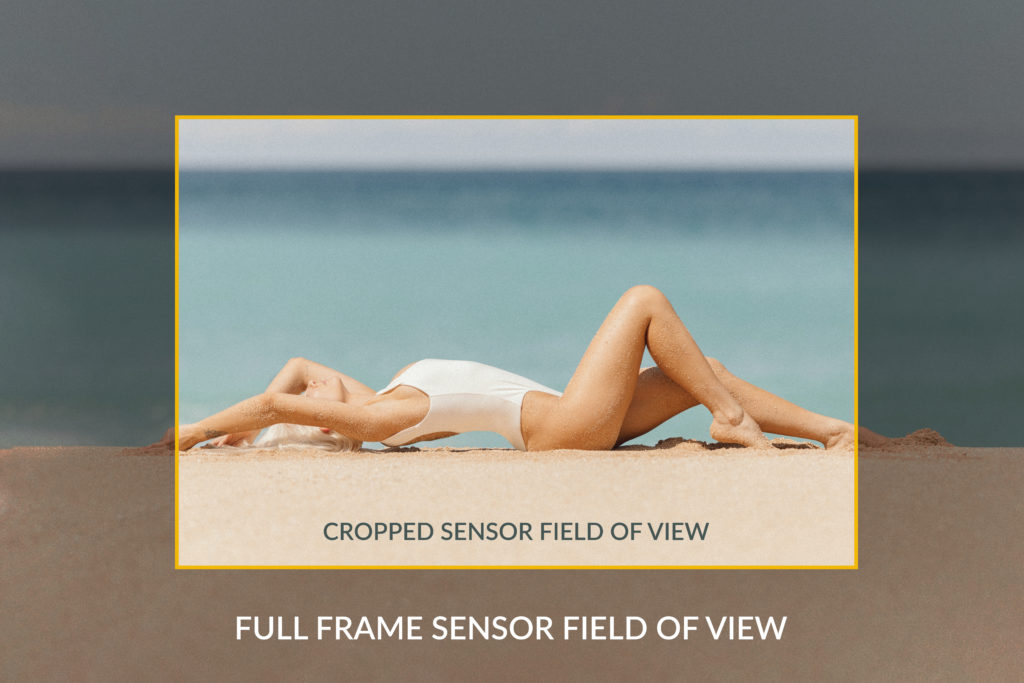
Cameras with a lower price point will typically have a cropped sensor, while those that are more expensive will have a full-frame sensor, so it is important to know which of these you are working with before you choose your lens and start shooting. The last thing you want is to buy a lens, only to find out the field of view it produces on your camera isn’t a good match for the types of photography you enjoy most.
Now that you know what questions to ask yourself before diving into the wild world of camera buying, here are a few things that you should keep an eye out for:
Camera bundles are often too good to be true.
Be wary of the camera bundles that many websites promote—they often include poor-quality, cheap lenses that produce less-than-ideal images and will include a whole bunch of unnecessary items forcing you to buy things that you really don’t need.
Don’t obsess over megapixels.
When it comes to megapixels, more isn’t always better. In fact, sometimes having a super high number of megapixels paired with a small sensor can lead to worse image quality and increased noise in your images! The only time you’ll really need to be concerned with megapixels is if you plan to make super large prints.
Make sure your camera can shoot in RAW.
I’ve said it once, and I’ll say it again… Only shoot in RAW!!!!!
Don’t let the tech talk overwhelm you.
If you find yourself getting lost in all the technical jargon while trying to purchase your camera or lens, step away for a bit. There’s no rush—don’t let anxiety and confusion force your into making a decision that you’re uncertain about.
Make sure to leave room in your budget for memory cards.
Camera’s usually don’t come with memory cards, and if they do they definitely won’t have enough room on them for all the gorgeous photographs you’re going to take! So, make sure you leave some money in your budget to invest in a few memory cards that will give you enough room to breathe.
Treat yourself (and your gear!) to a solid camera bag.
The last thing that you want to do is invest in all of this amazing gear only to have it floating around your apartment or office. Keep it all safe, secure, and dust free in a camera bag that you can easily snatch up and take with you wherever your shoots may take you.
Deciding it’s time to buy a new camera body or lens can be super intimidating, but it all inevitably comes down to what you need to succeed, not what someone else has found works for them. Each of us takes photos in a different way and we all deserve to have the right gear that reflects our style, subjects, and expertise in the right light.
Feel like connecting with other female photographers like you? Join our Private Facebook Community group where you’ll be welcomed with open arms. It’s a place where you can share your work, find inspiration, and ask for advice from all of our amazing members. Click Here to join!

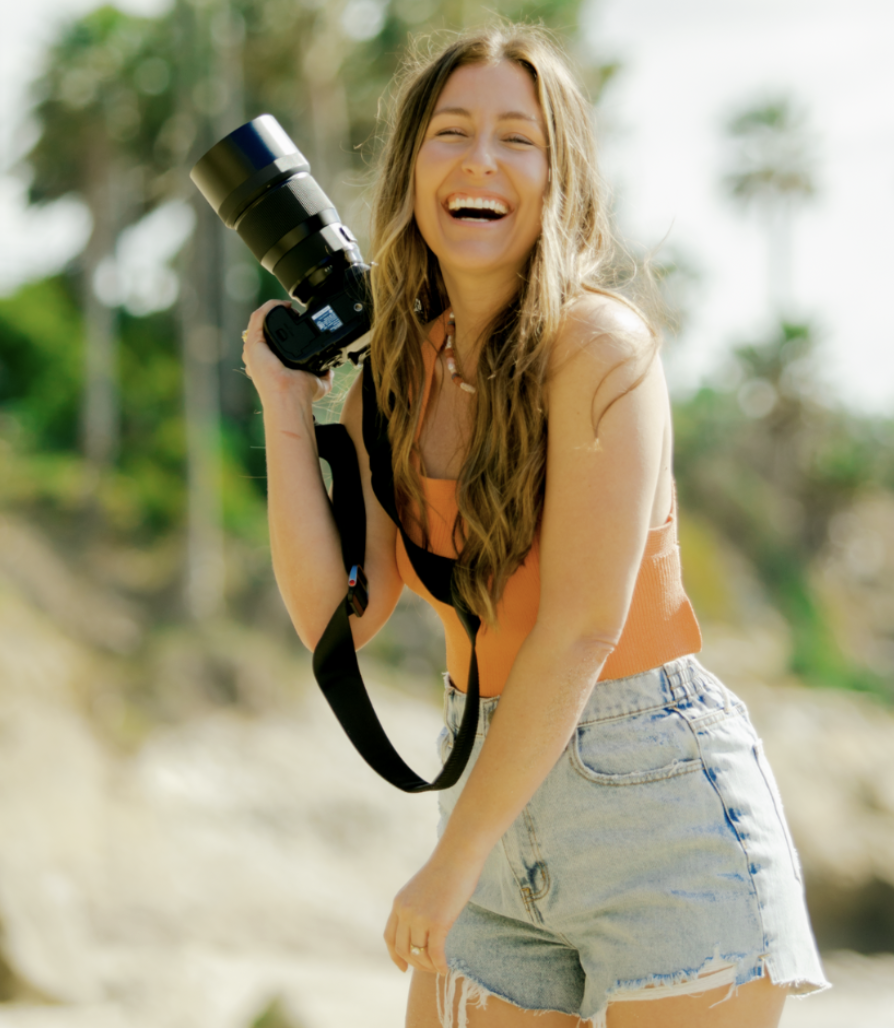
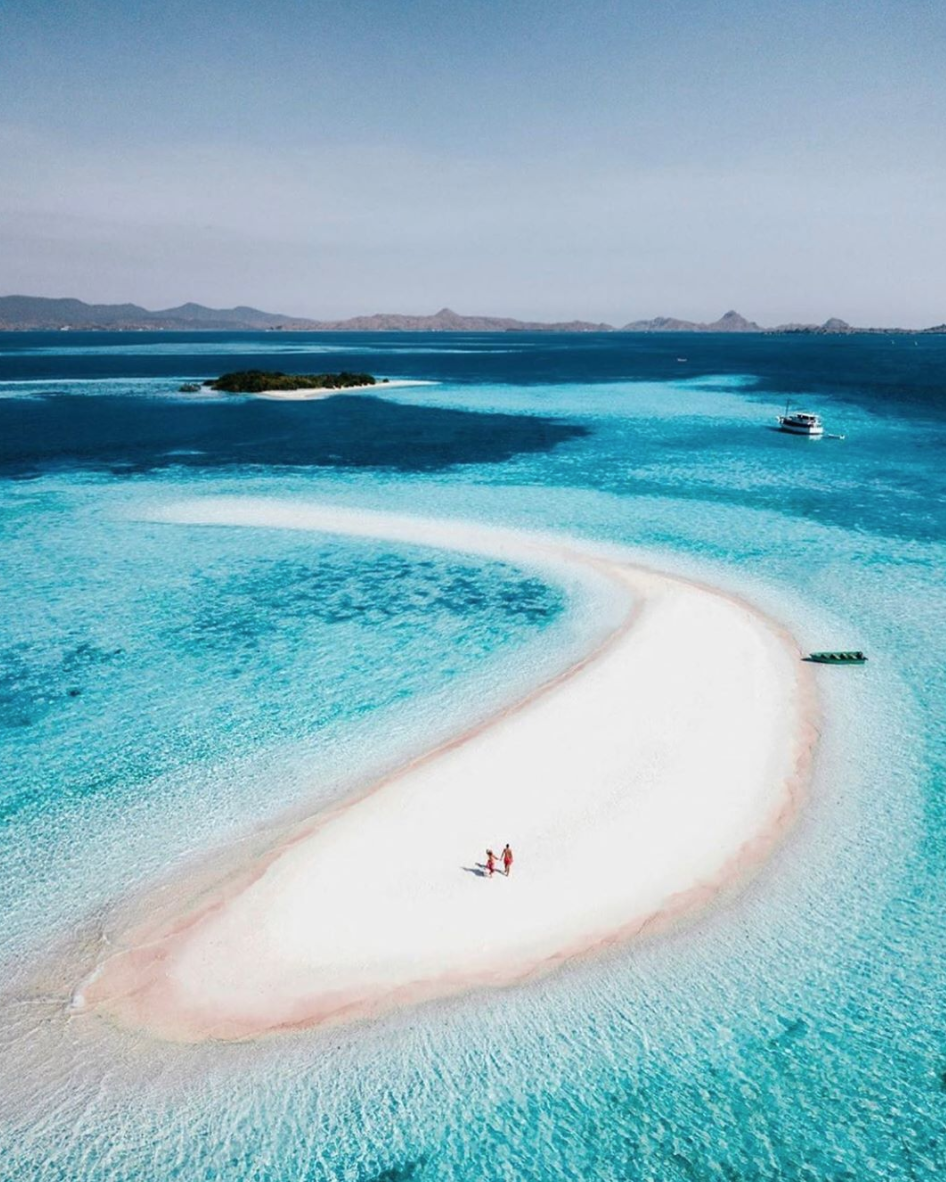

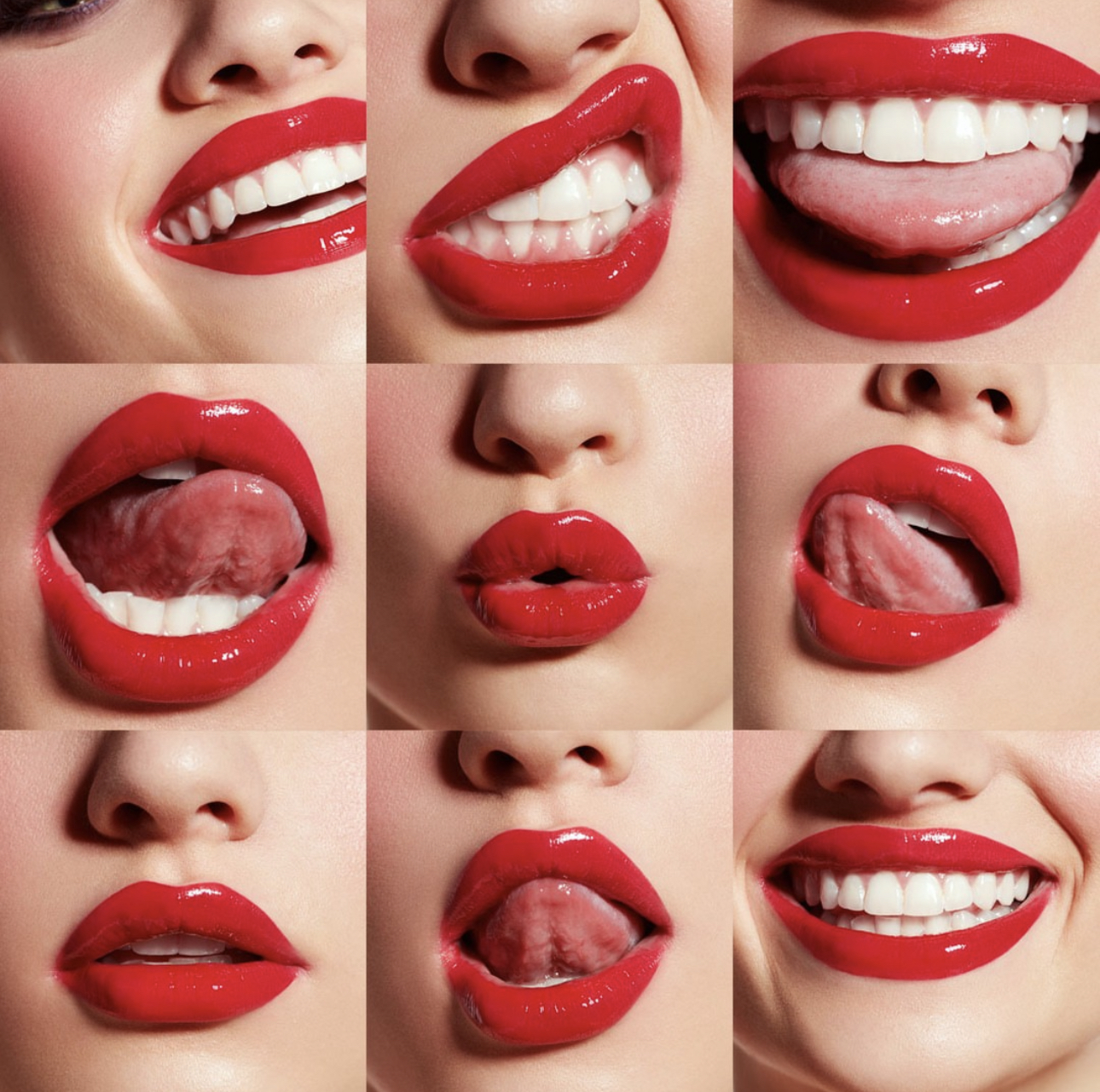
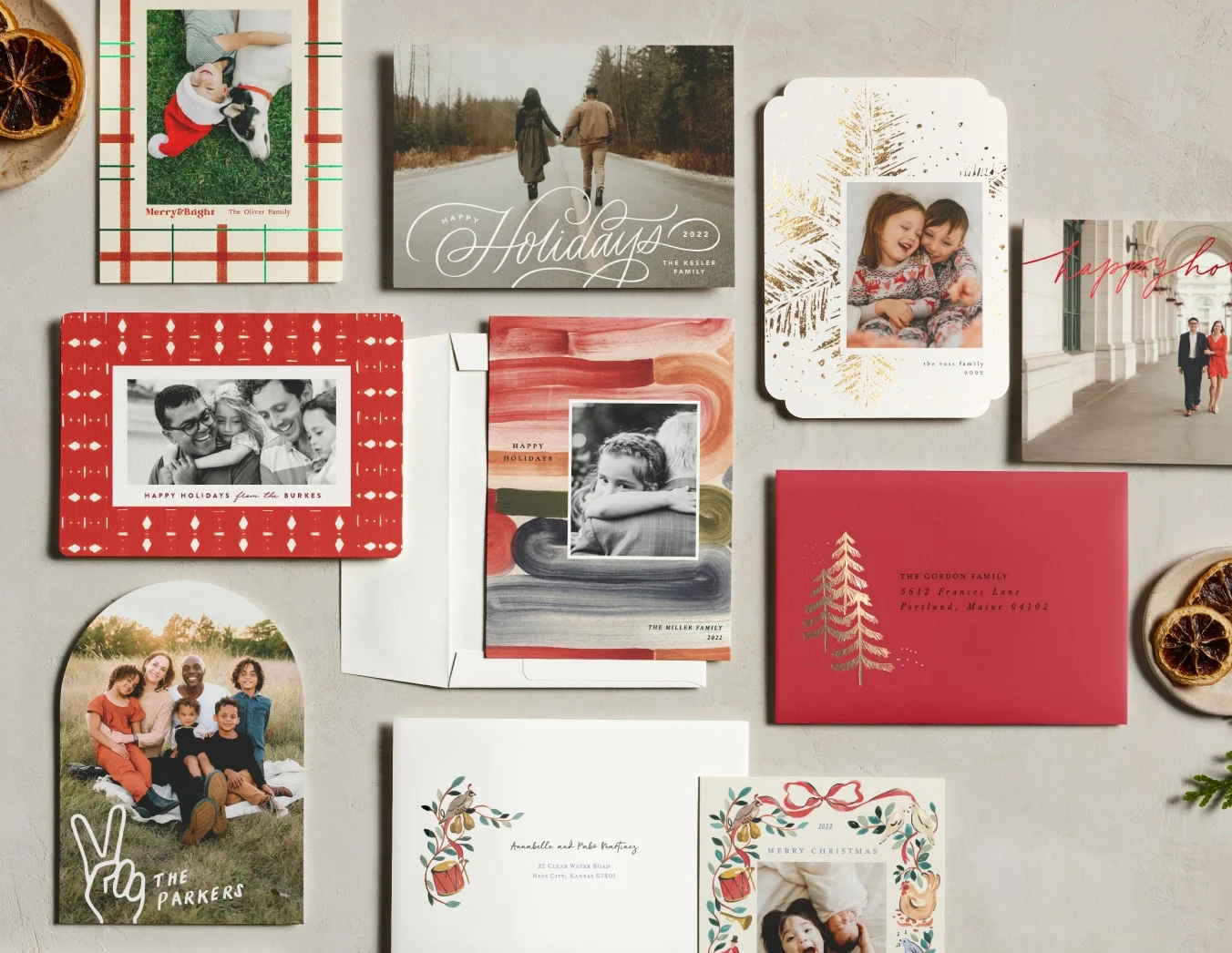

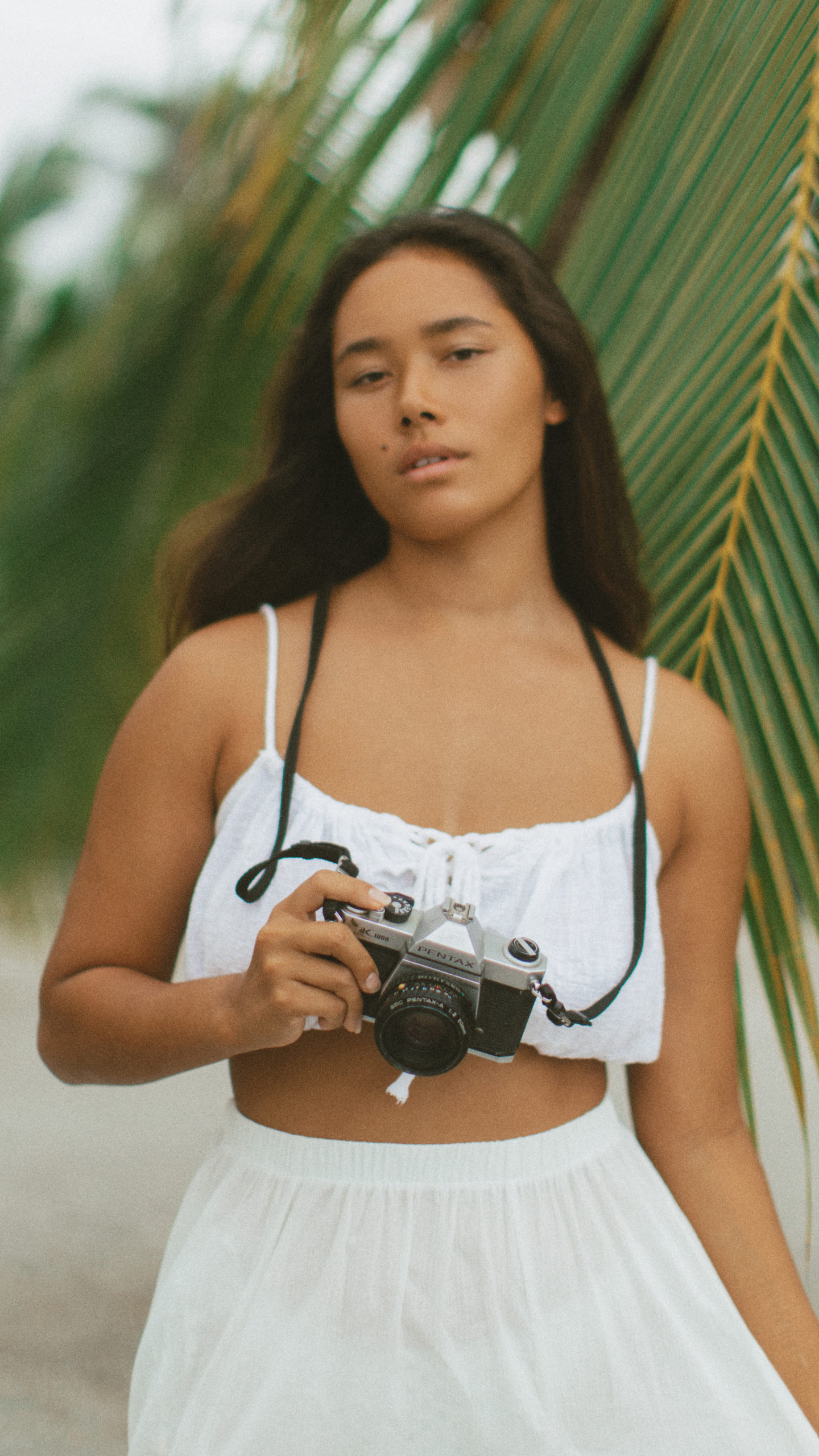
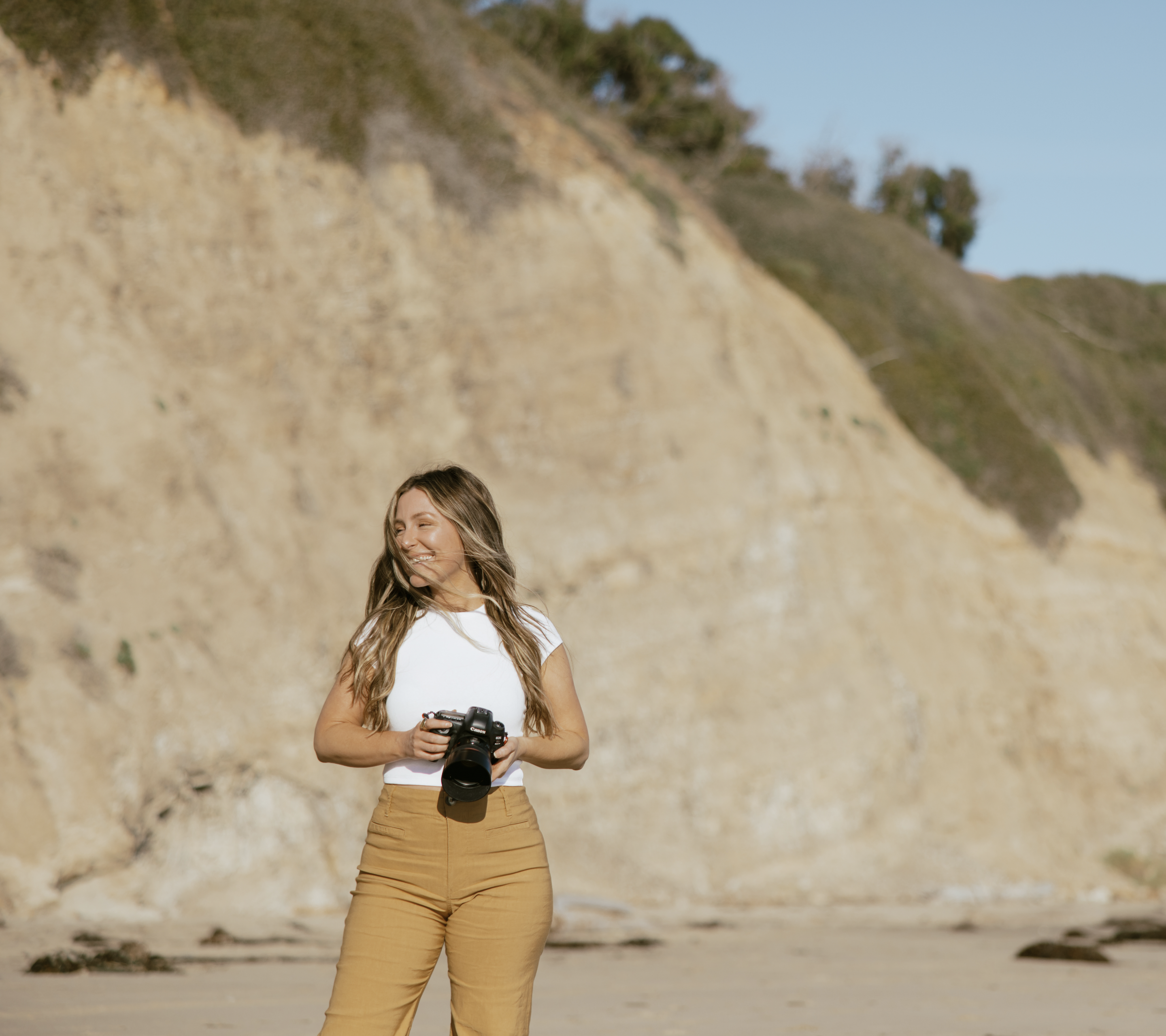
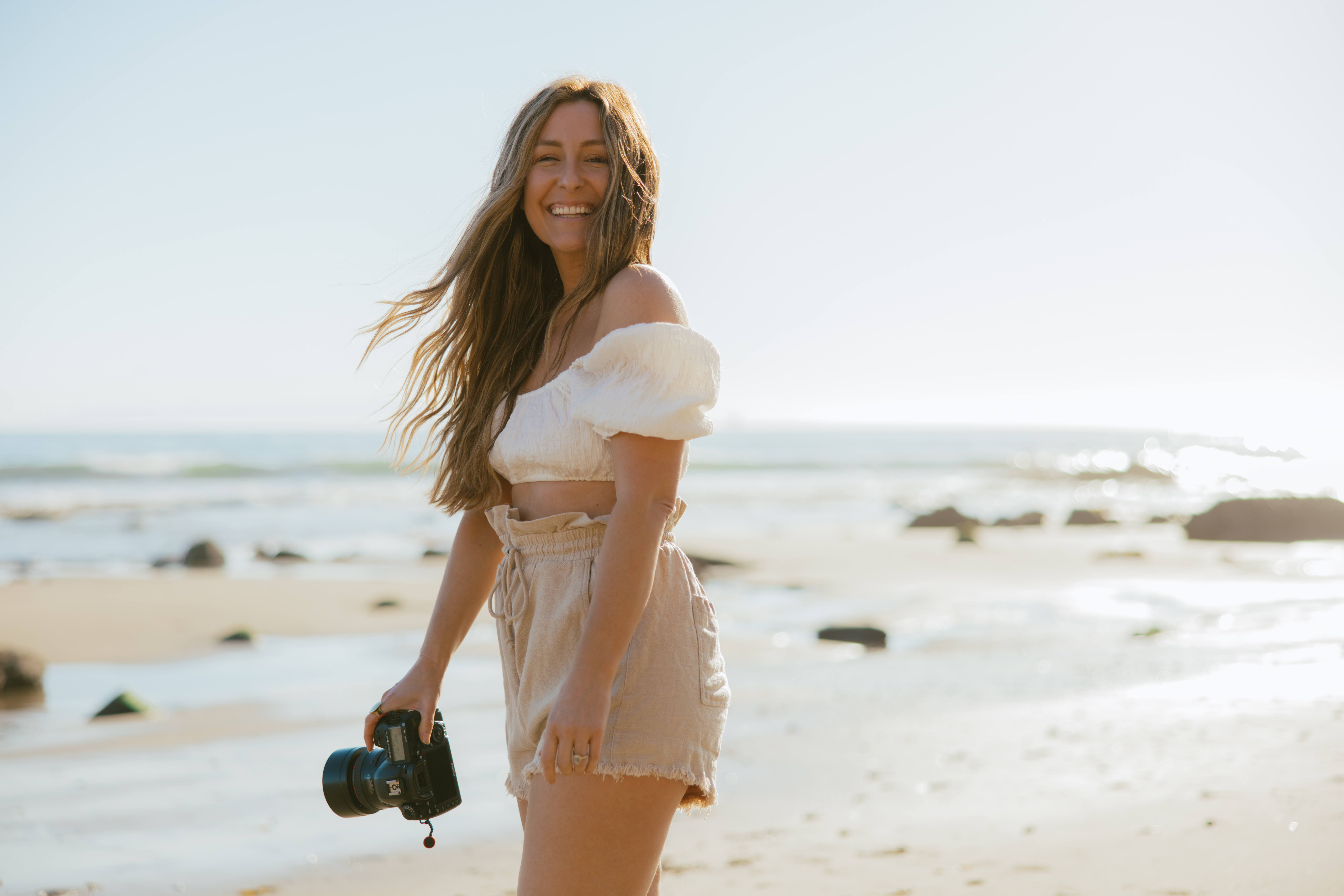
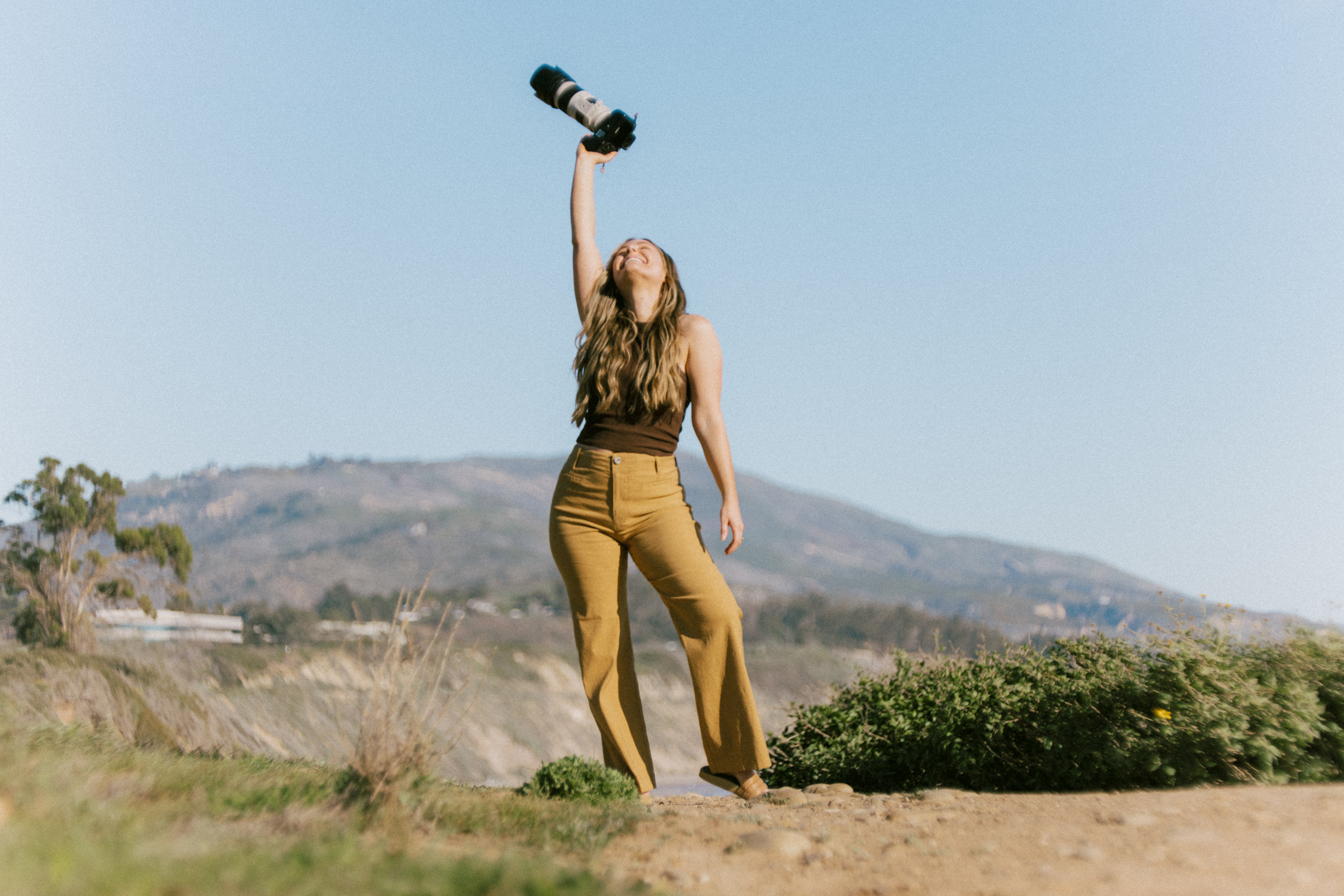
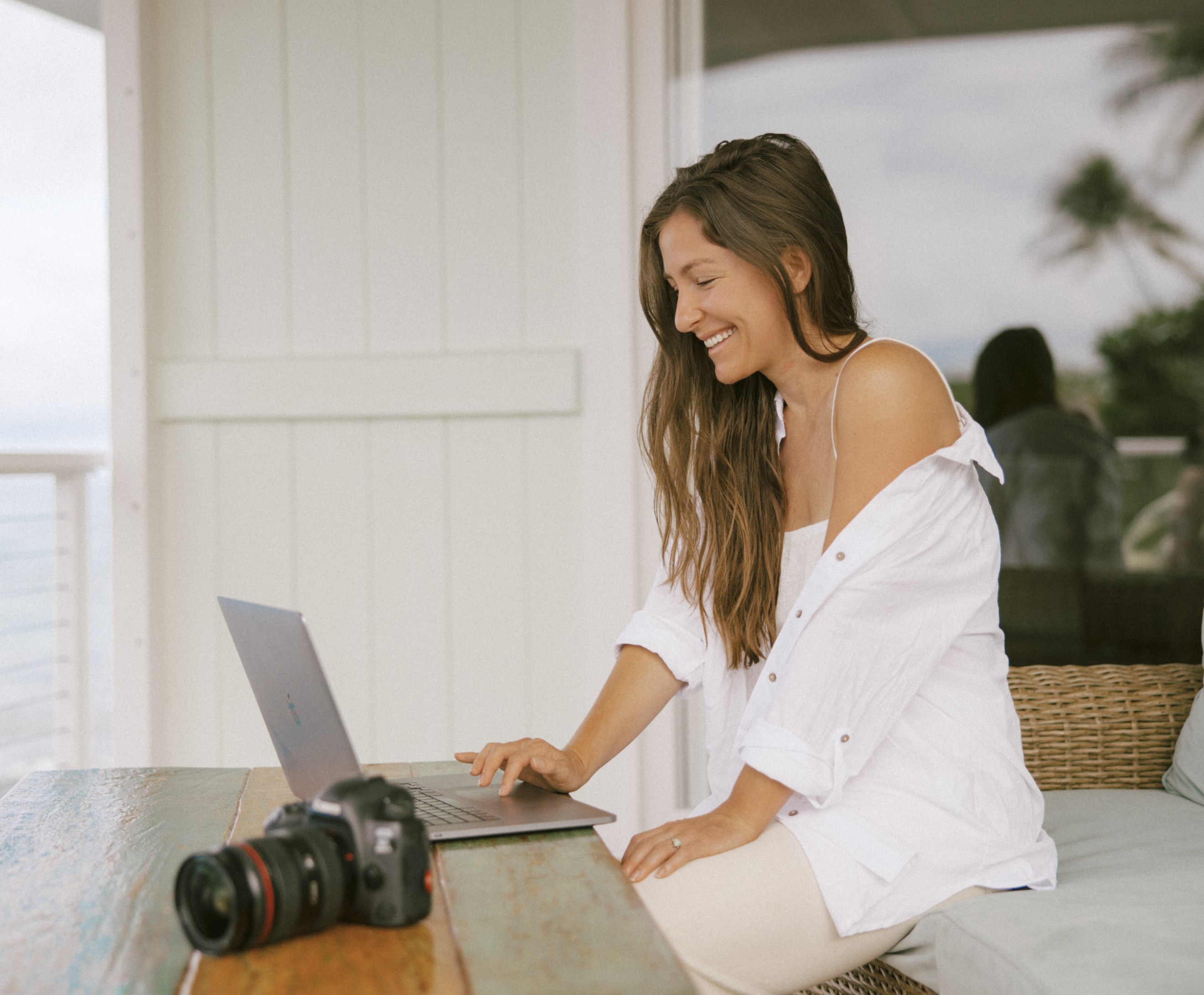
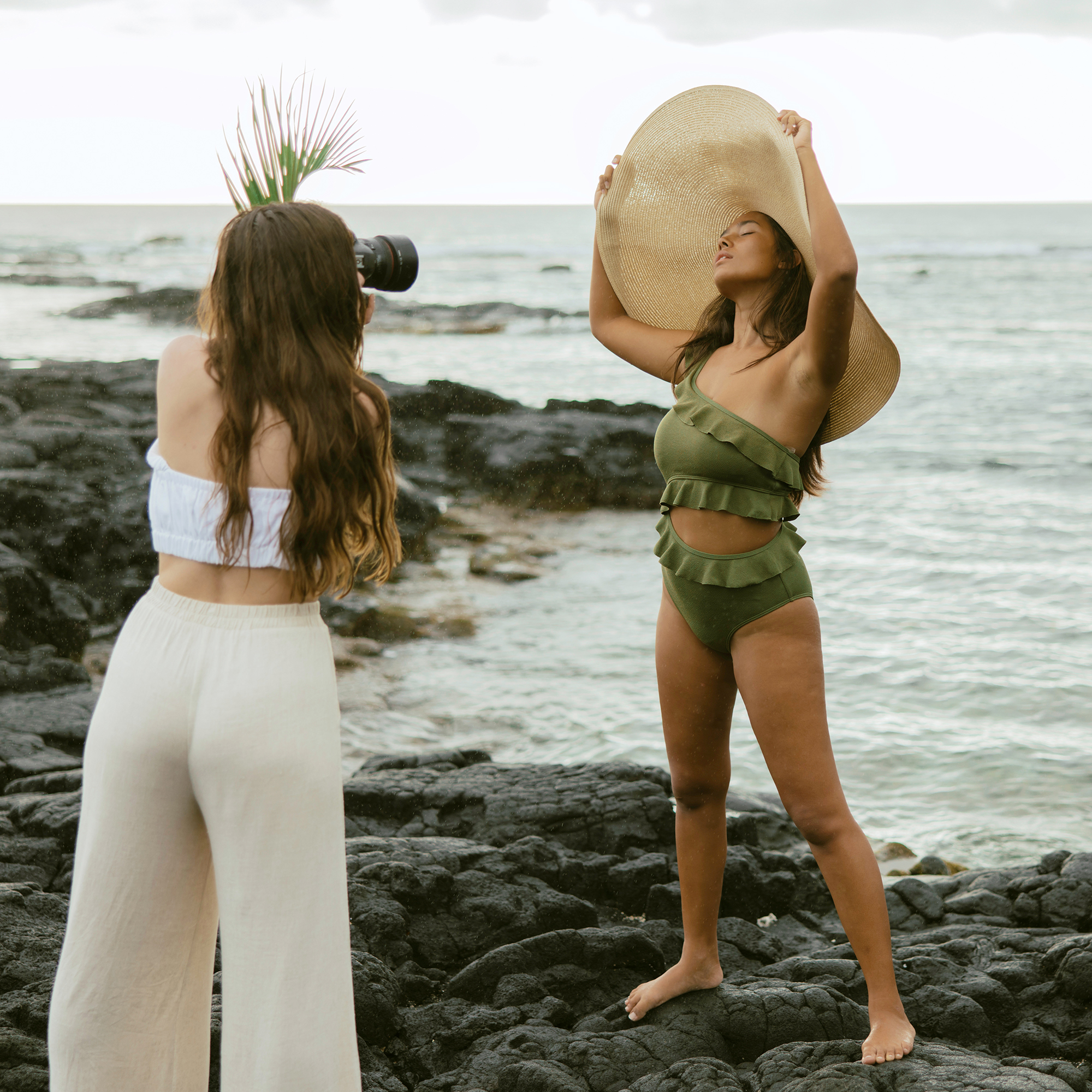
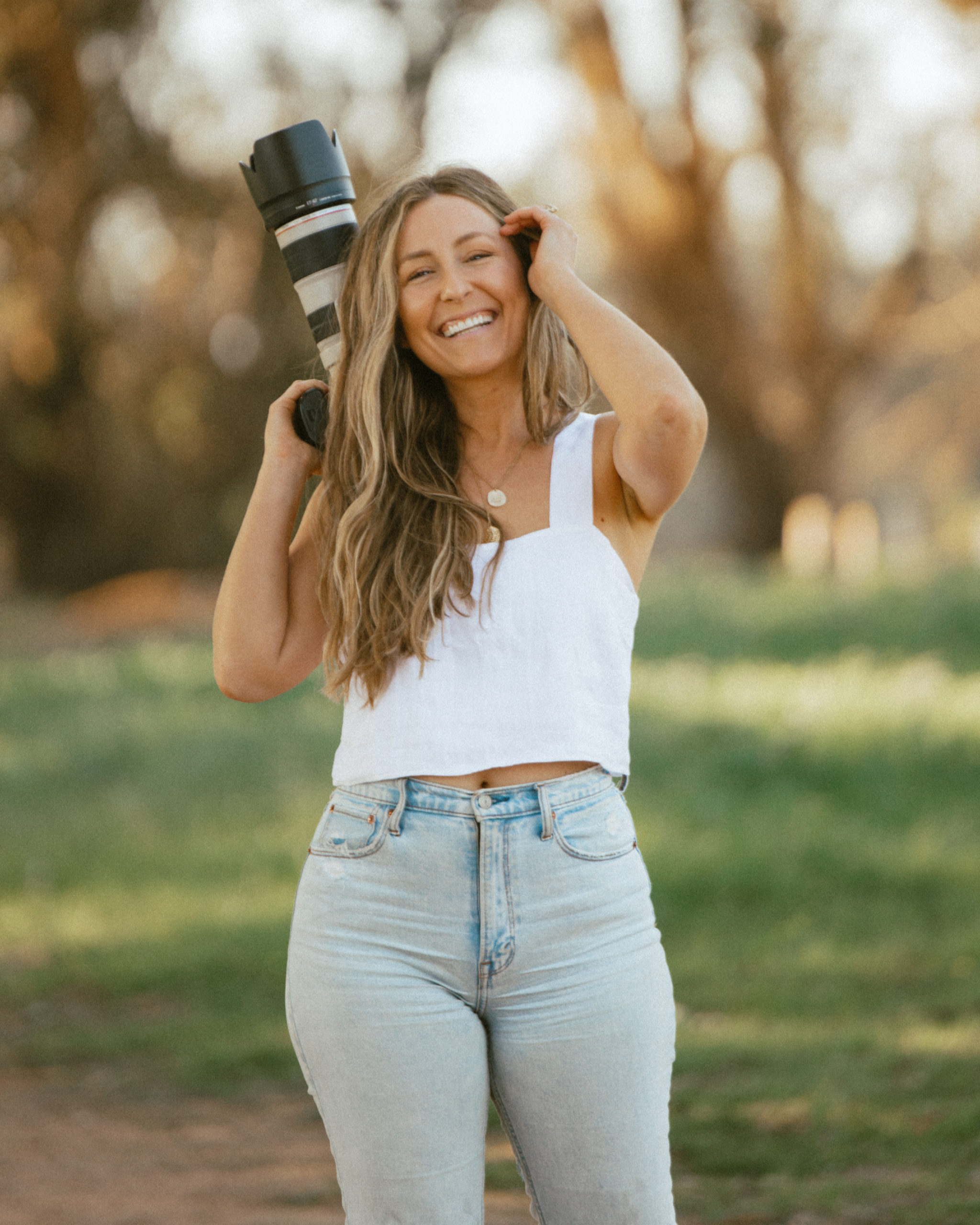
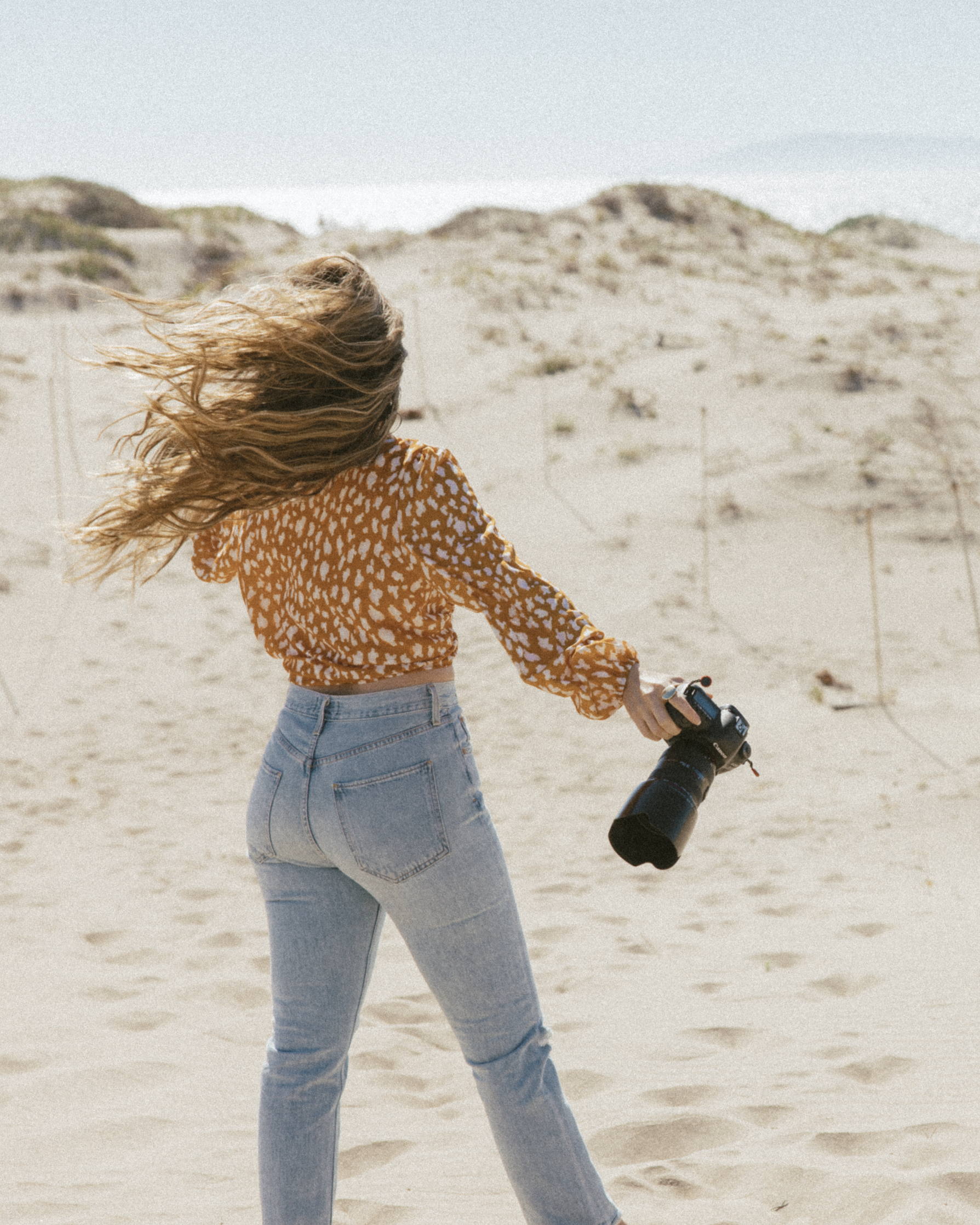
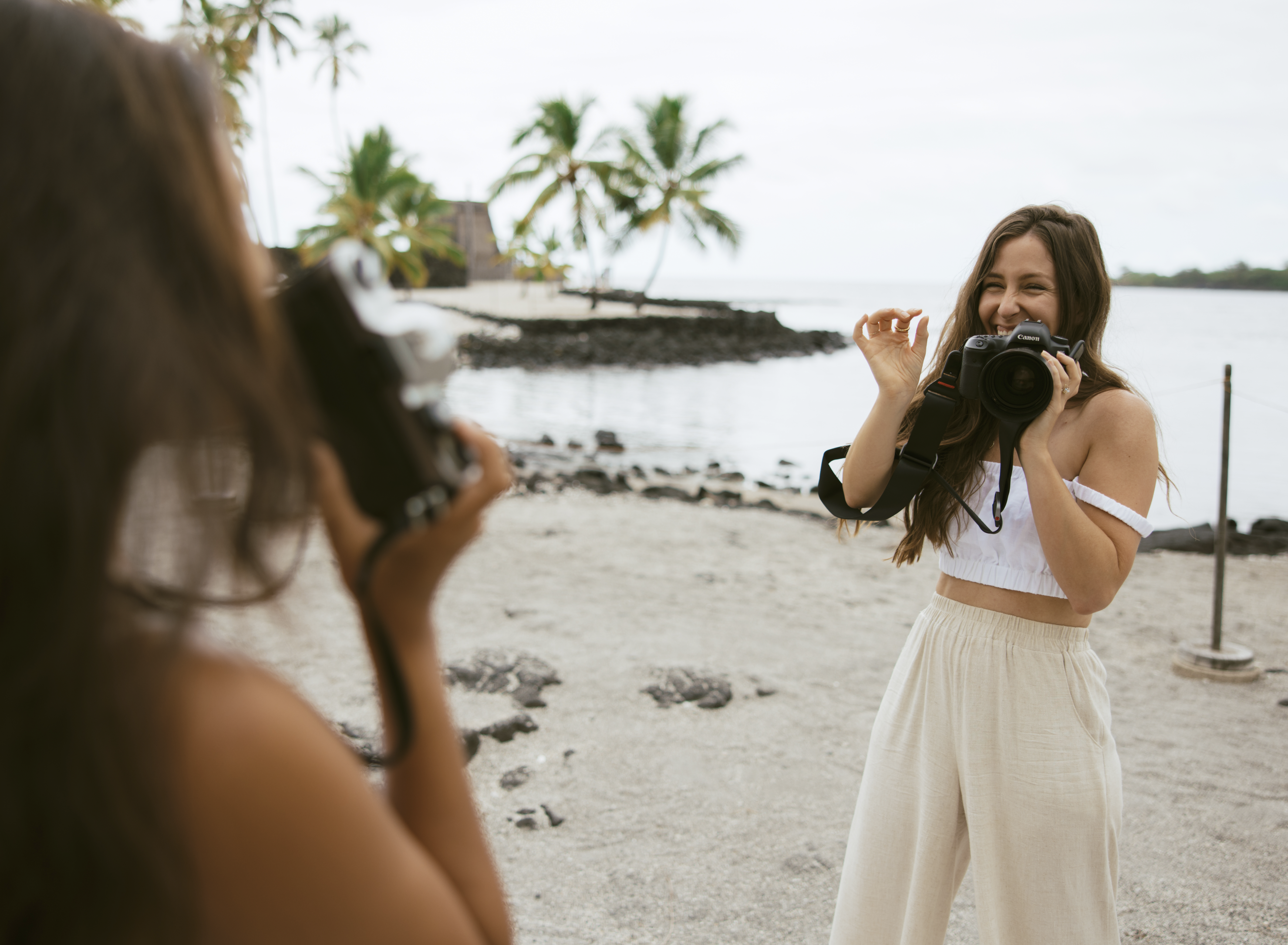
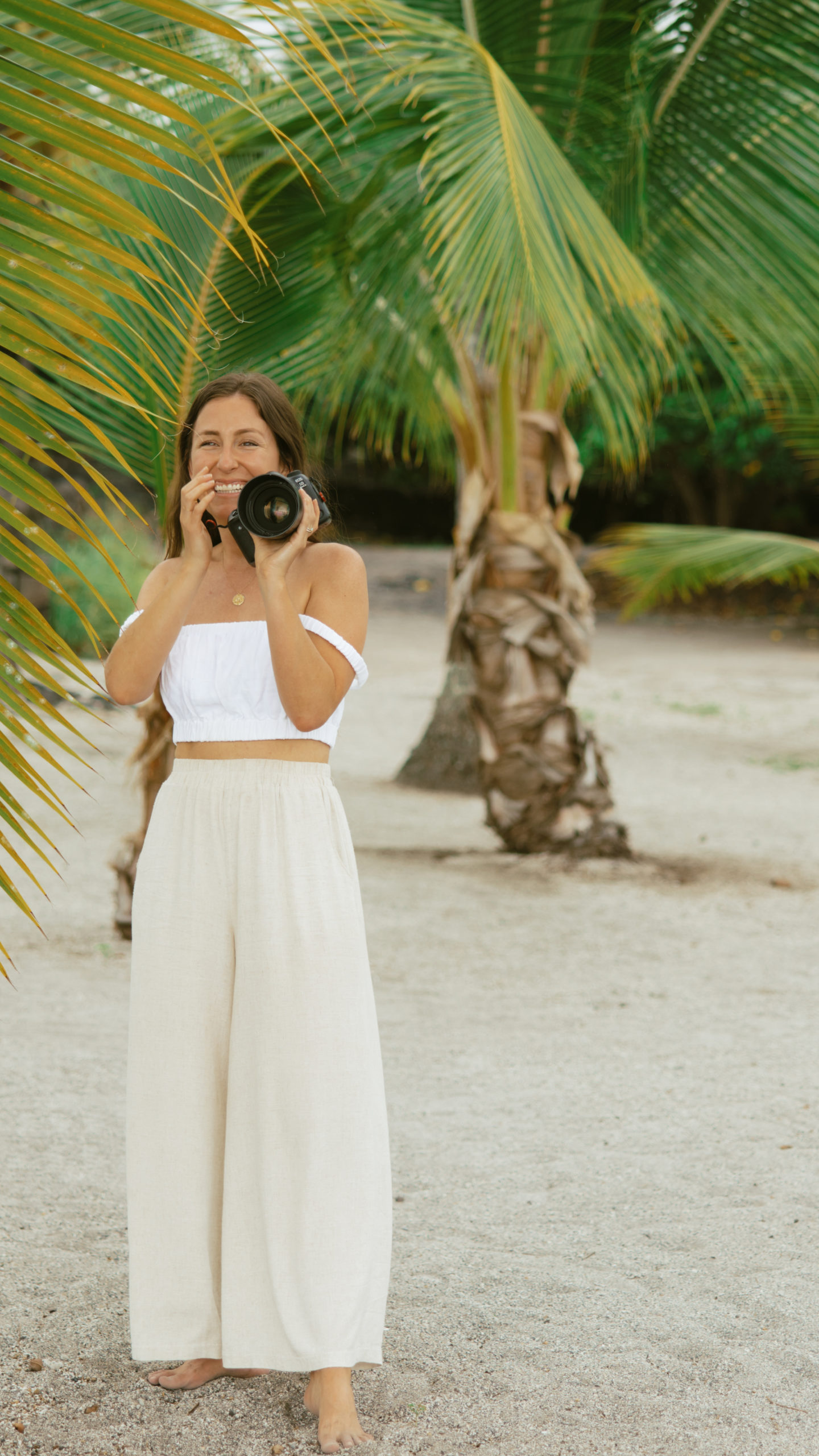
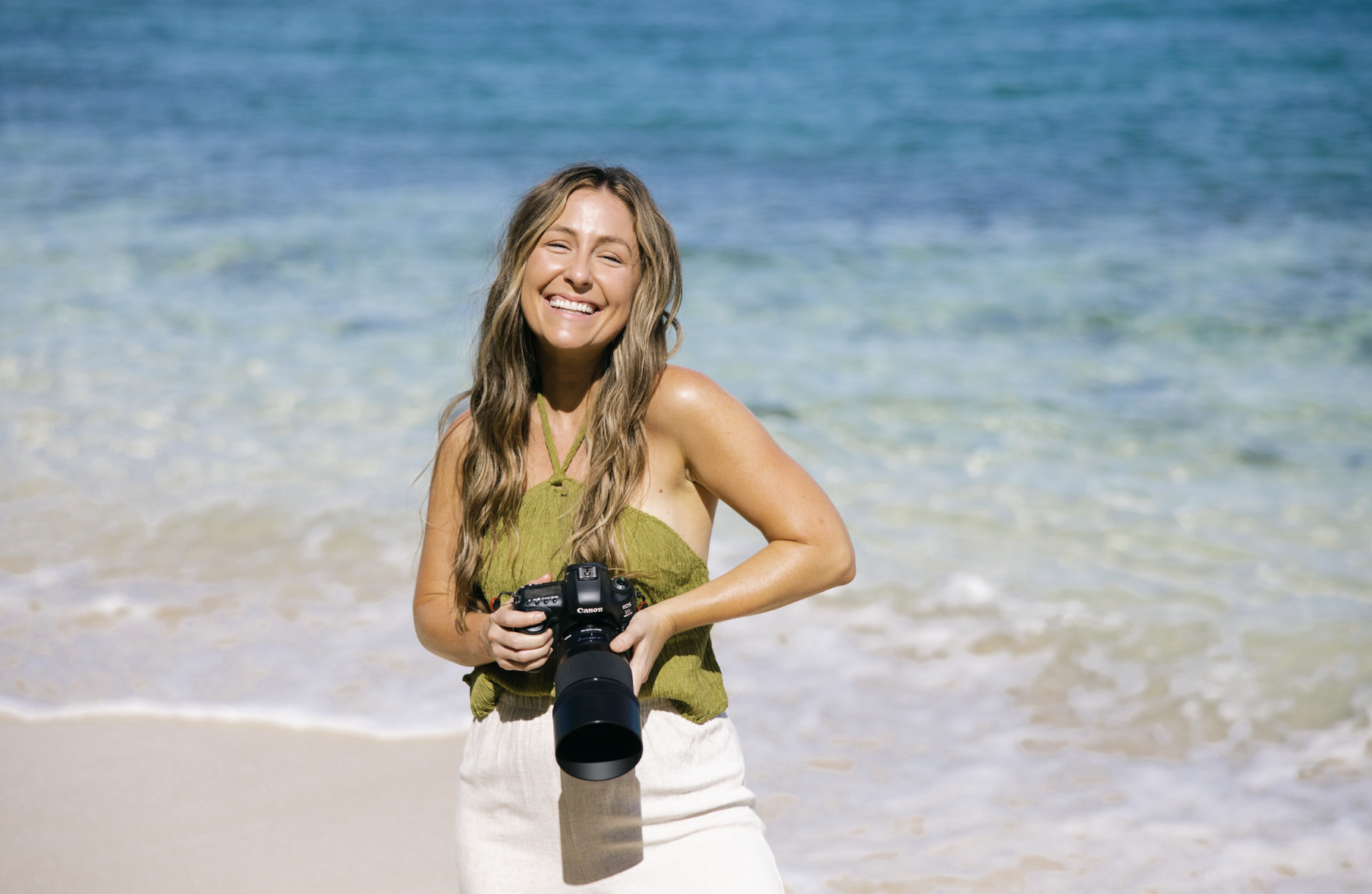

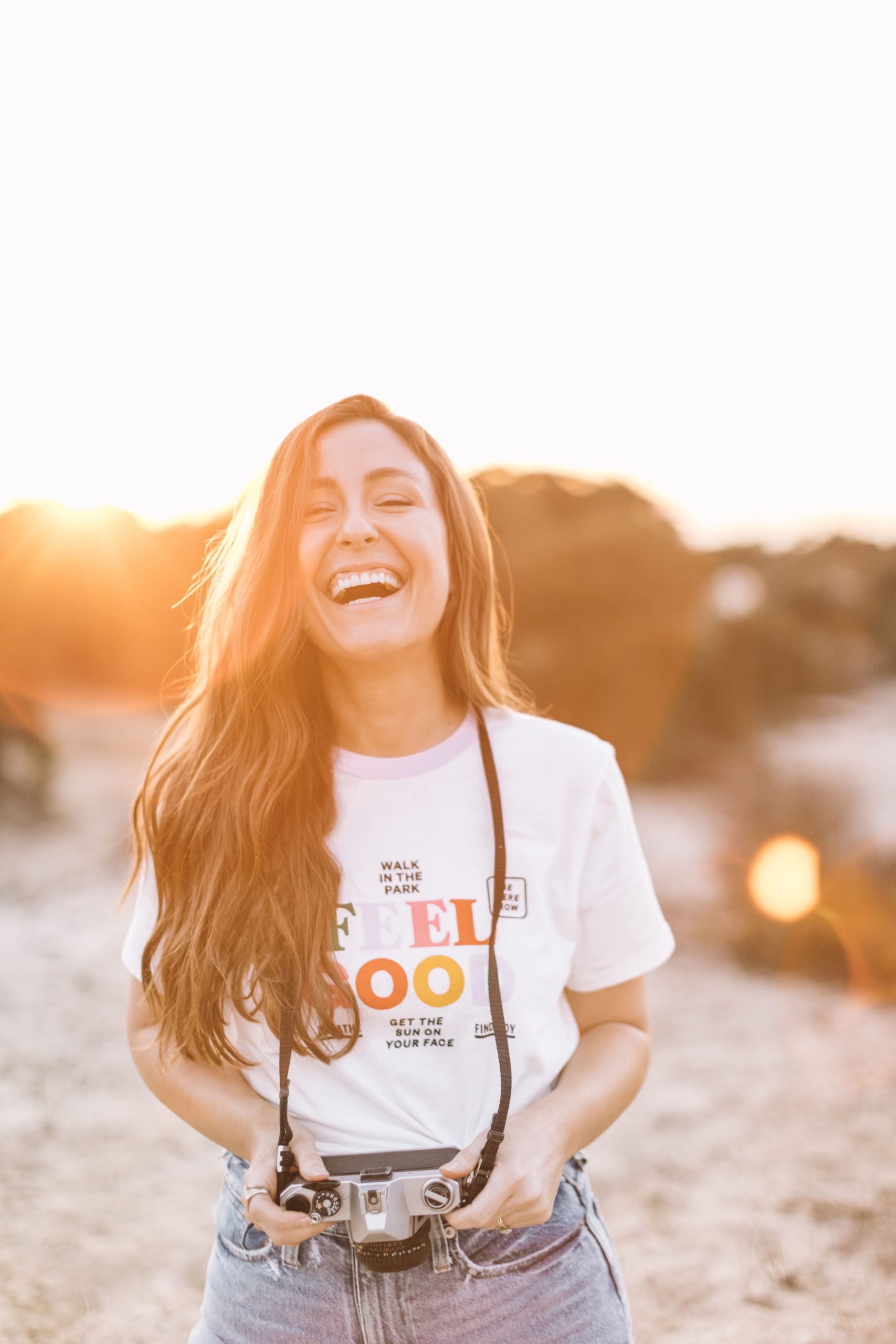
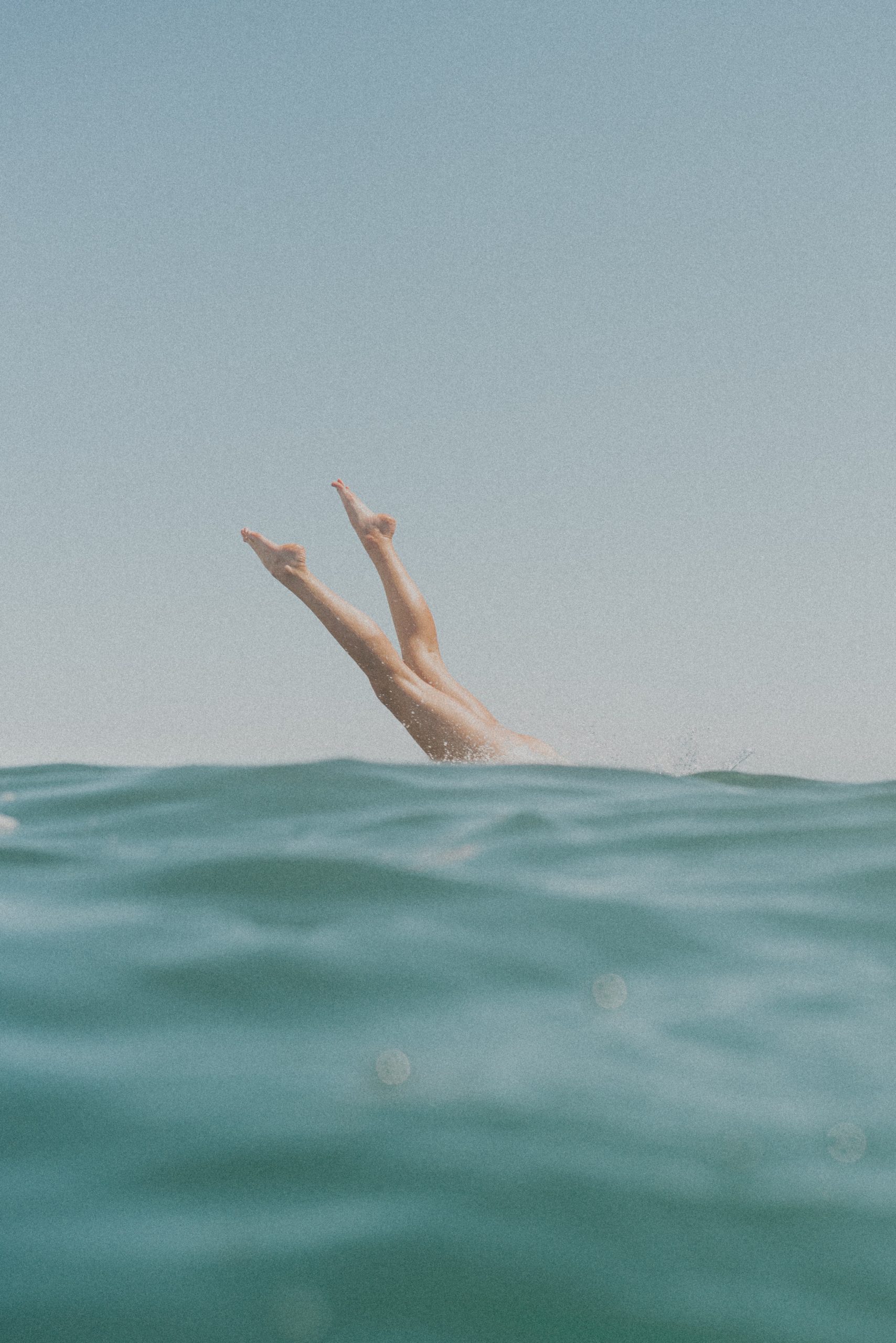
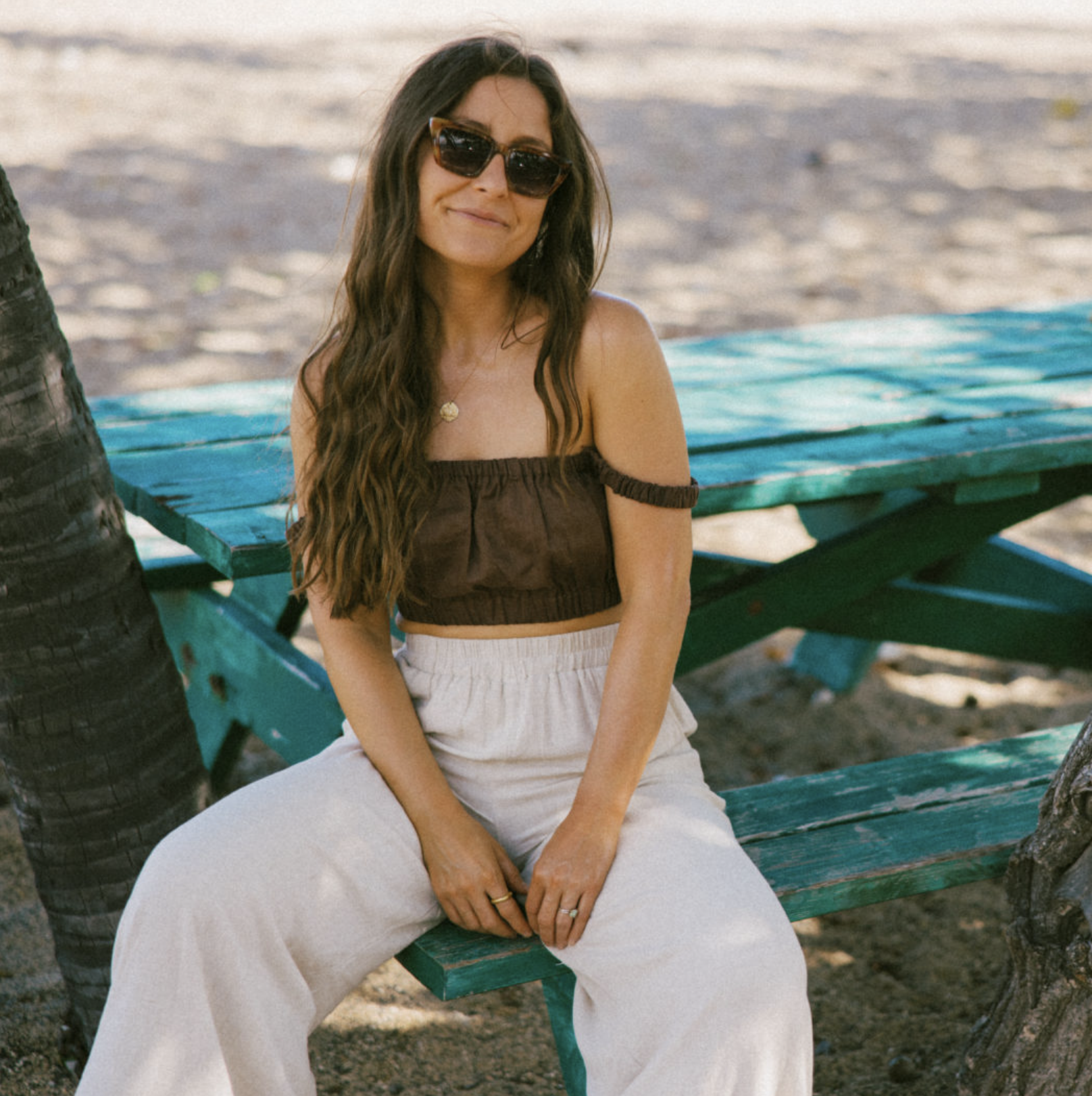
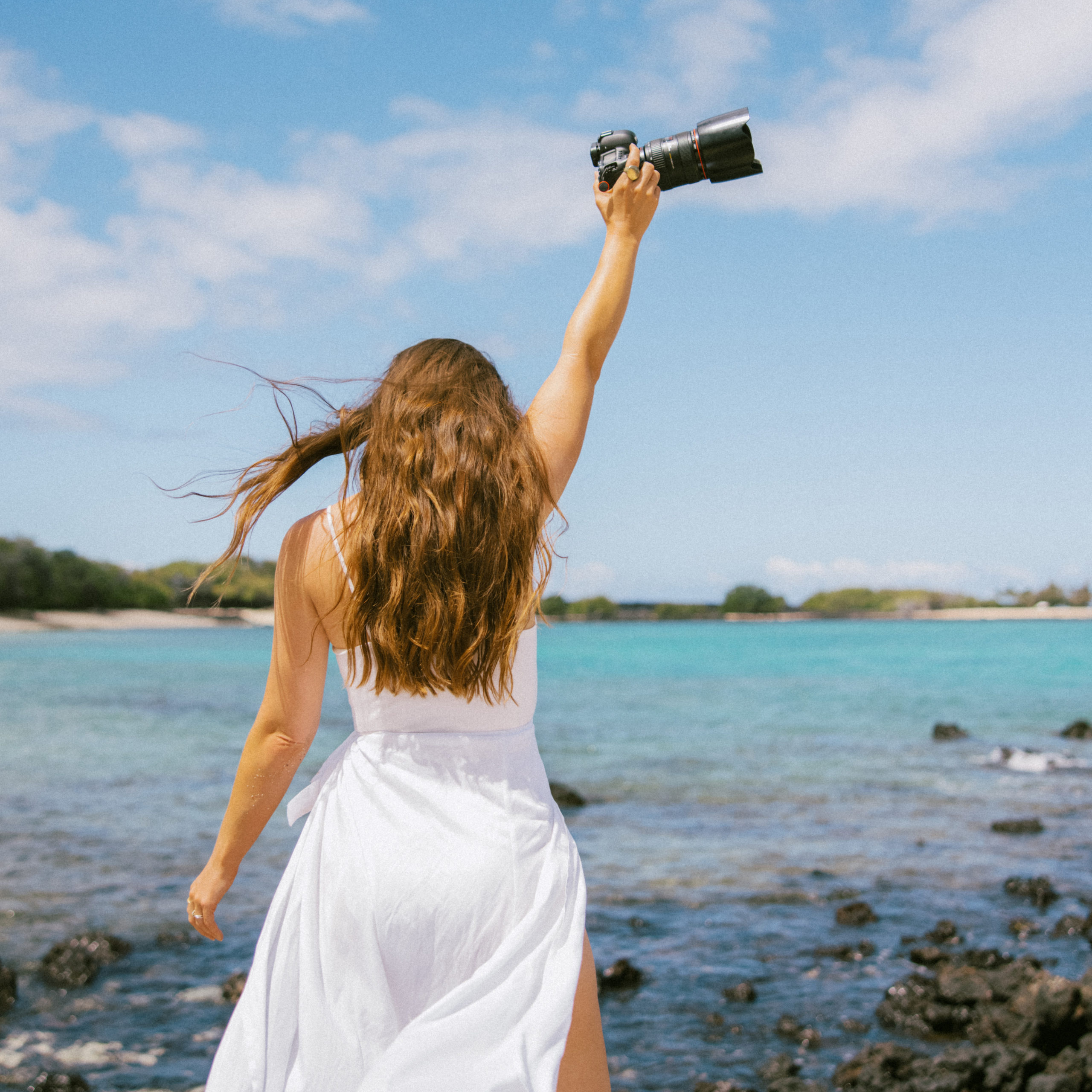
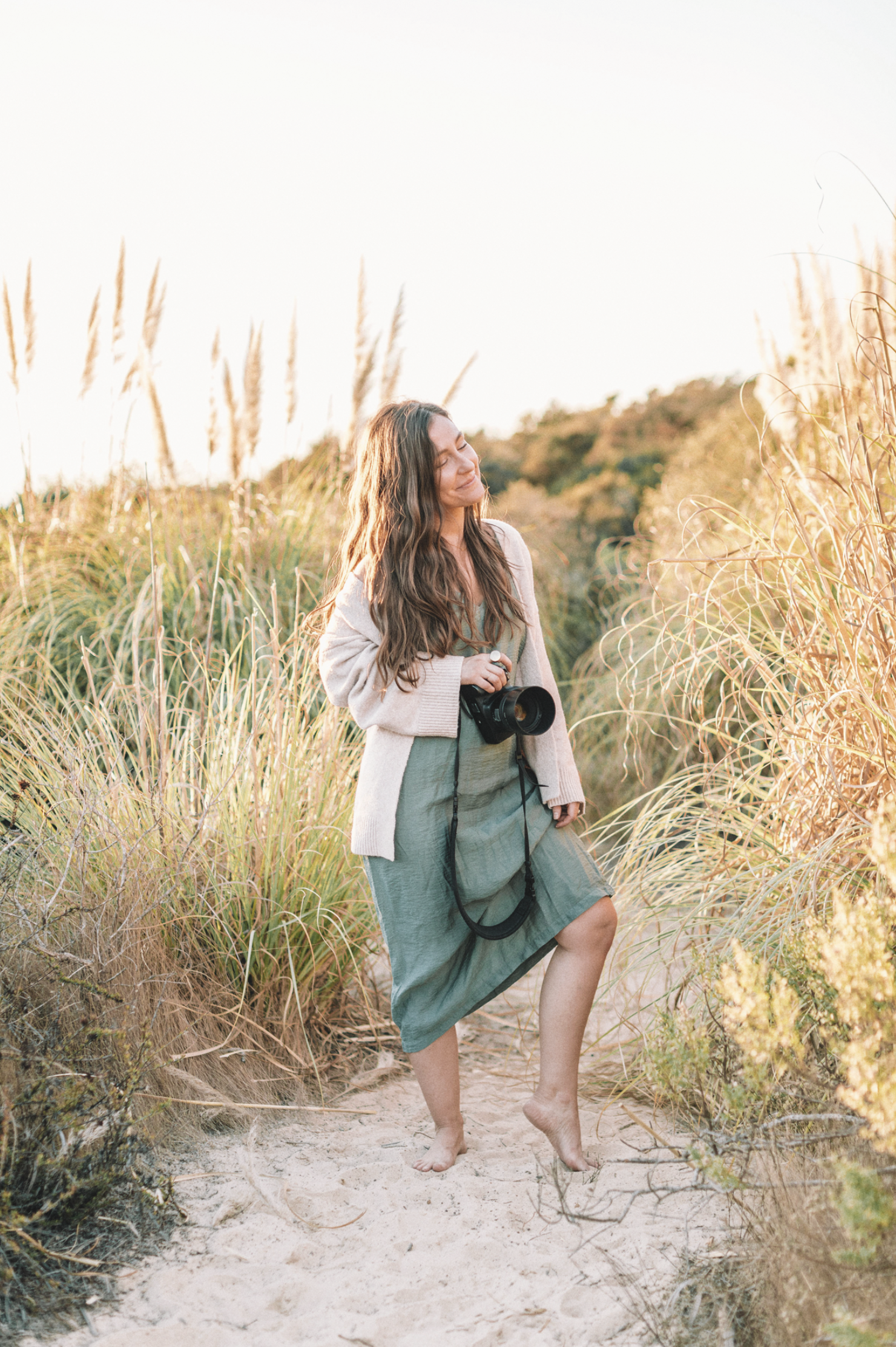
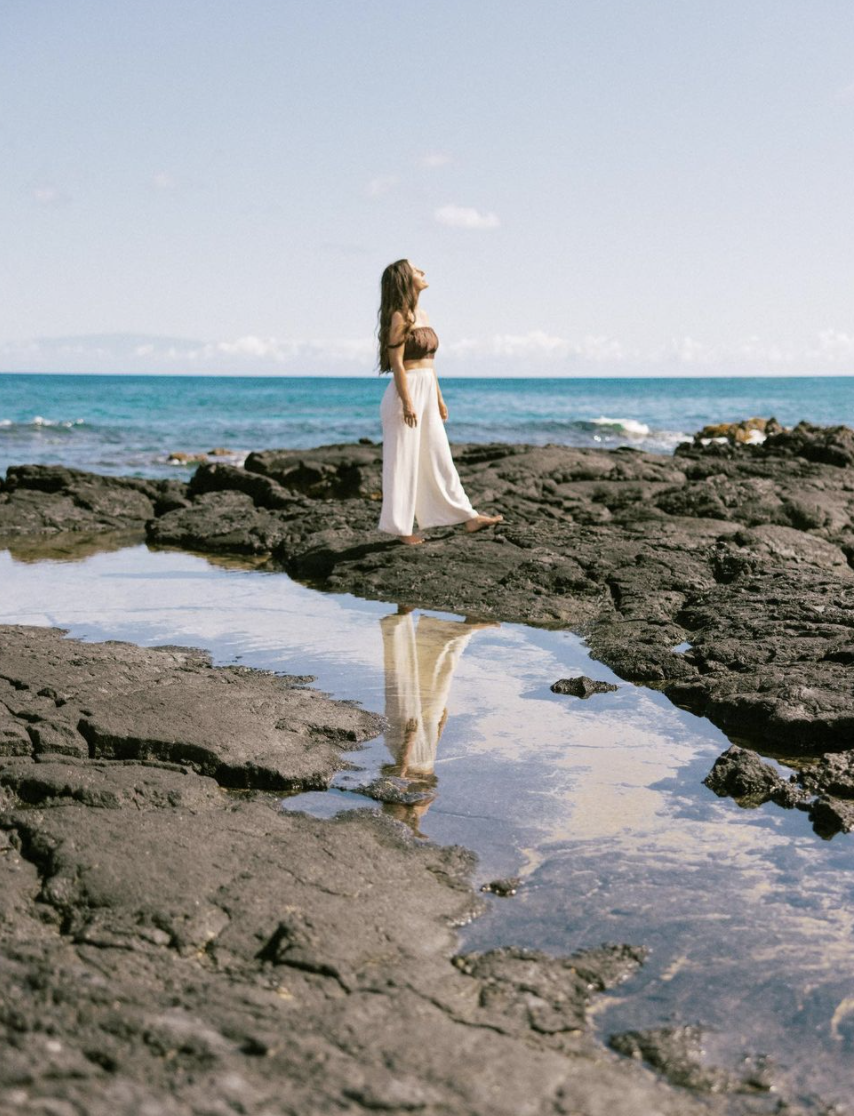
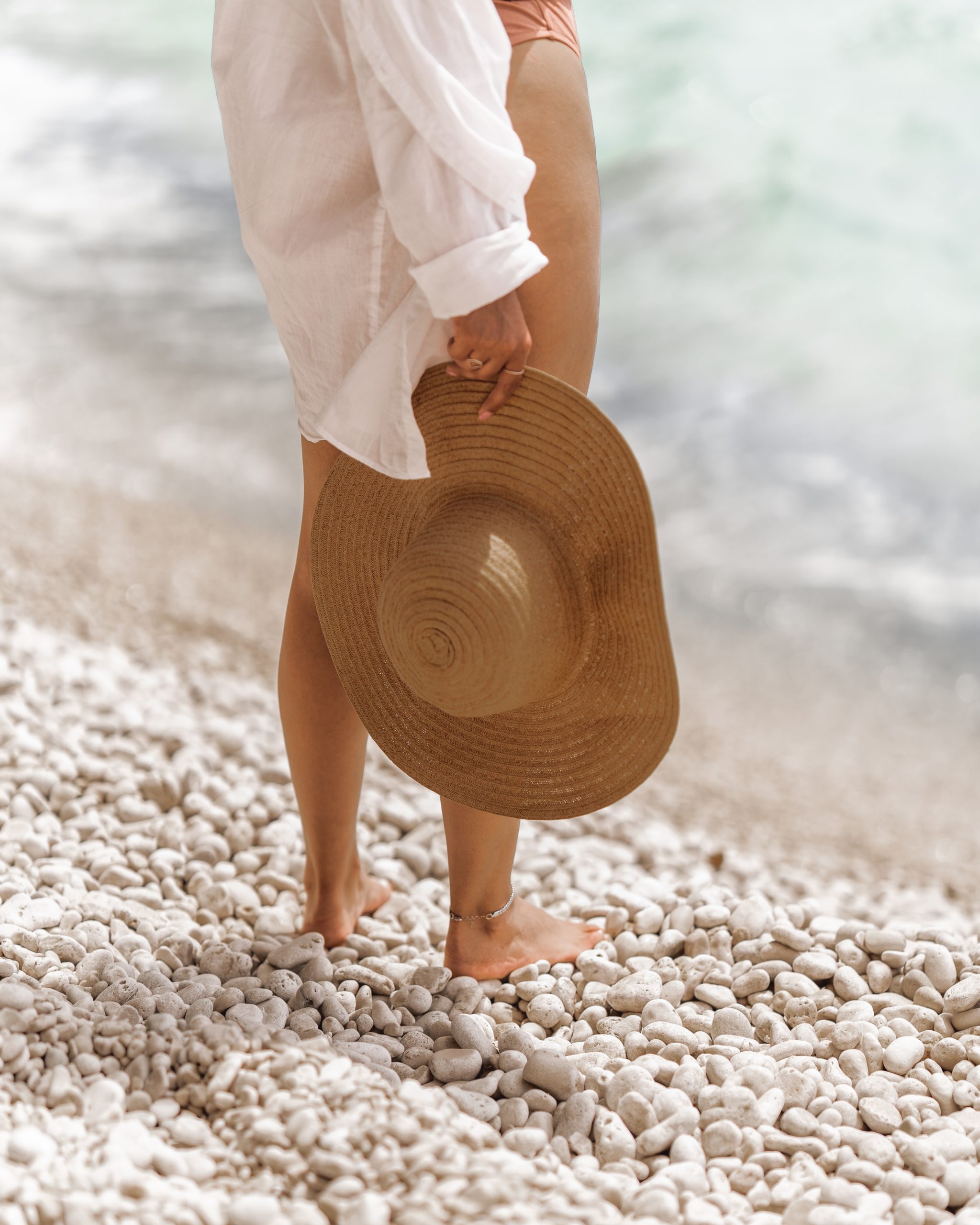
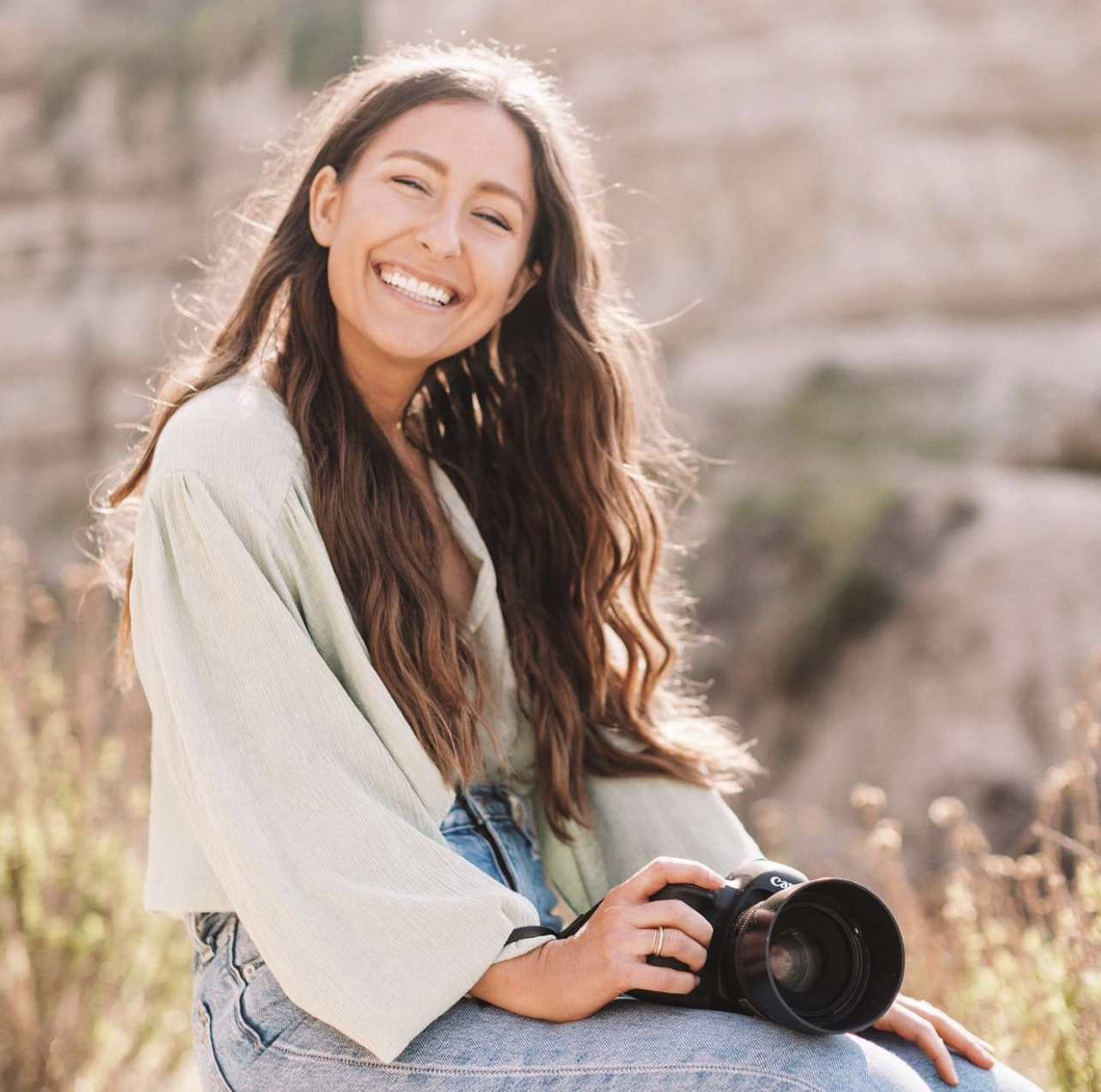
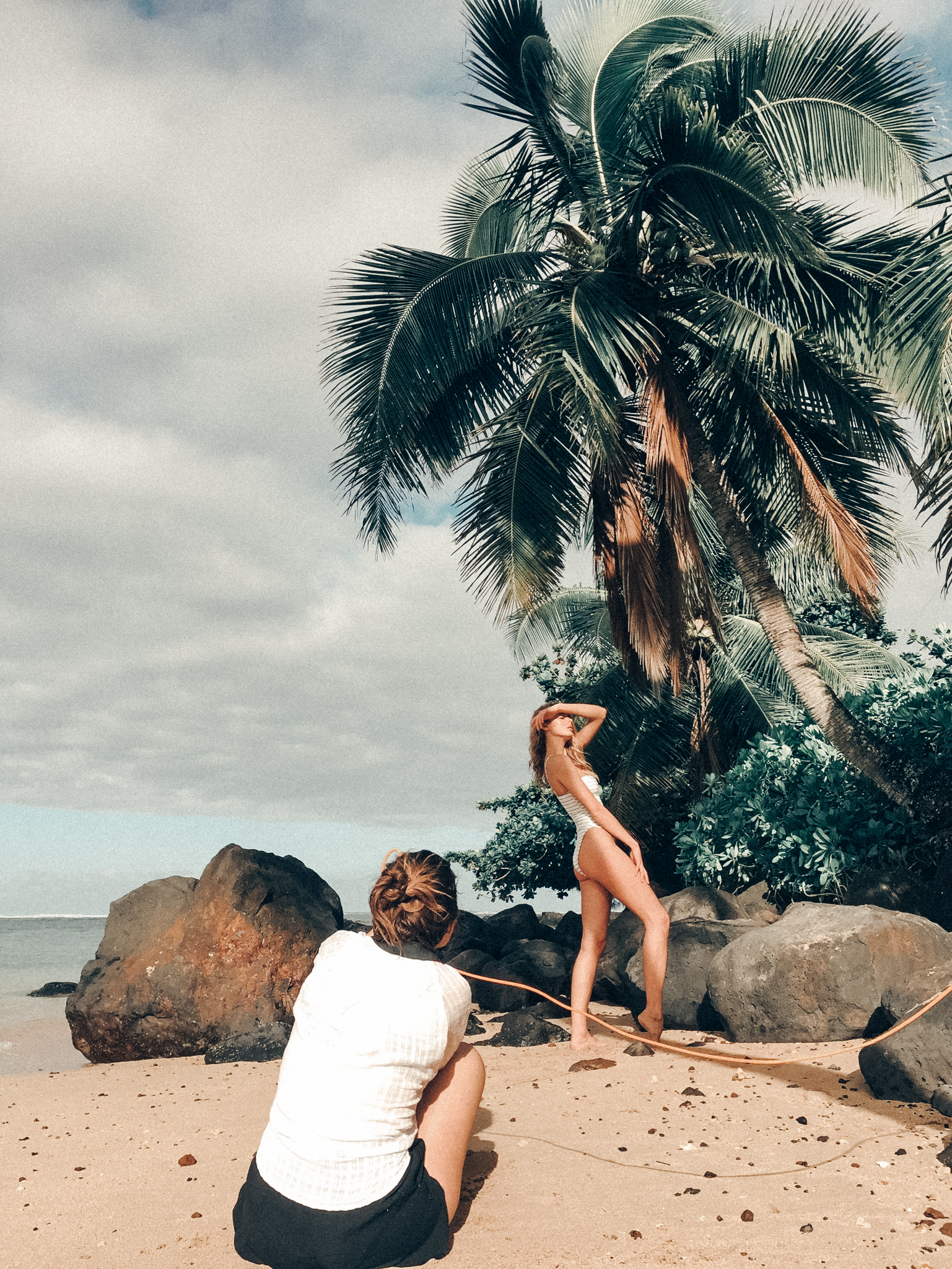
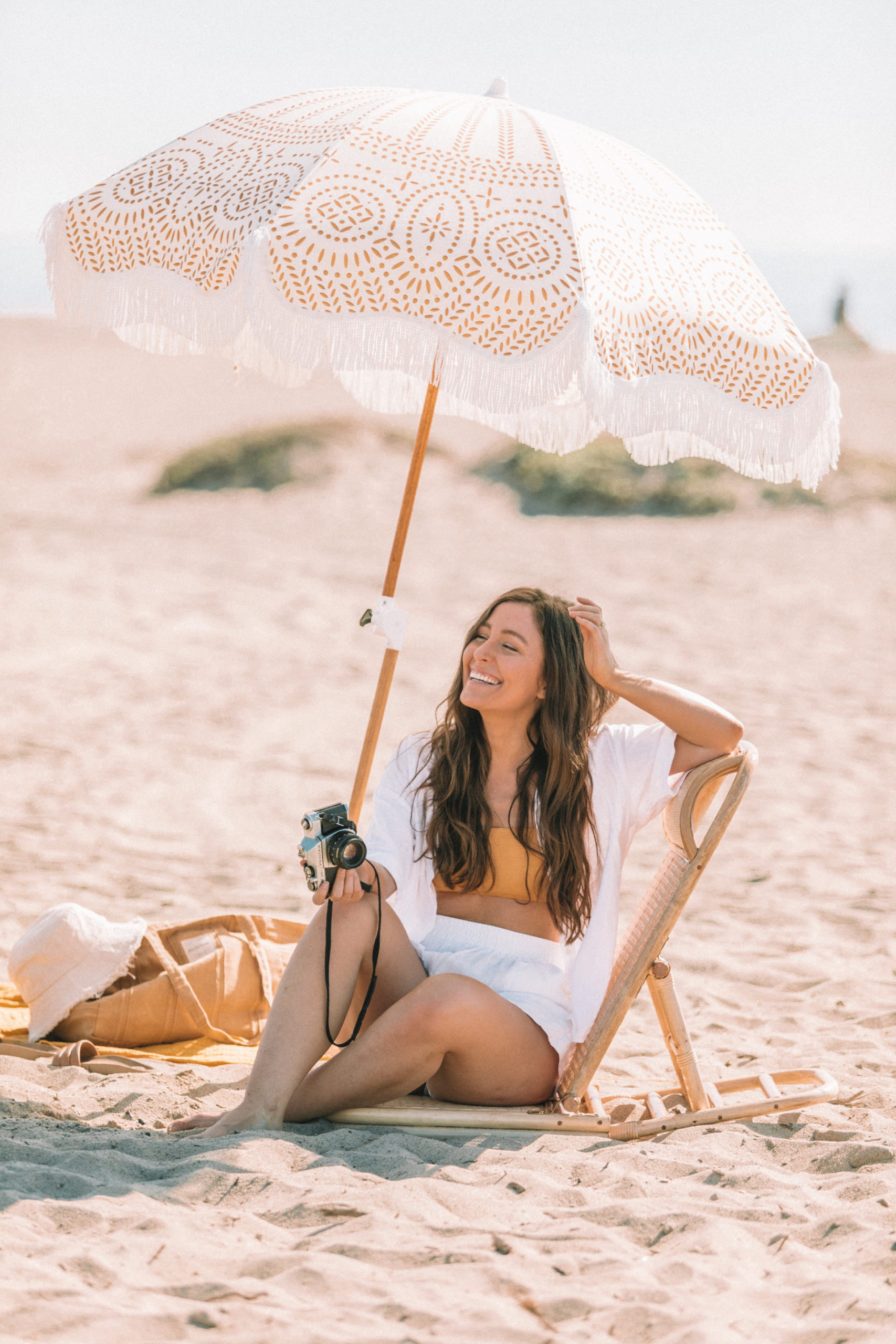
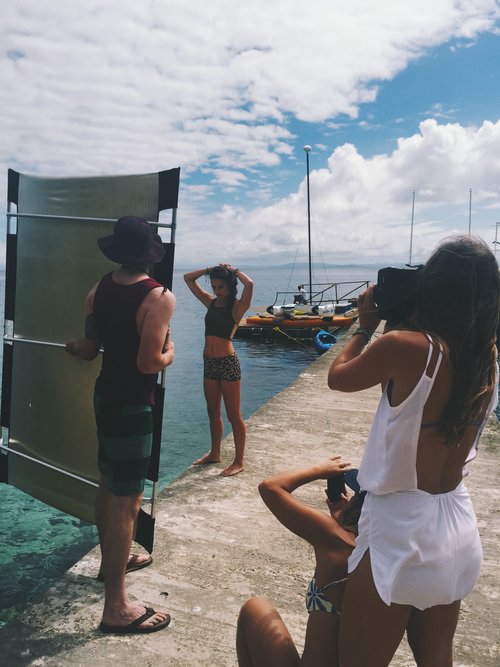
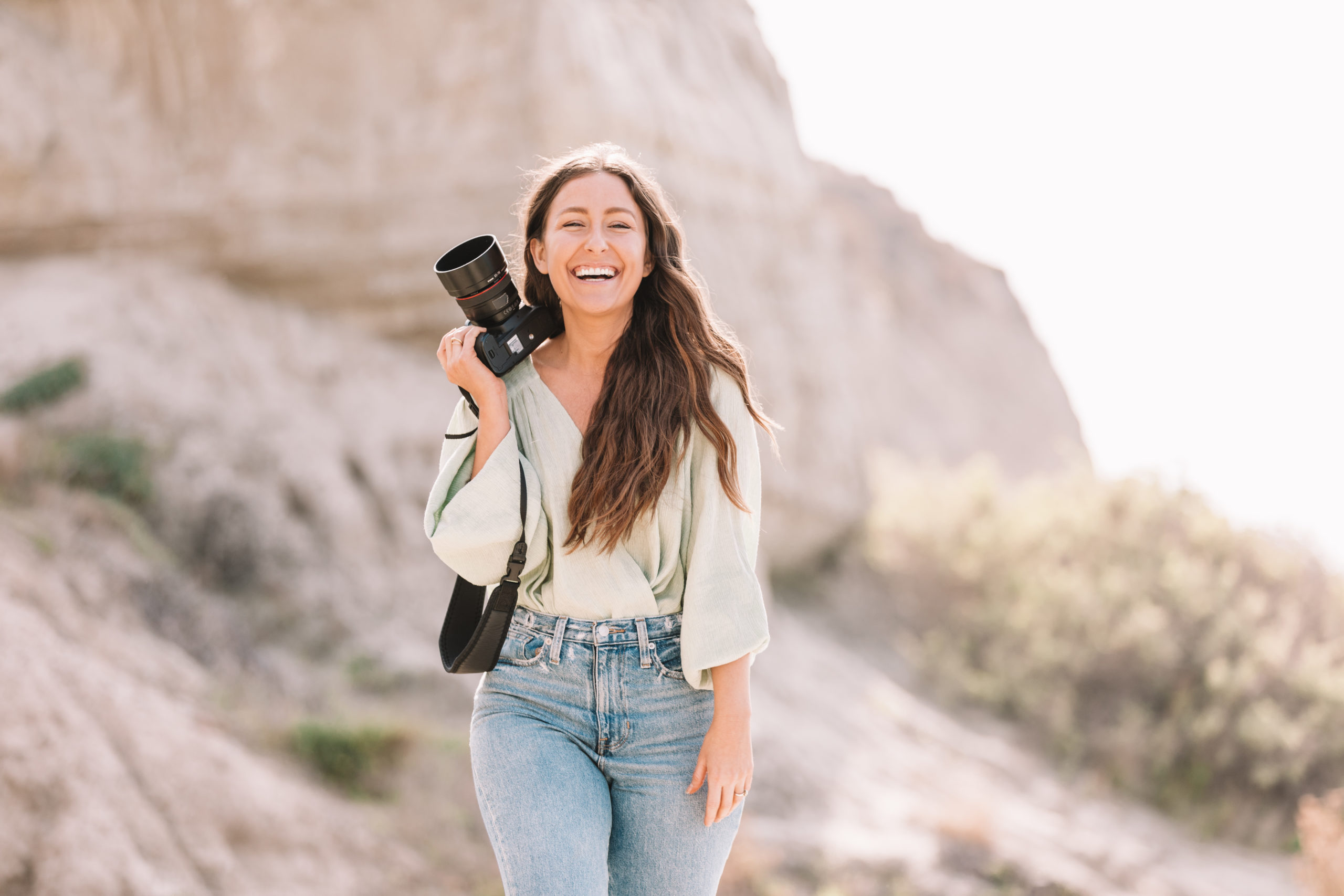
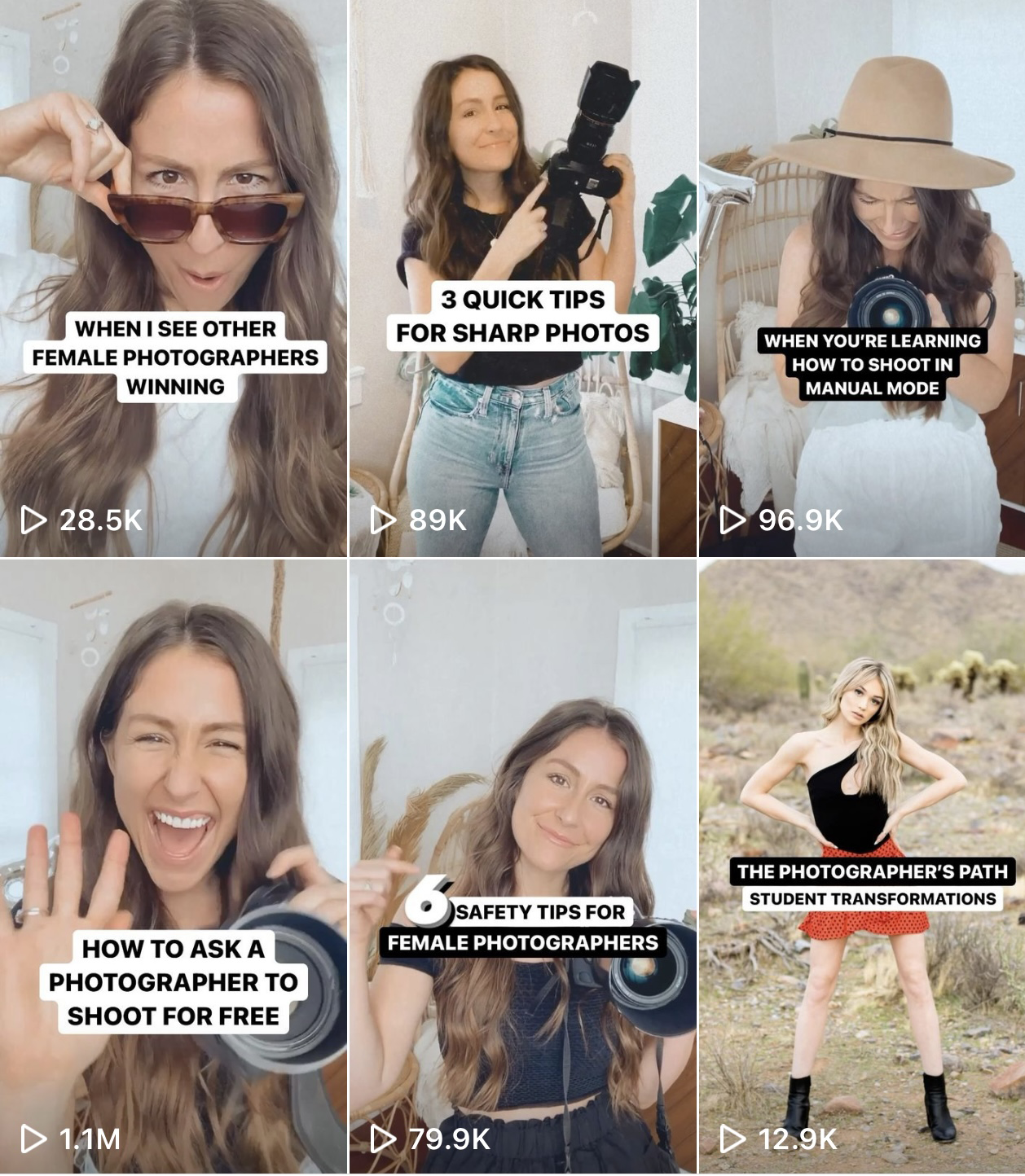
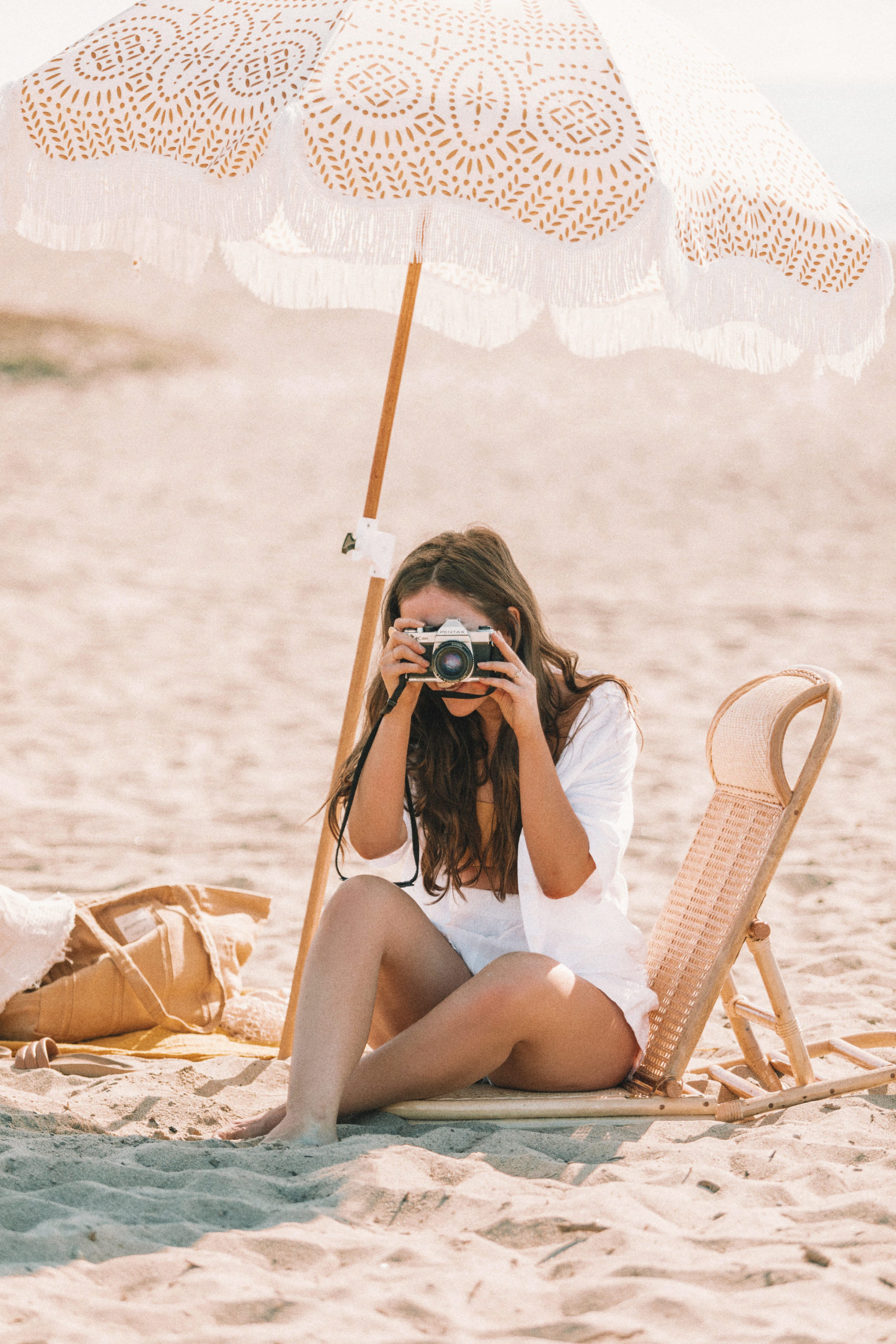
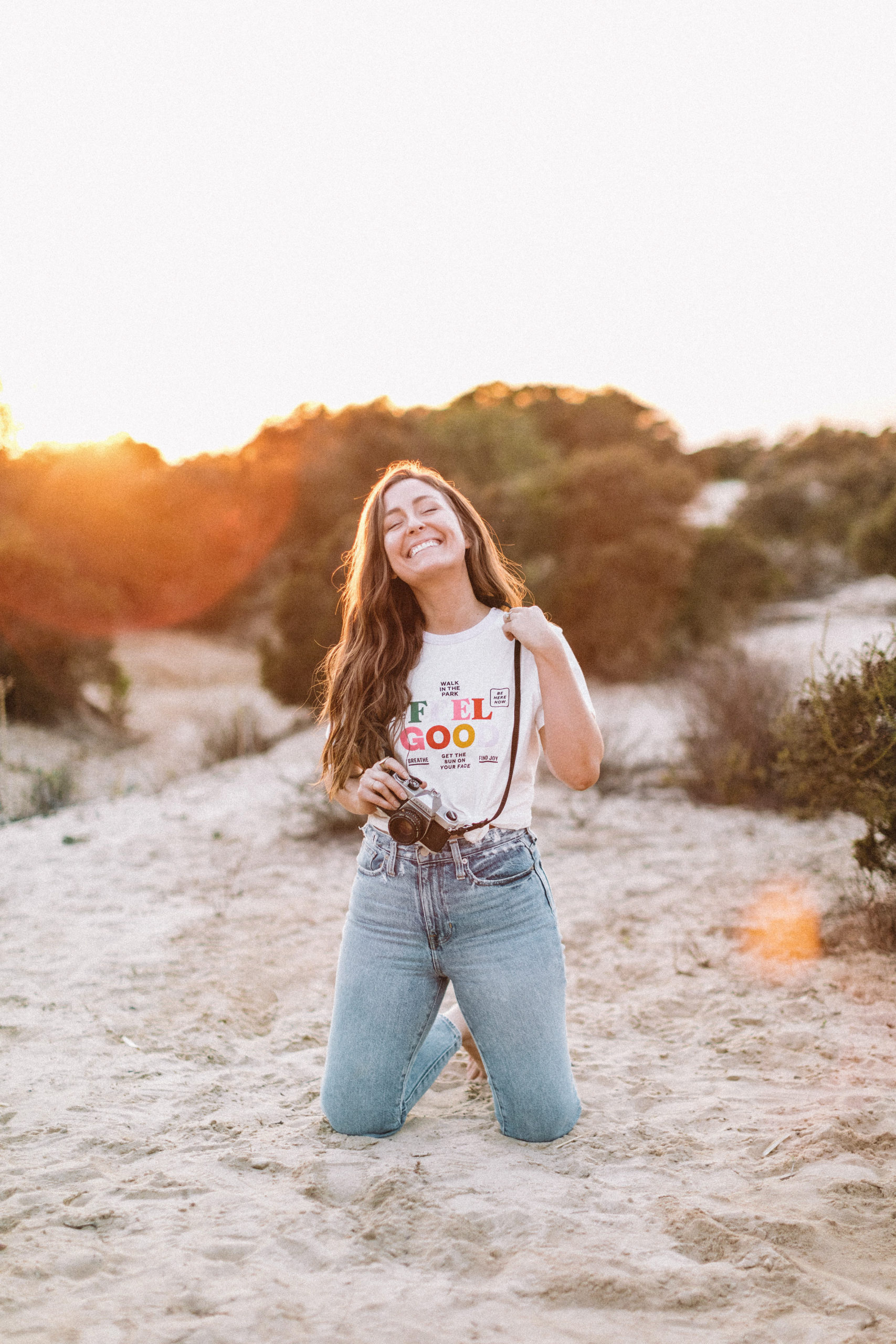
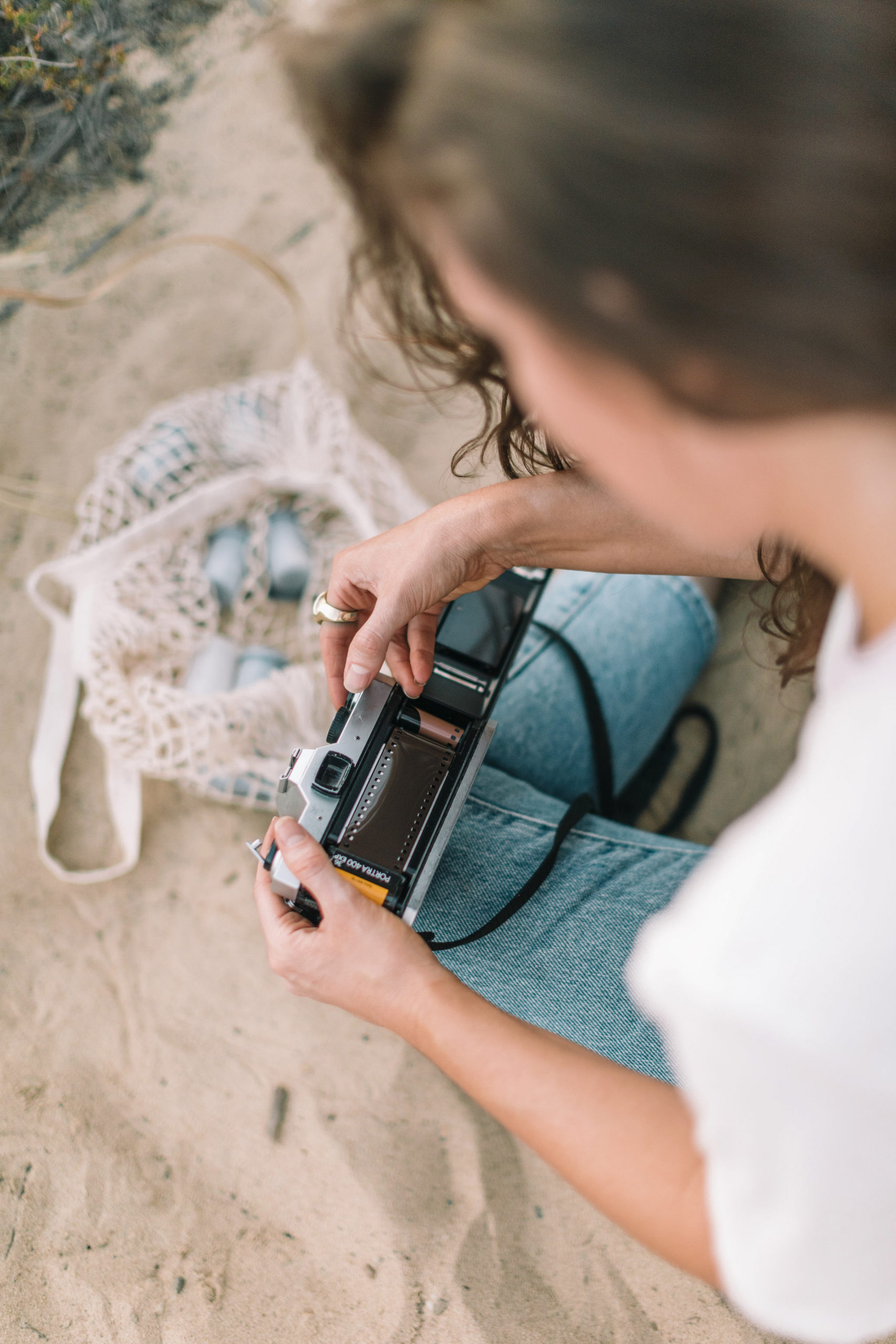
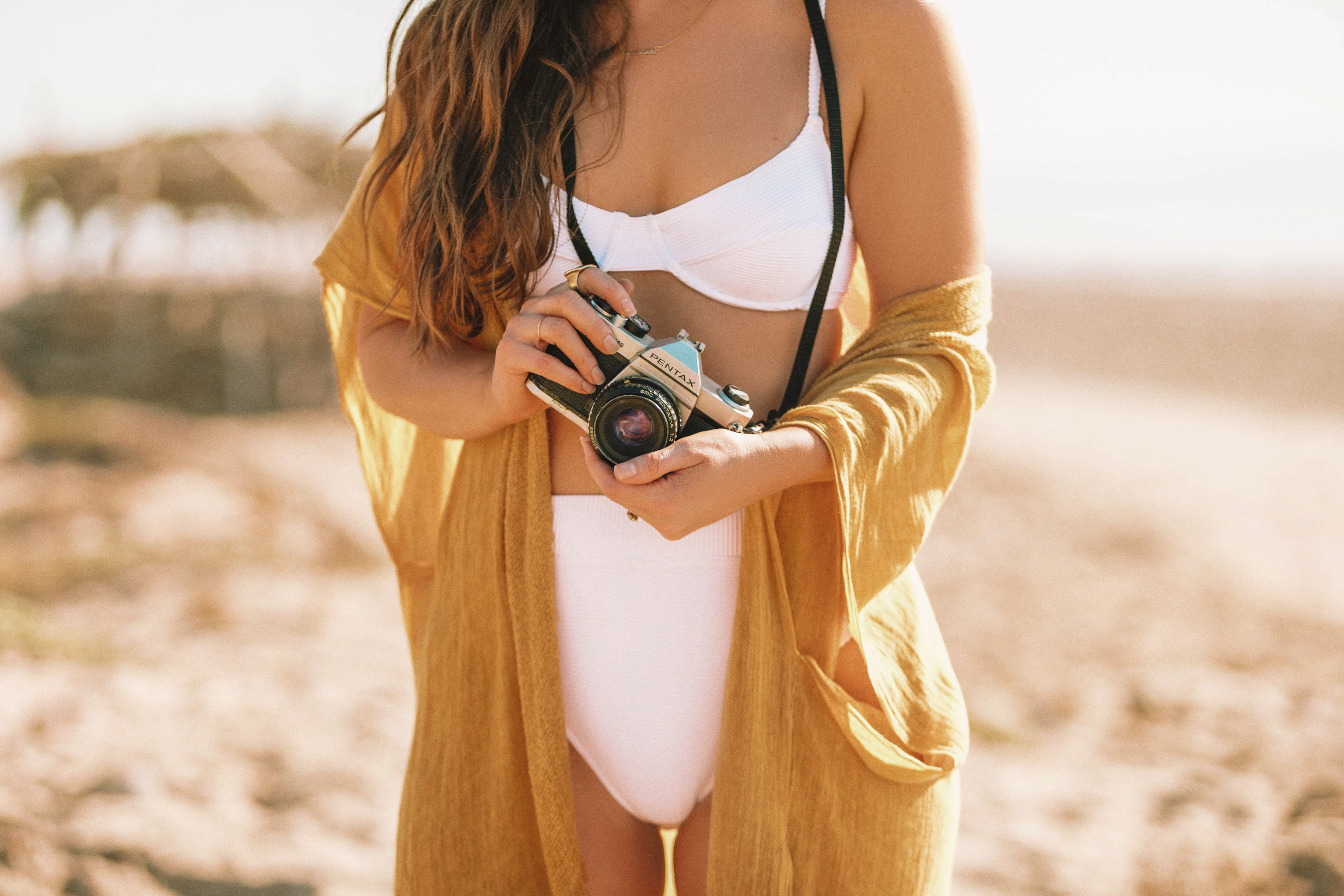
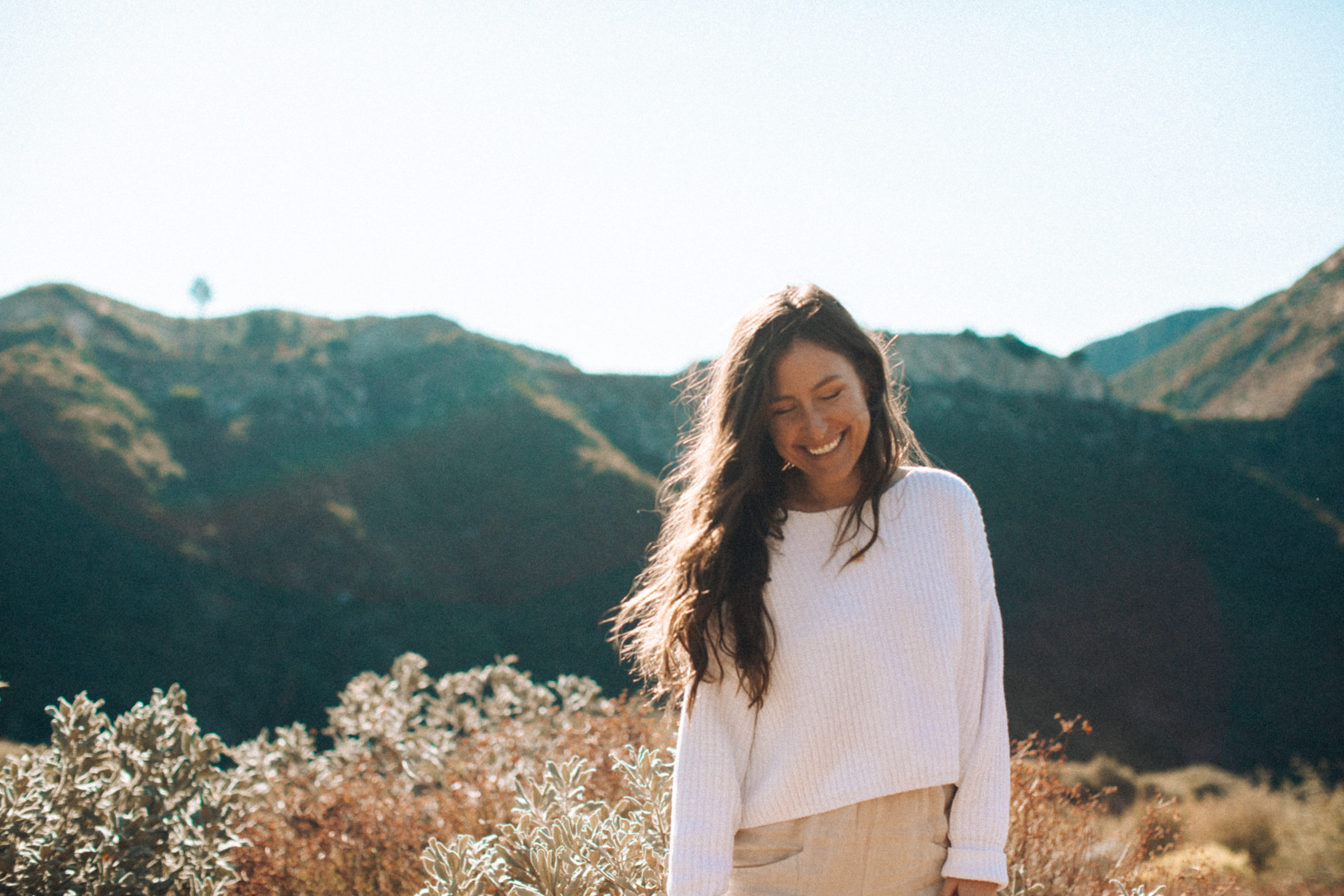
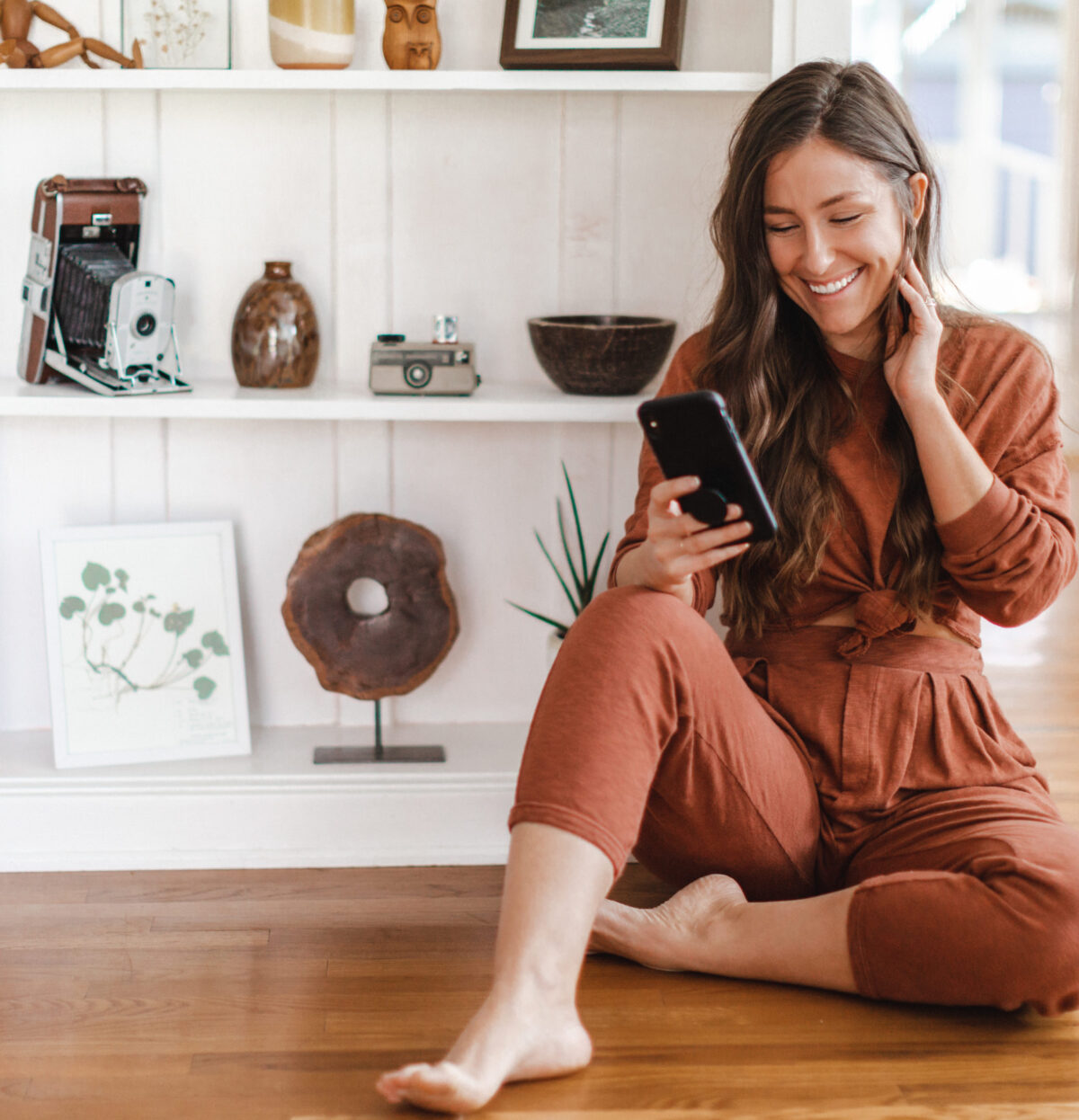
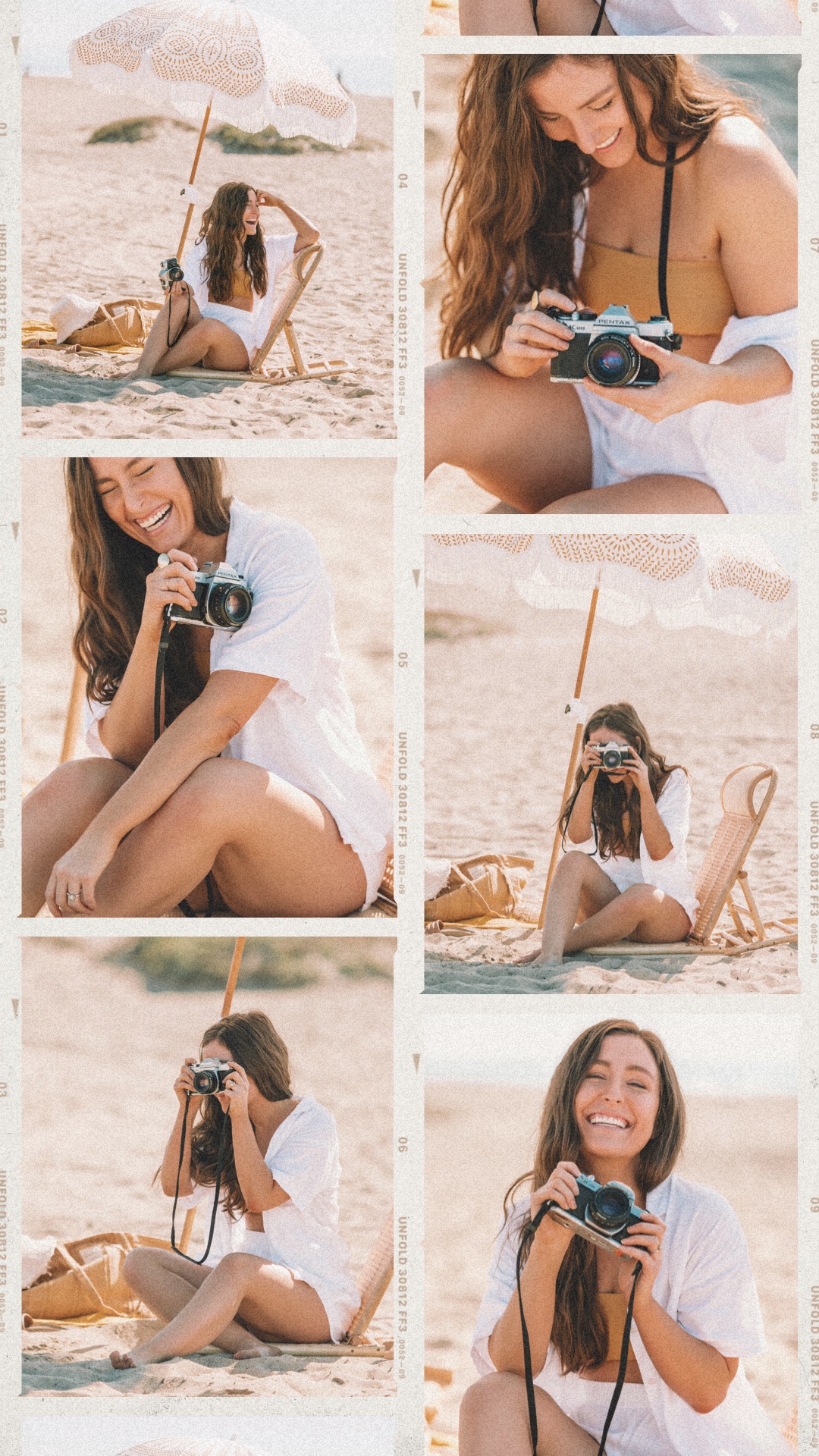

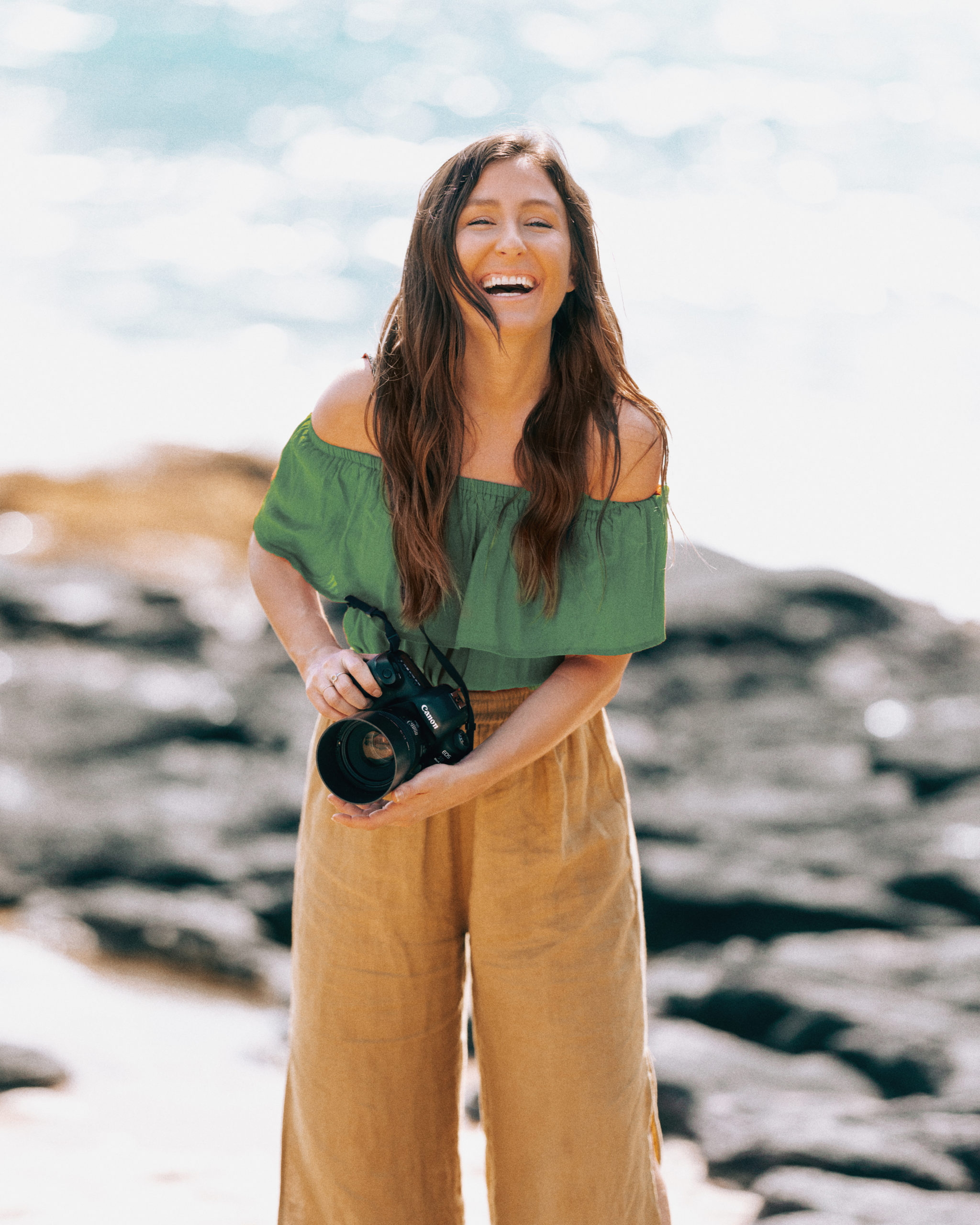

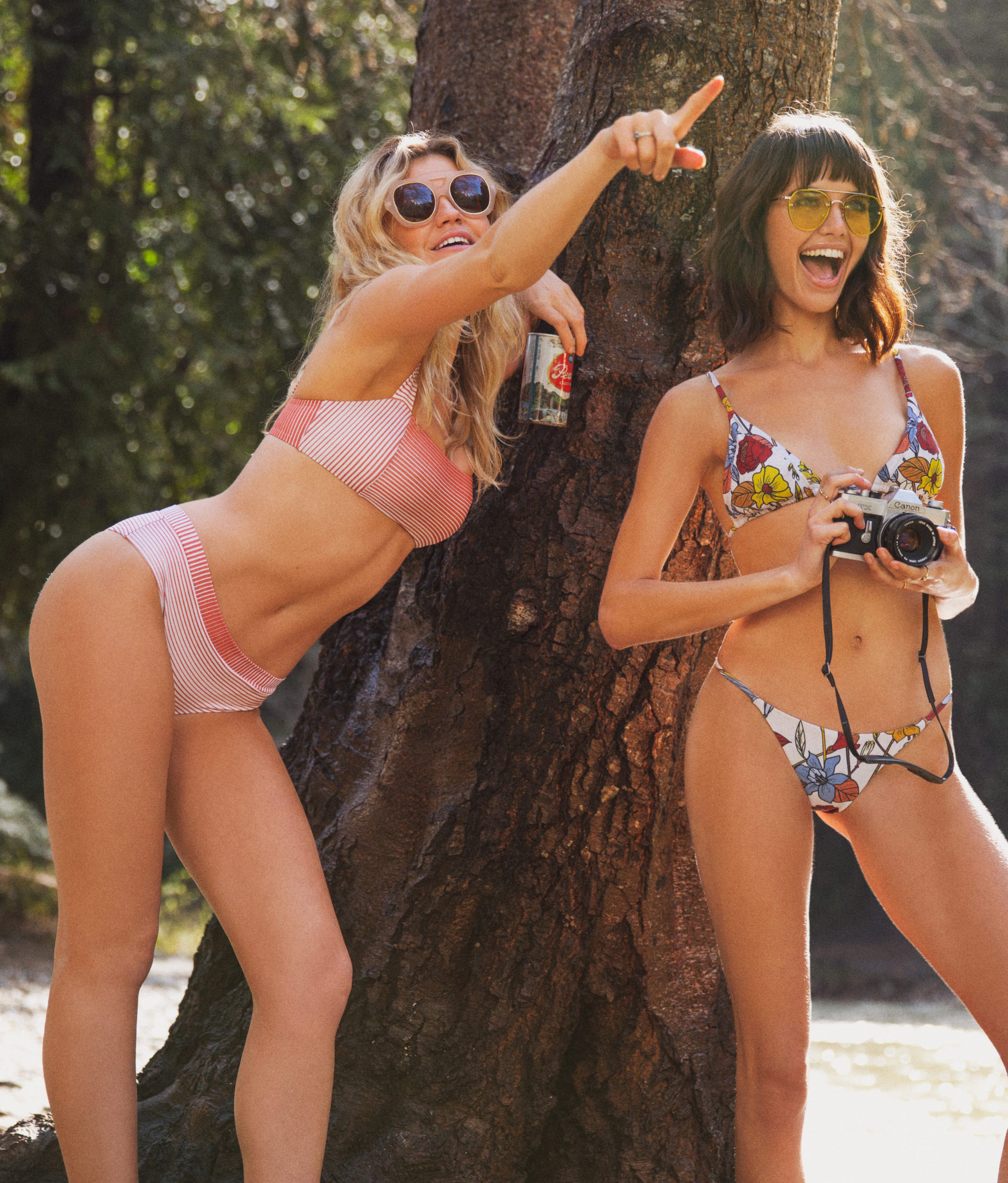
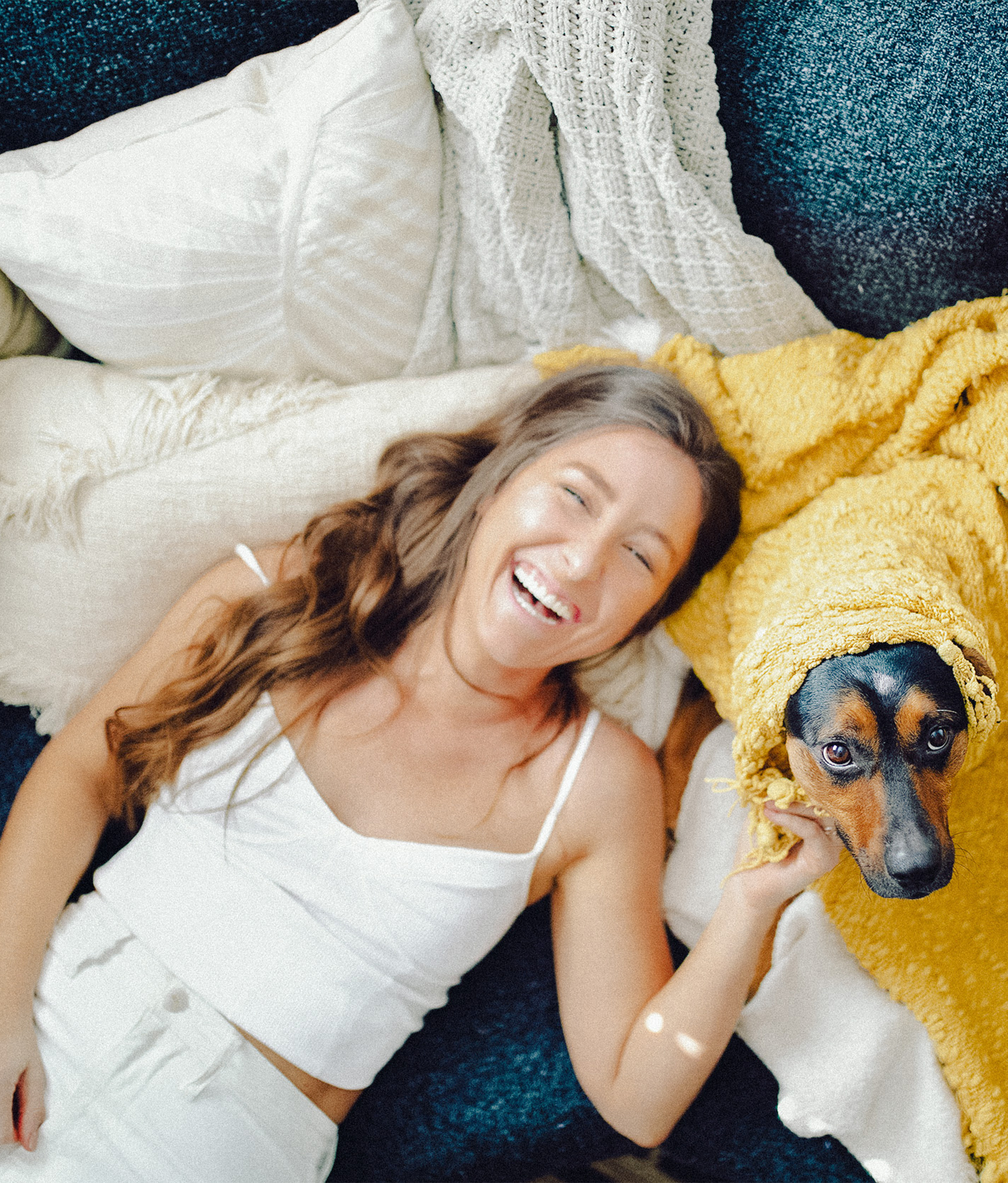
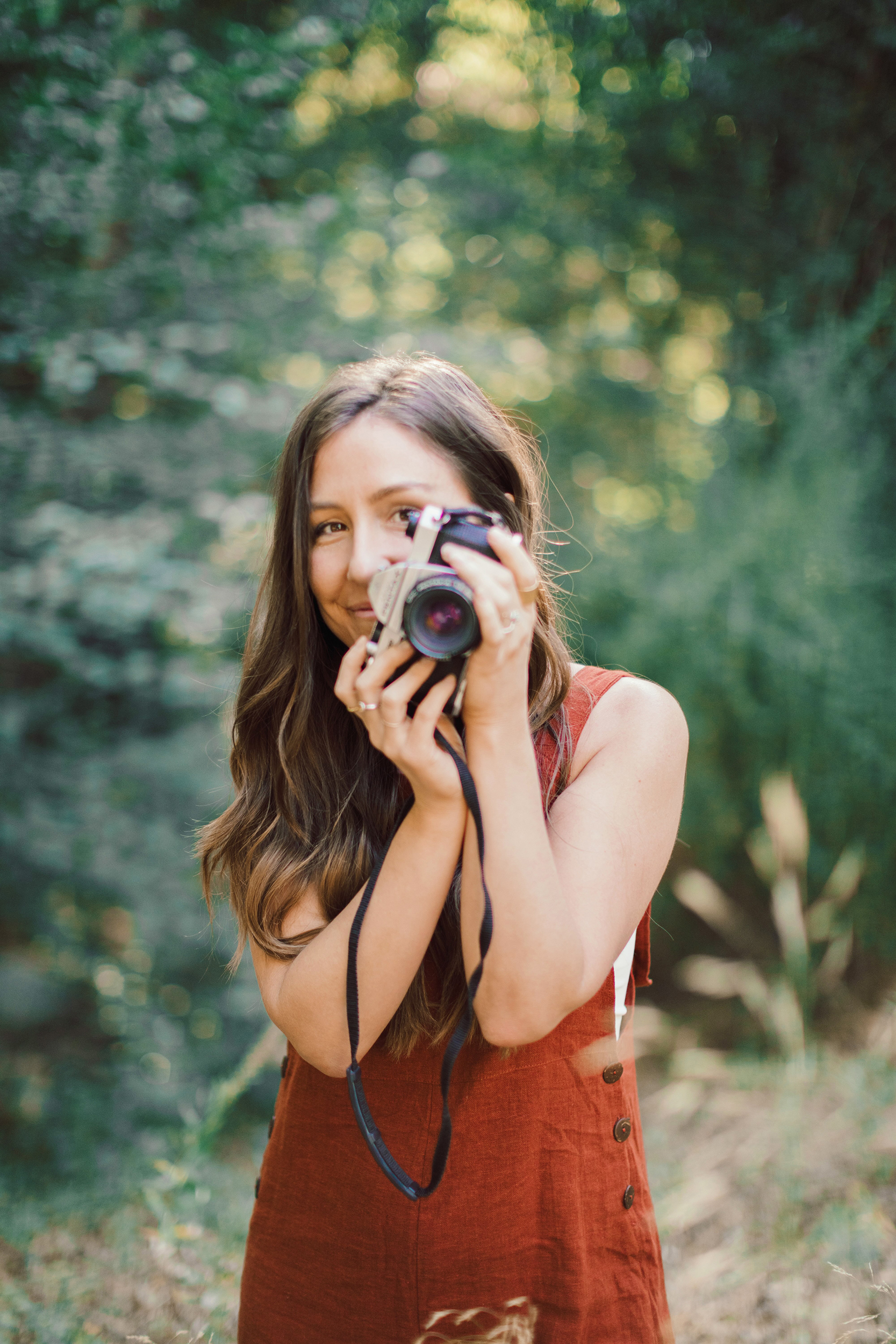
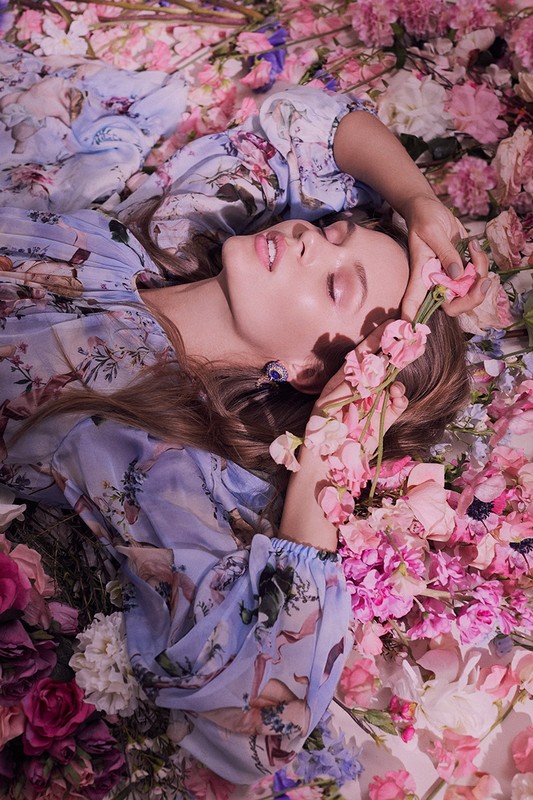
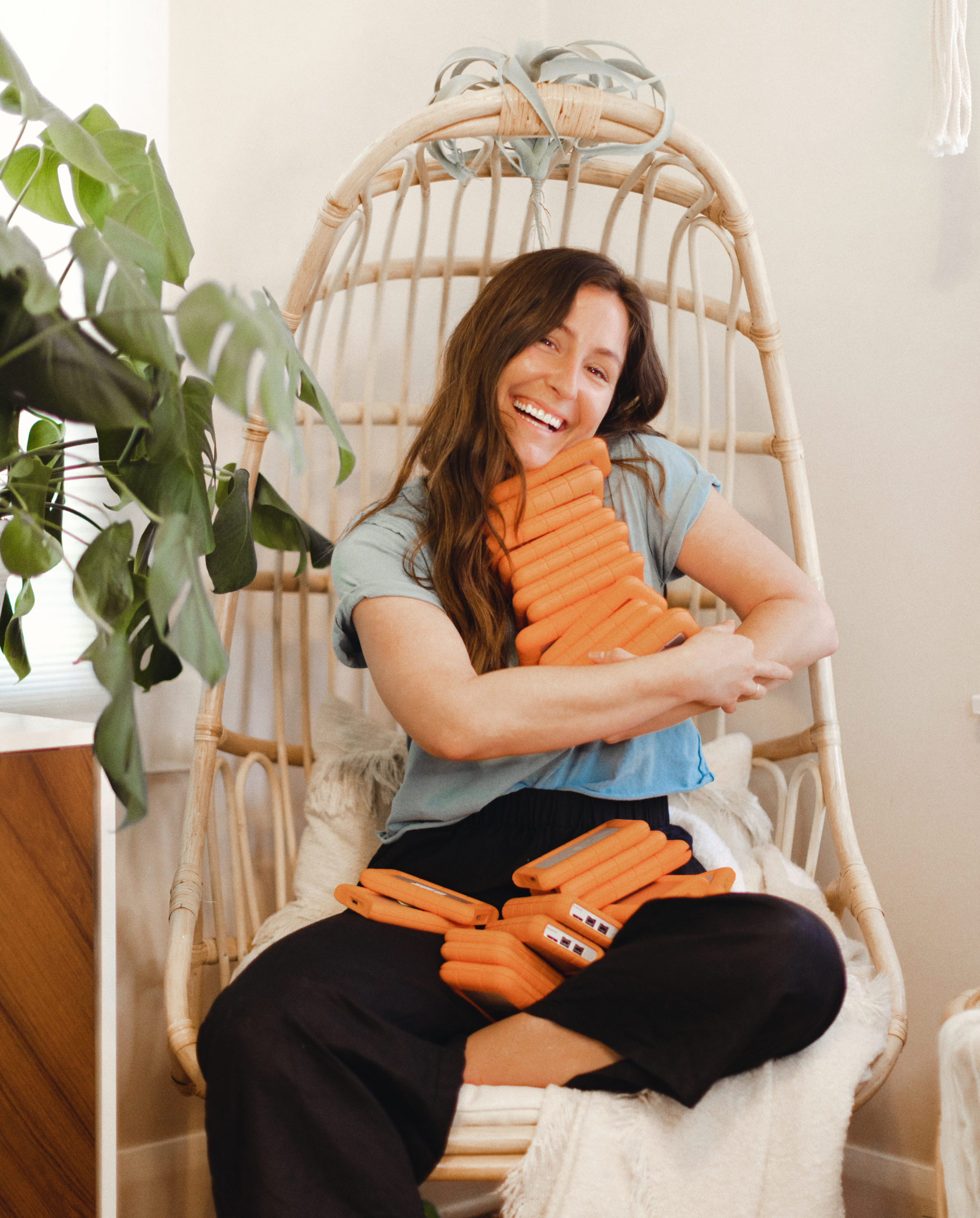

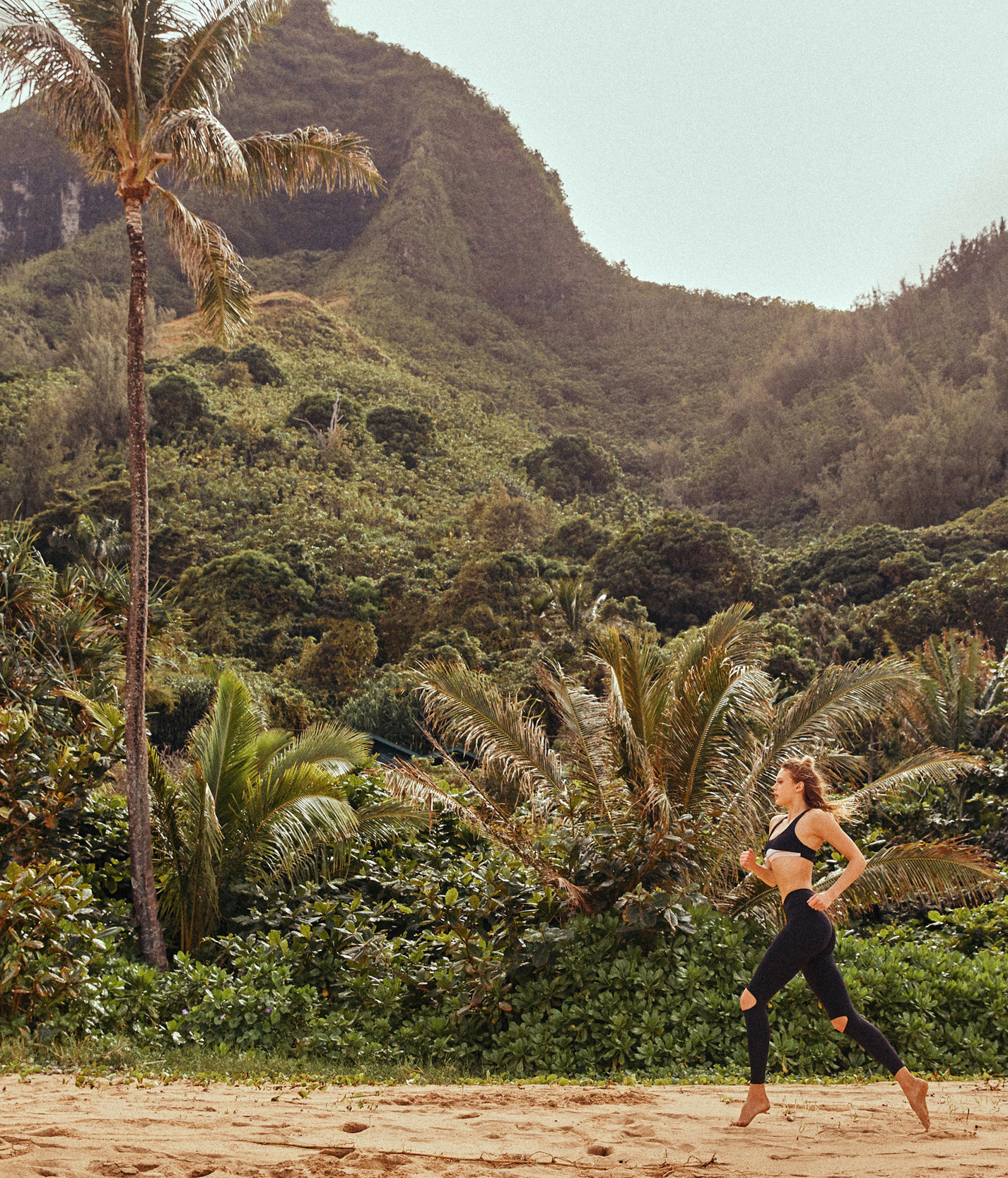
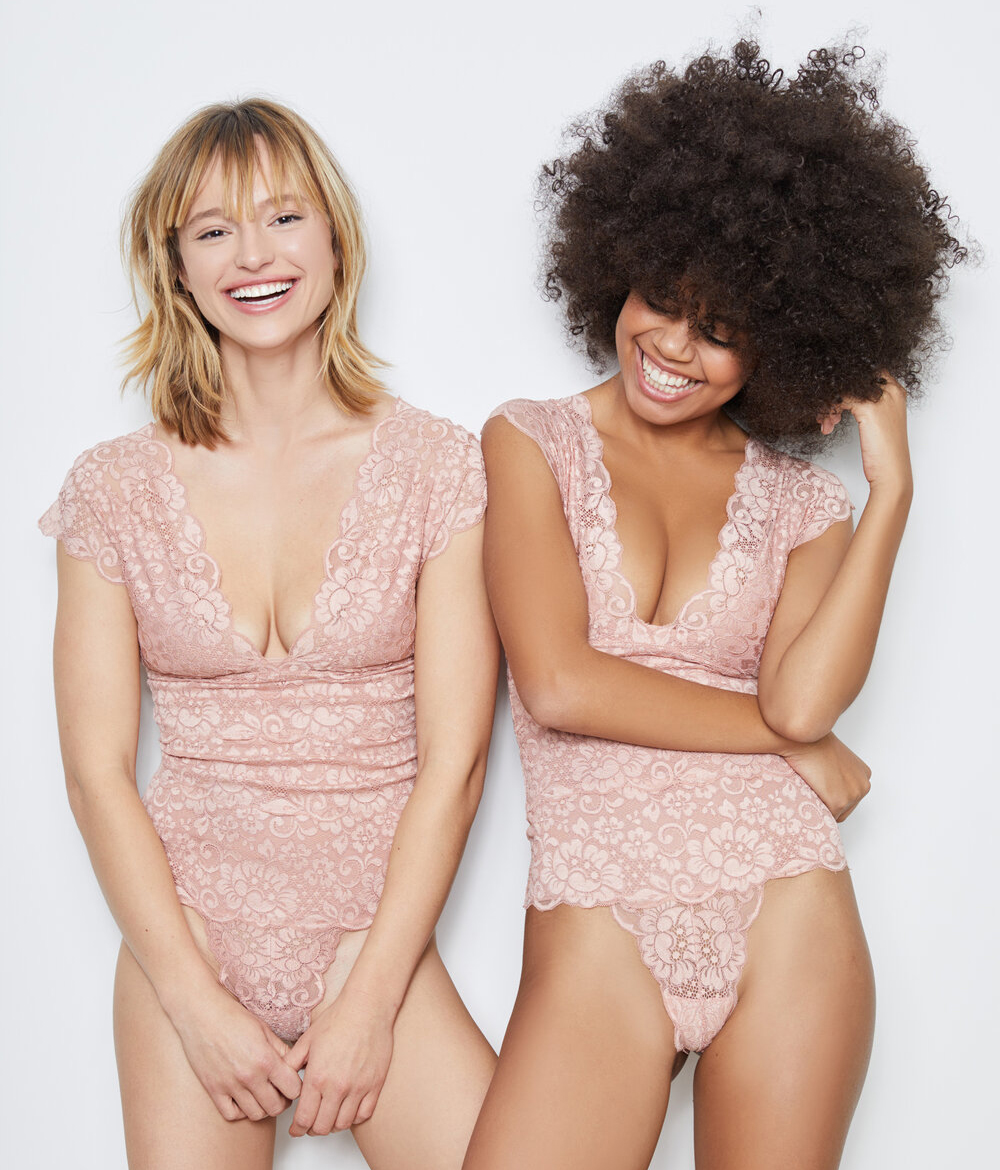
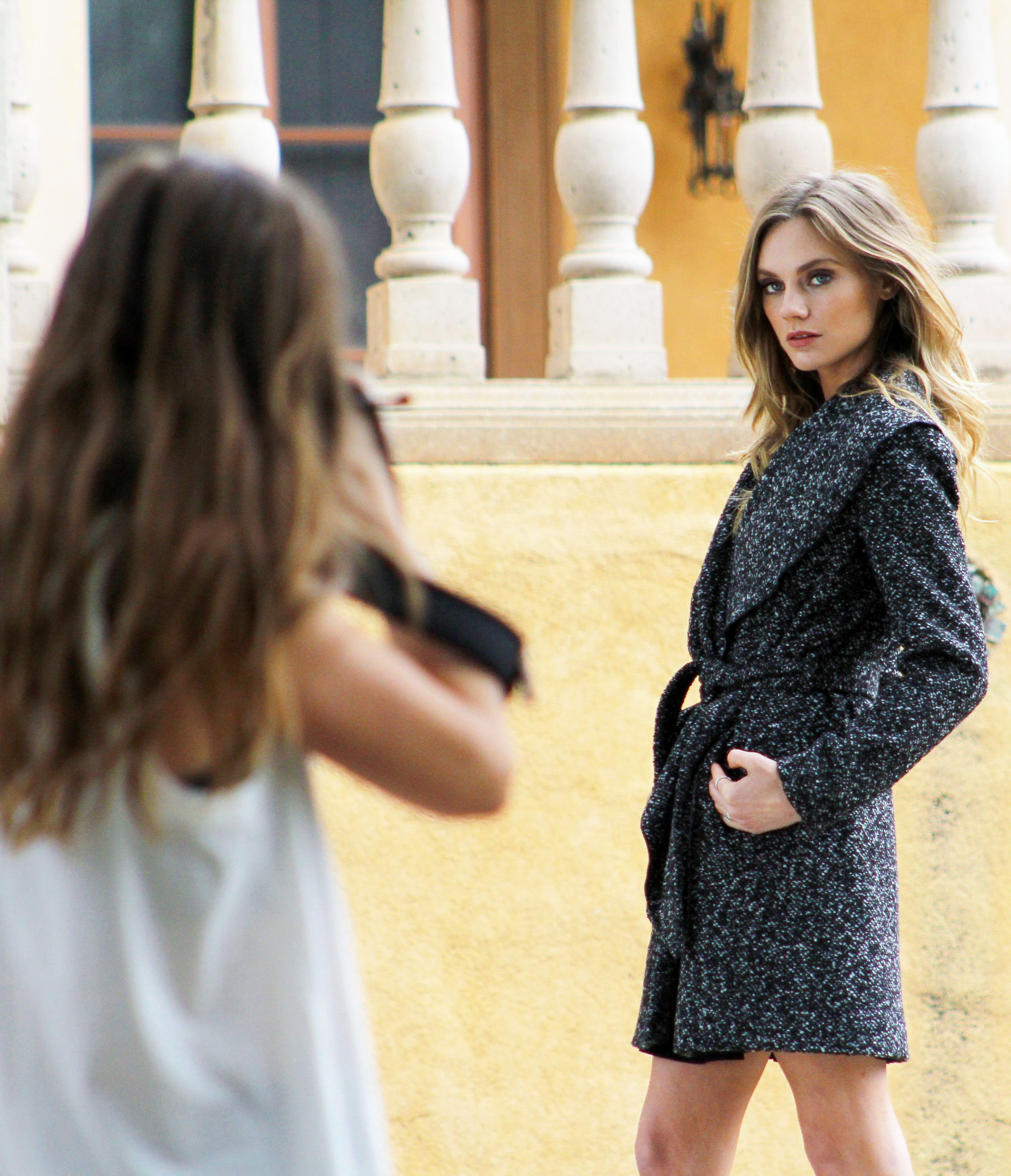
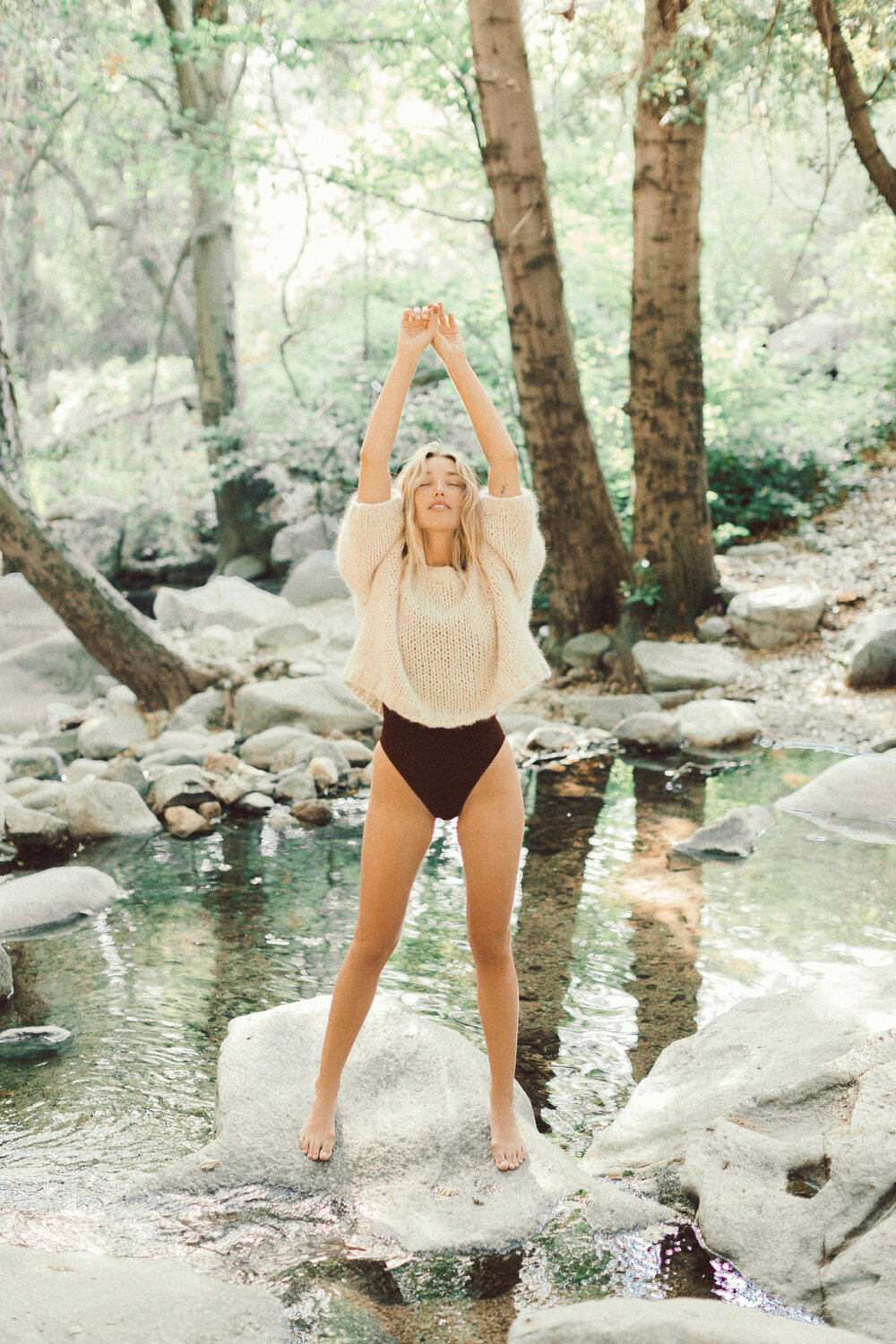
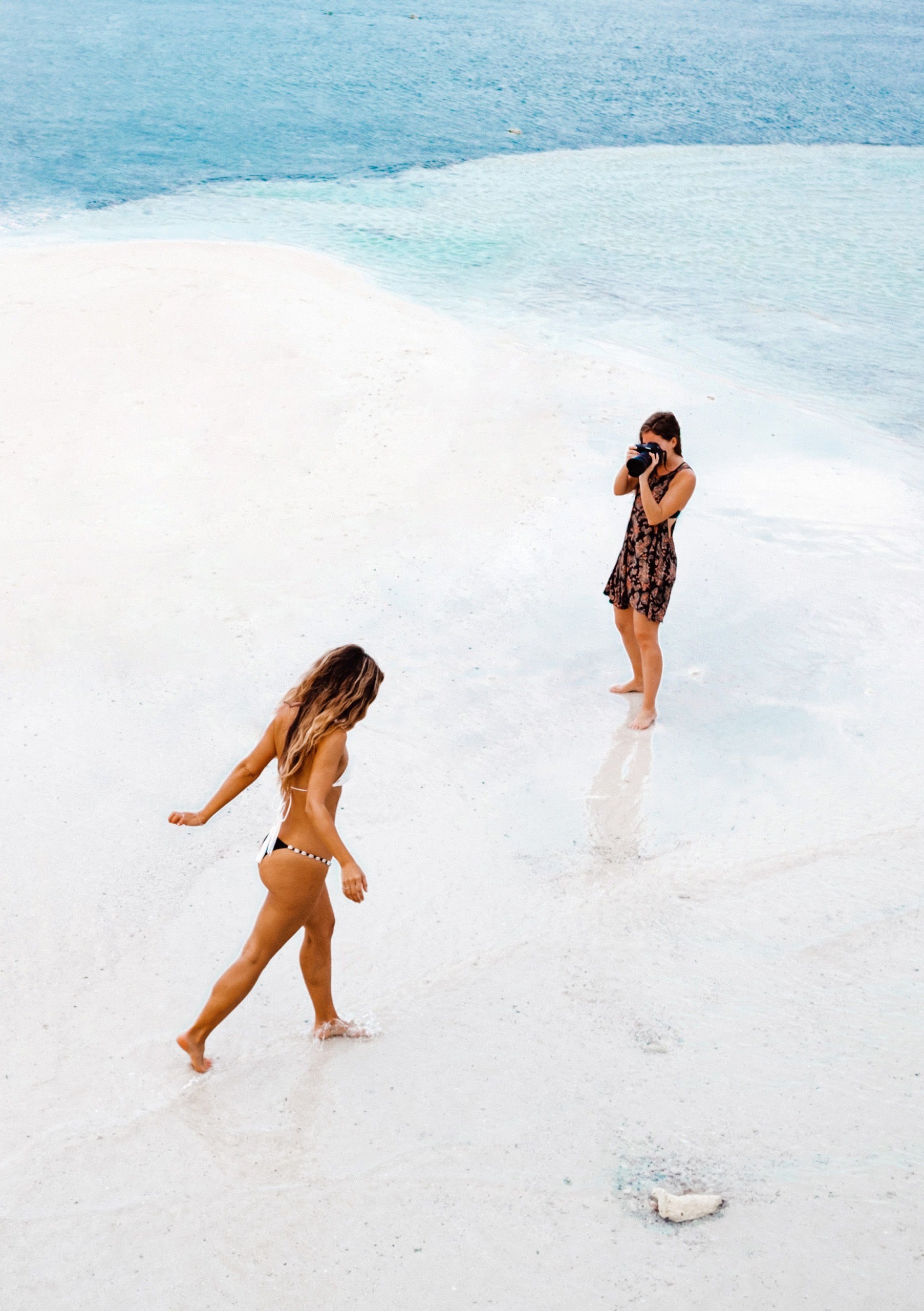
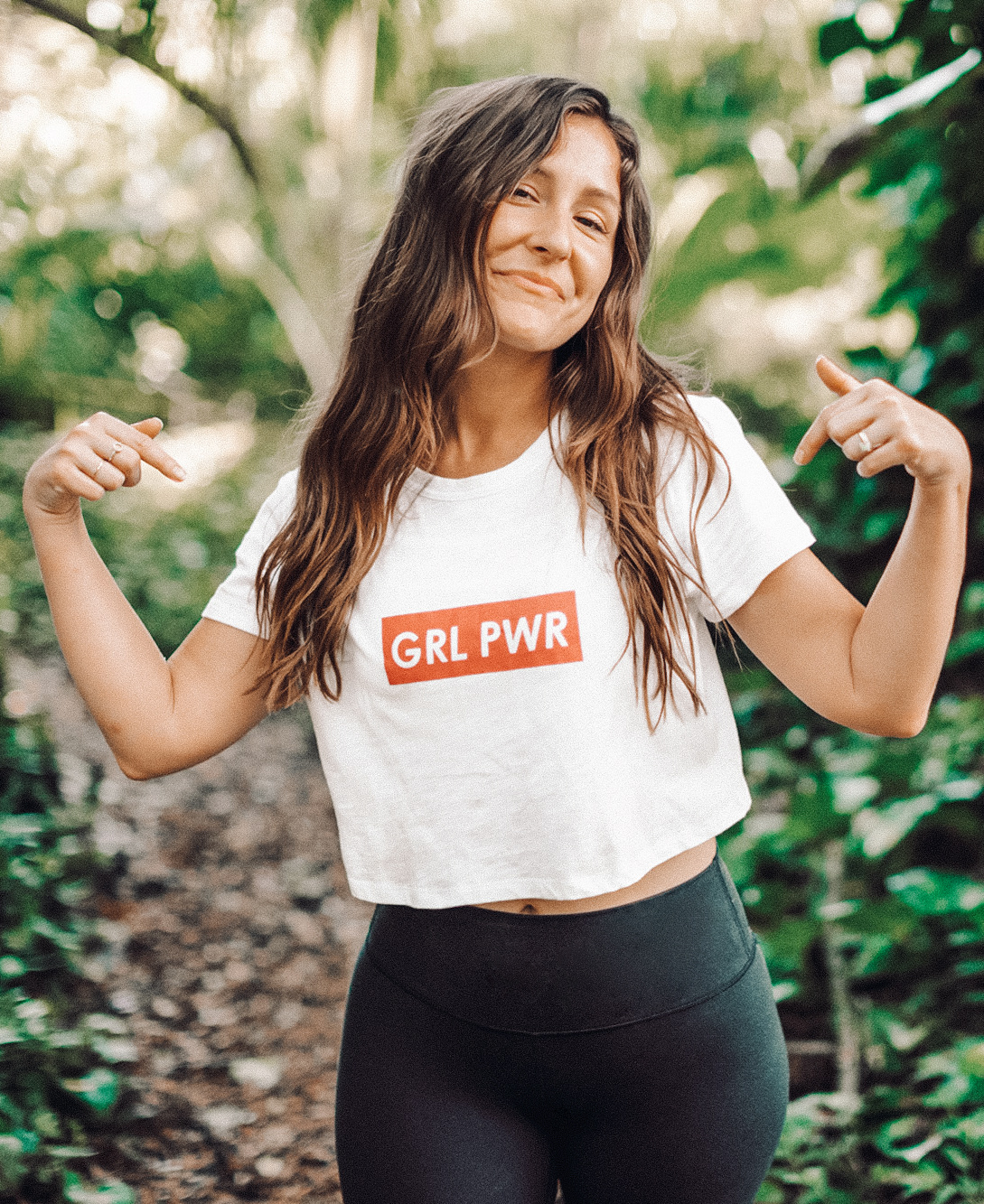
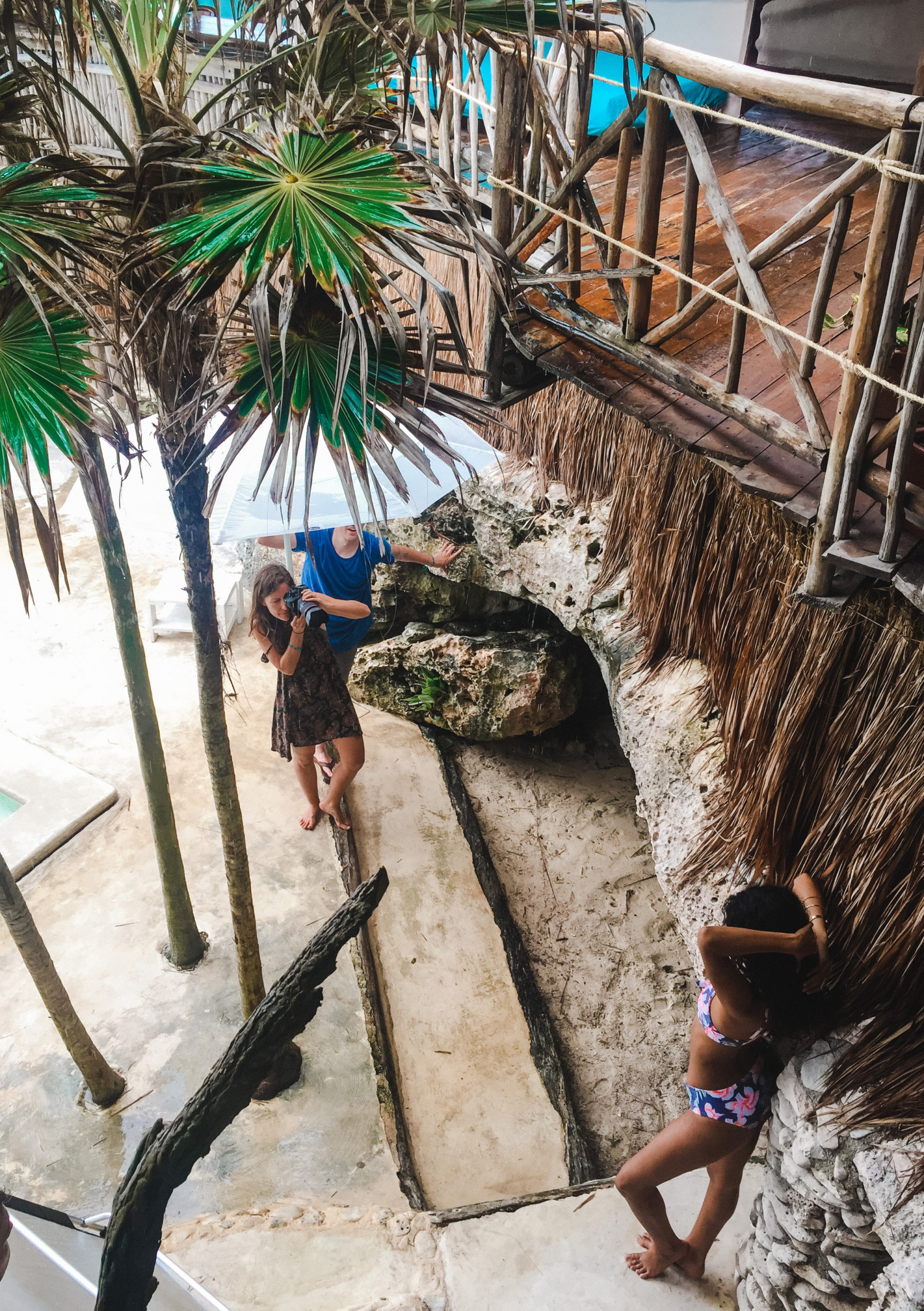
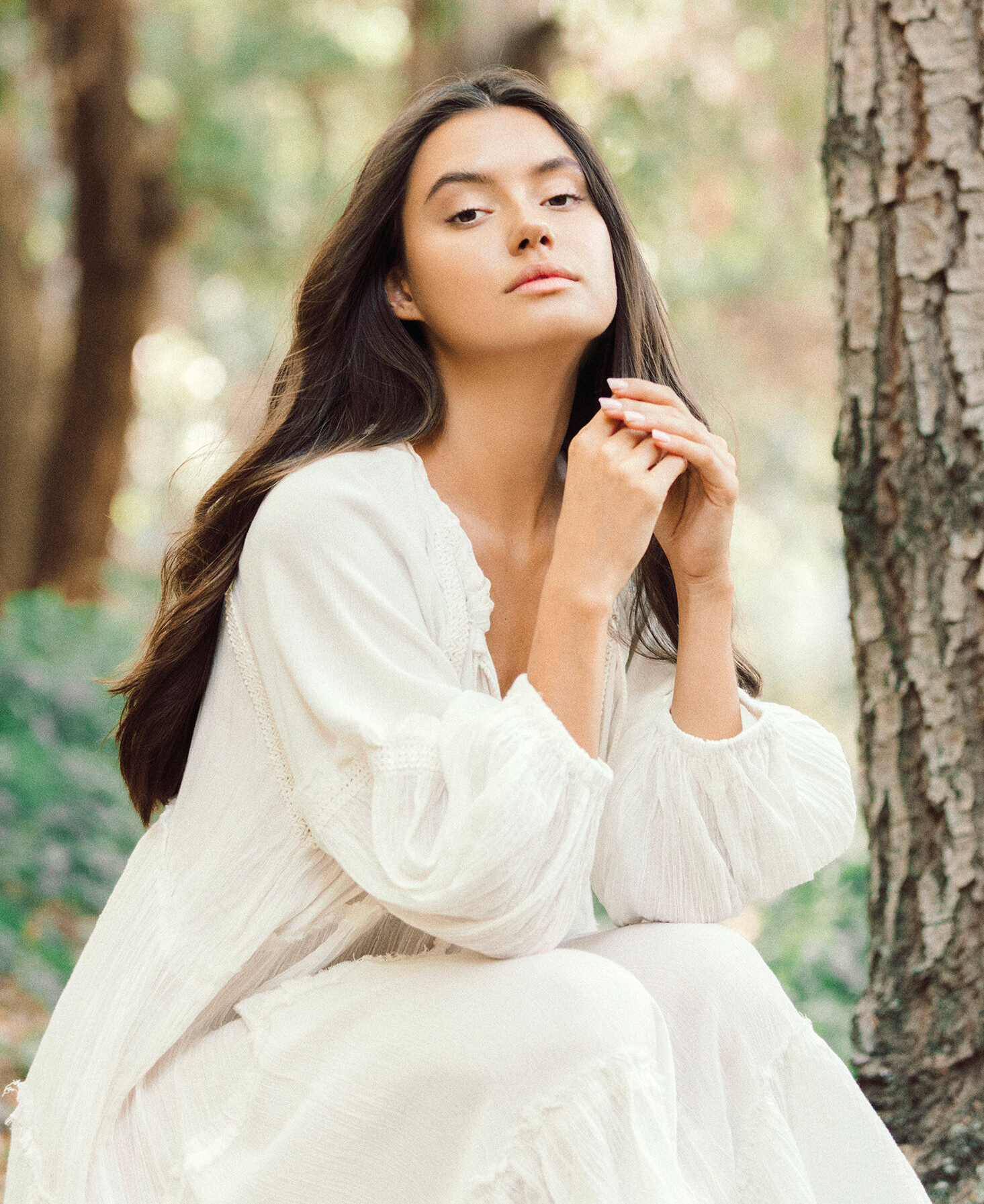



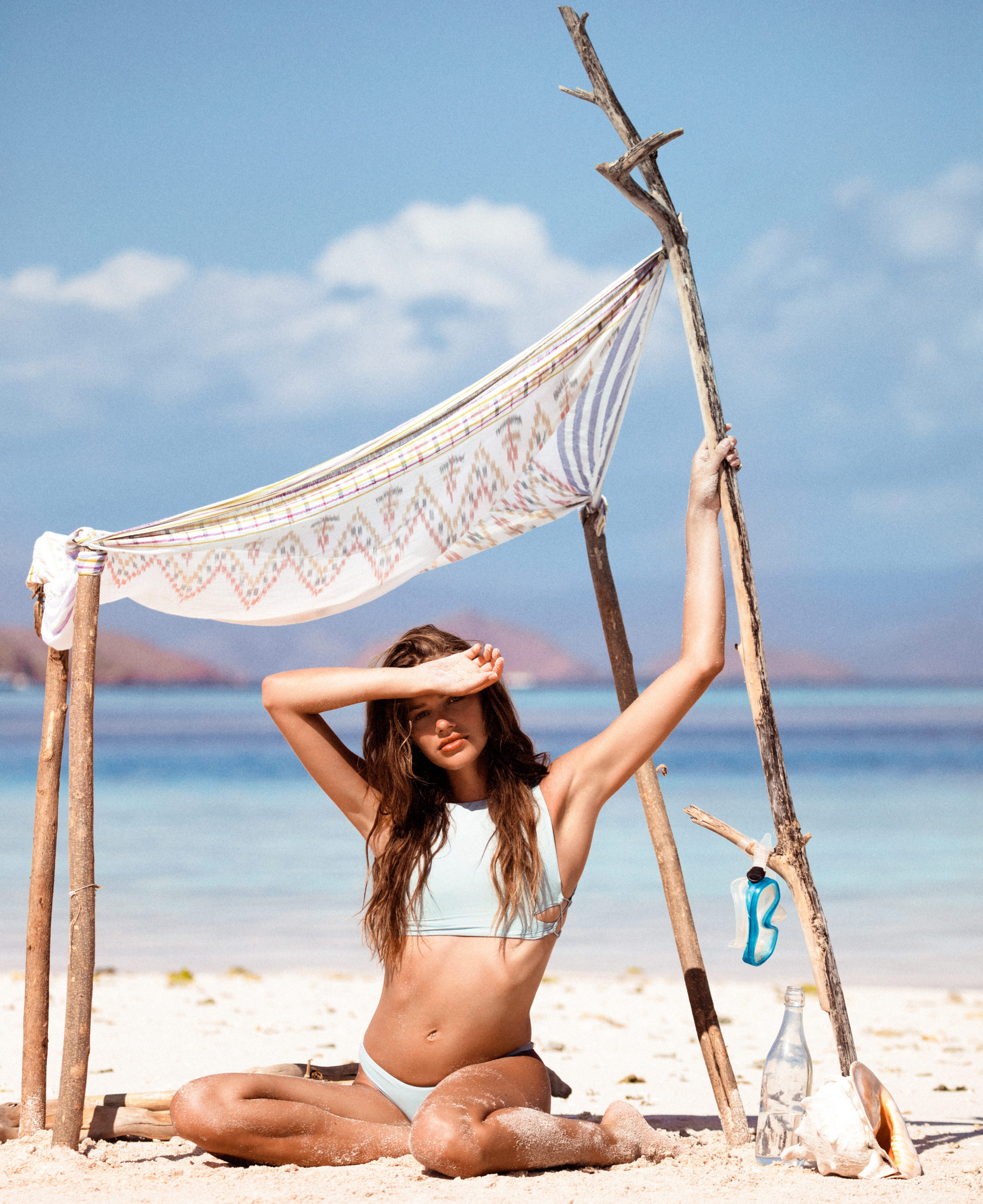
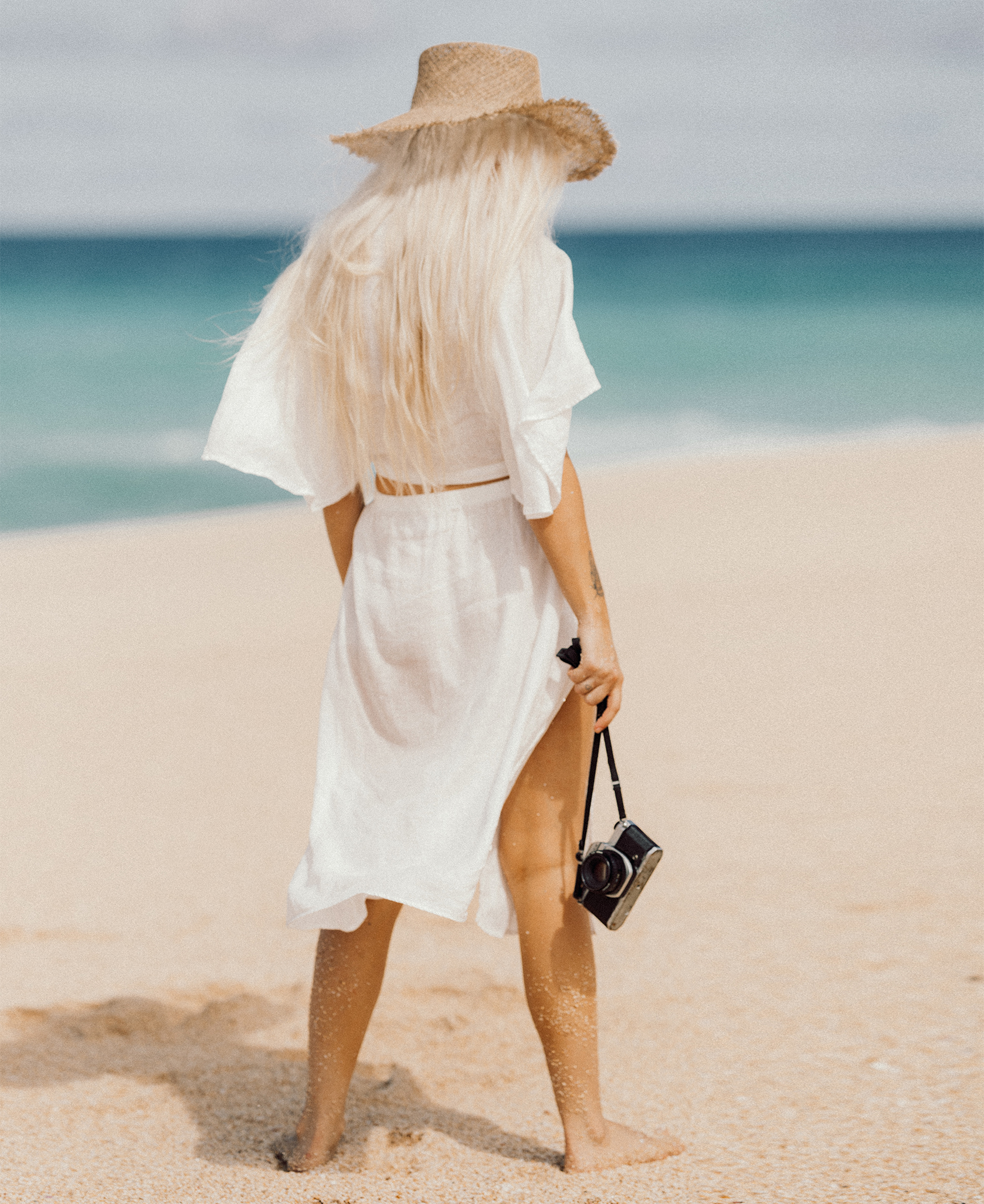
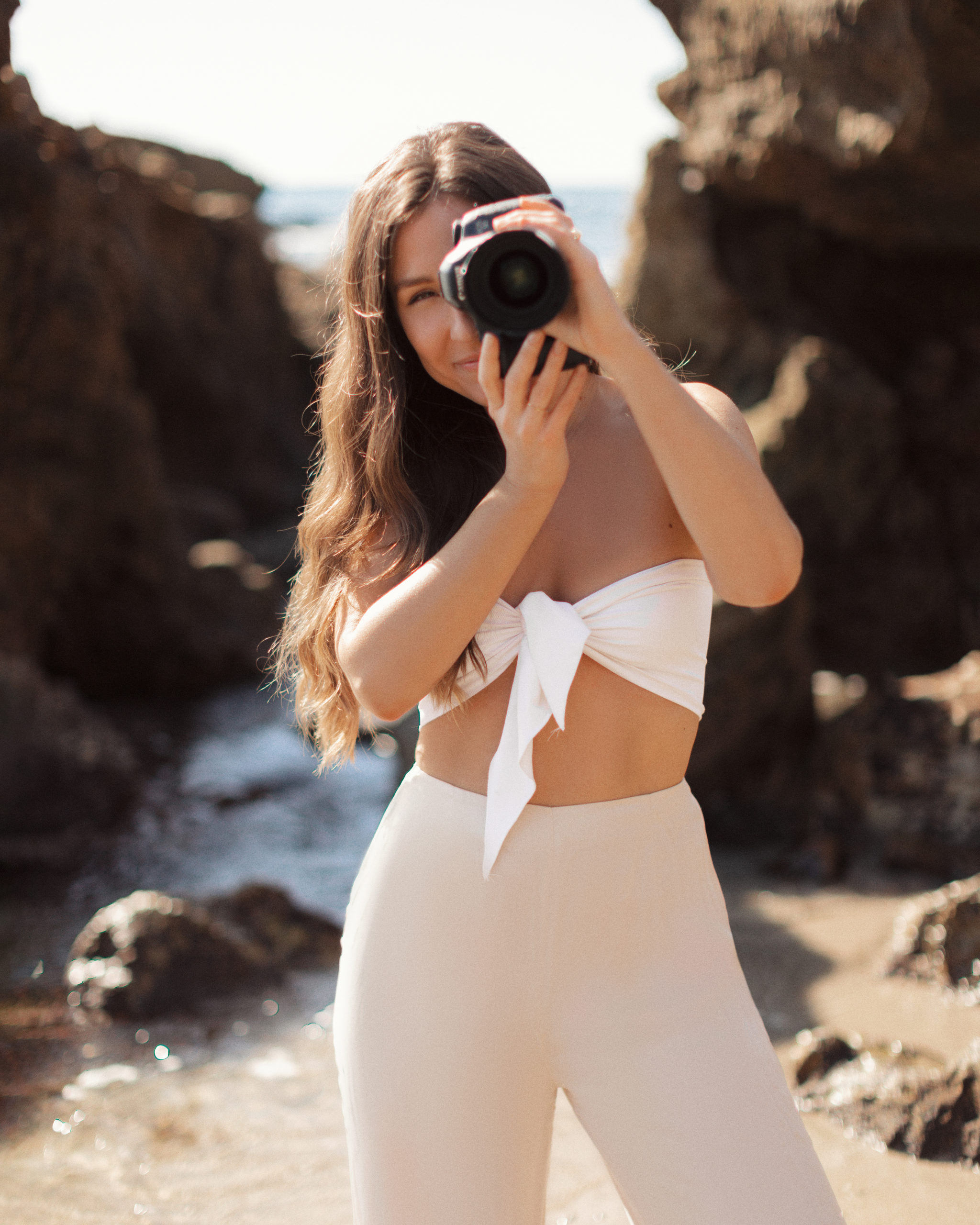



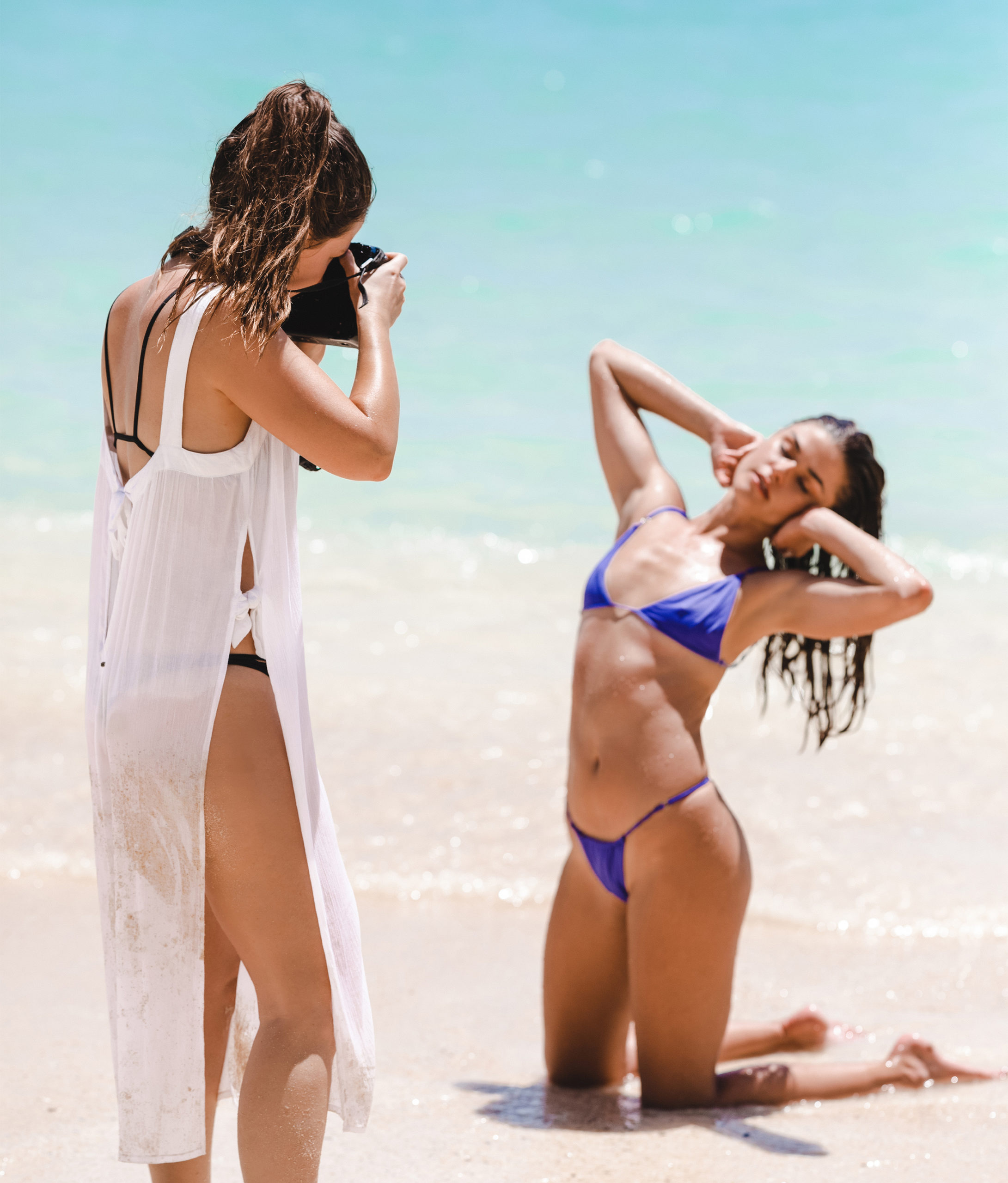


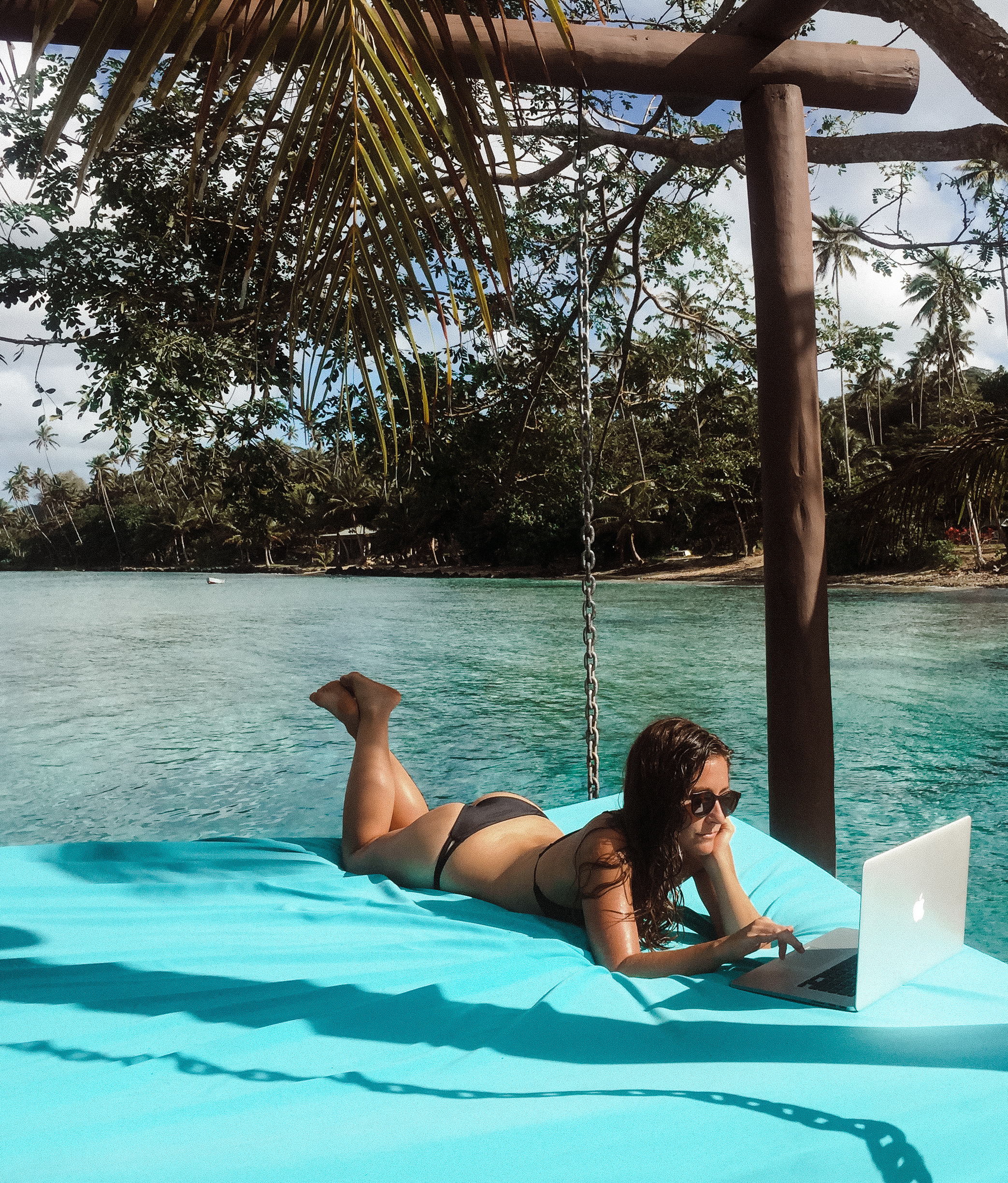
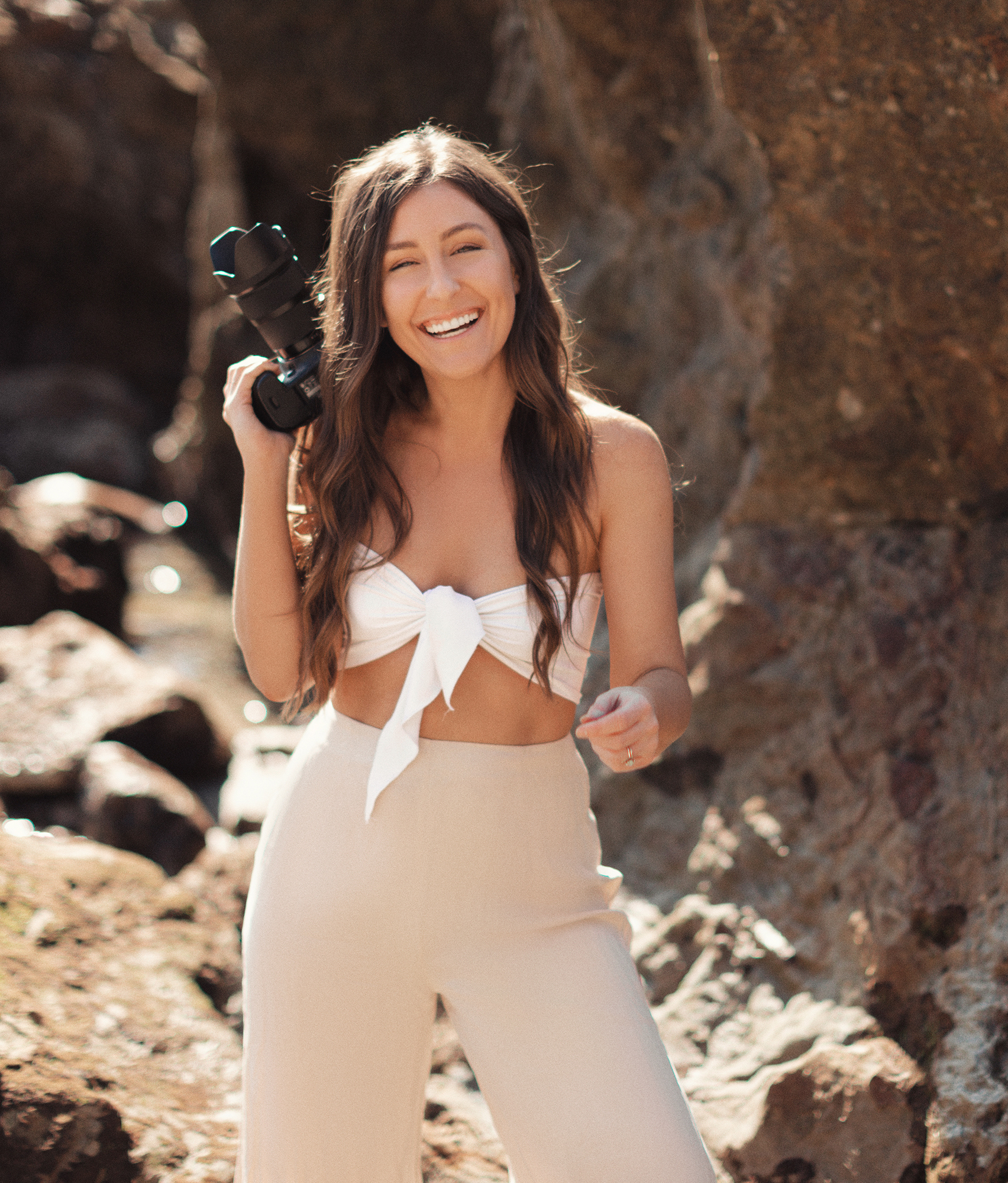
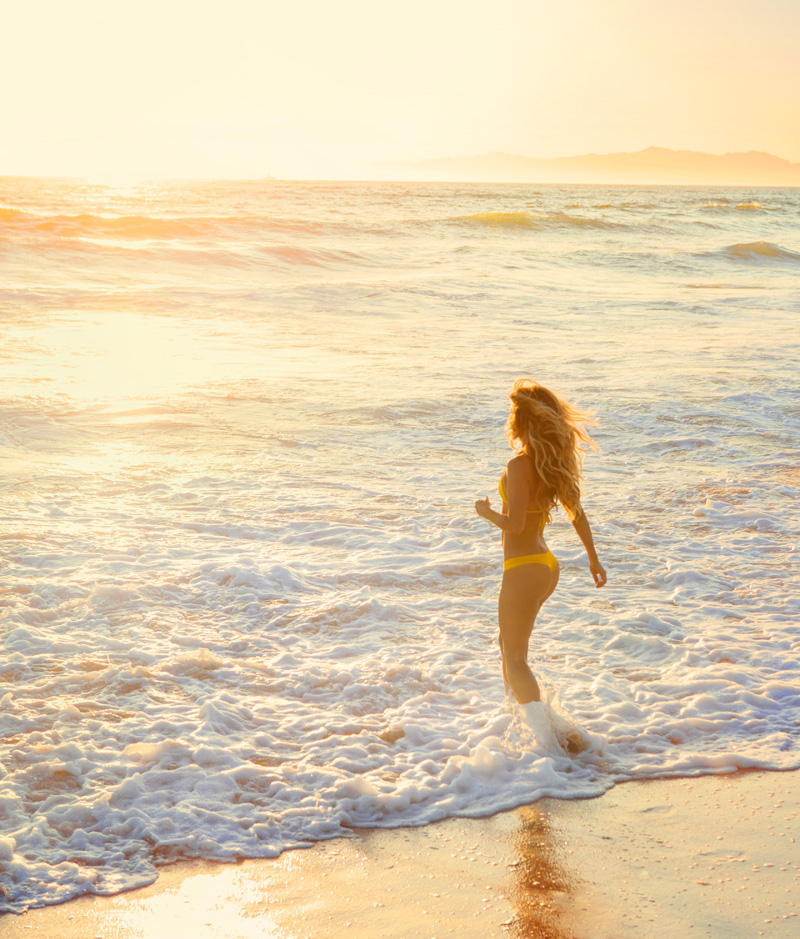
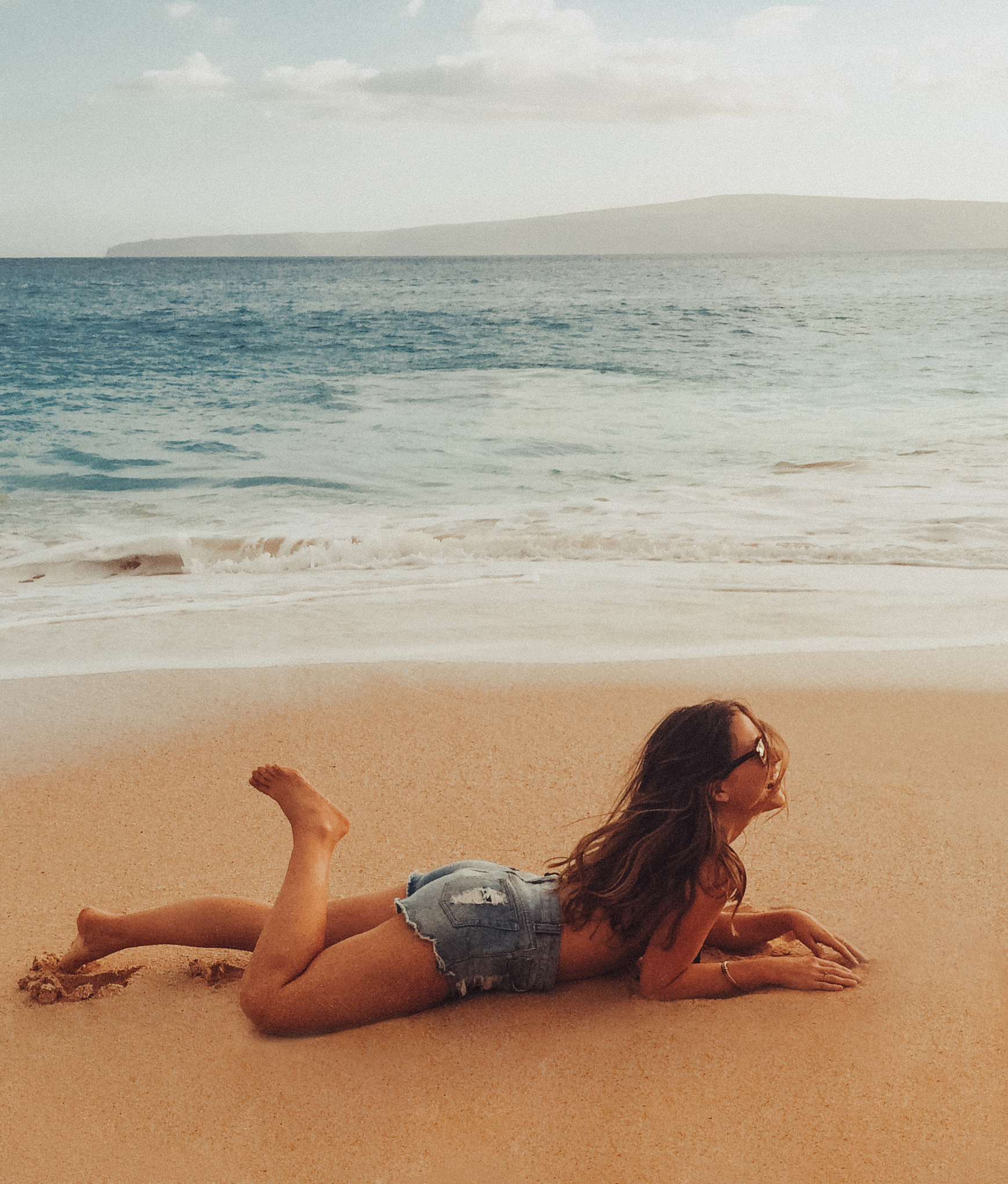

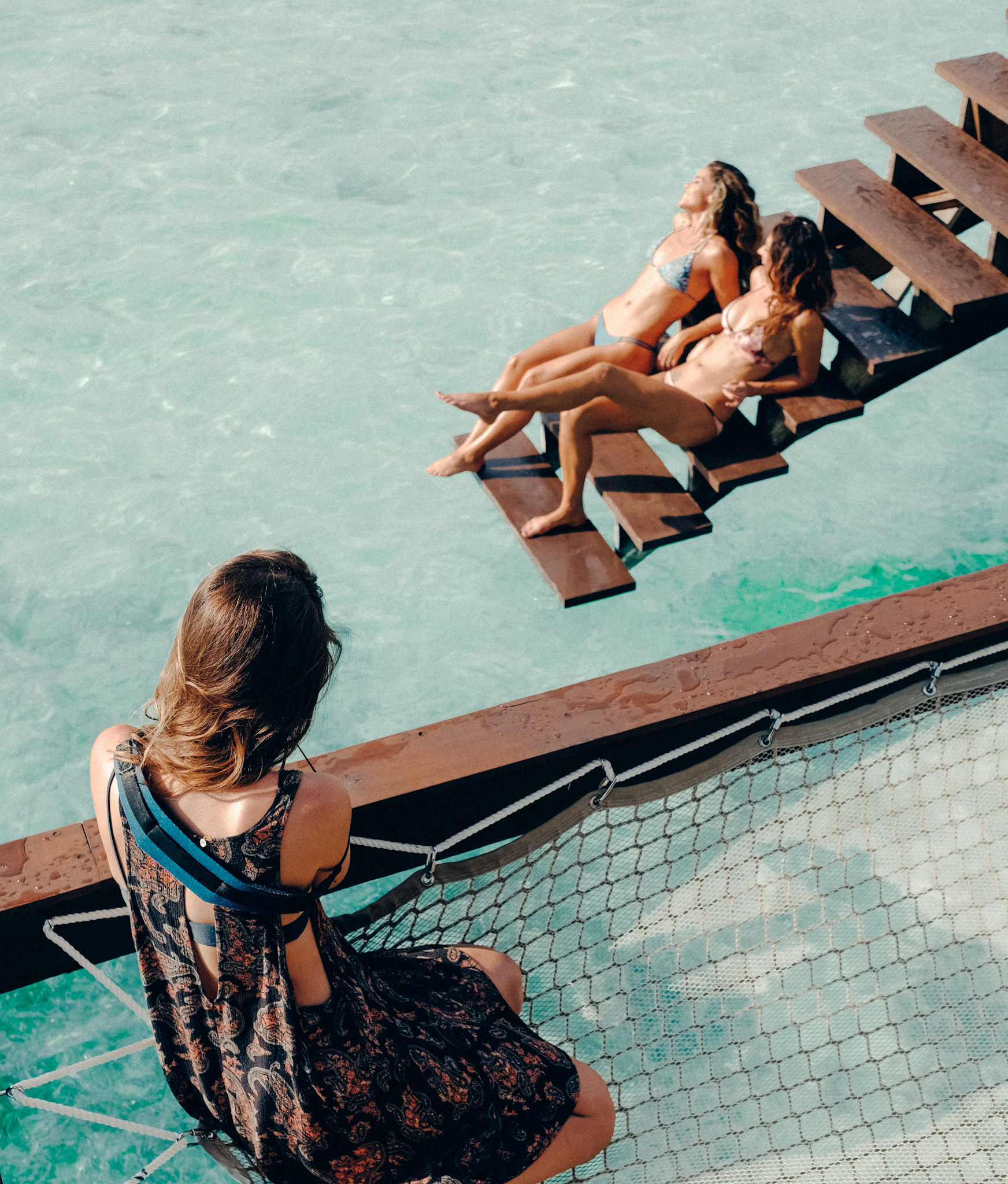
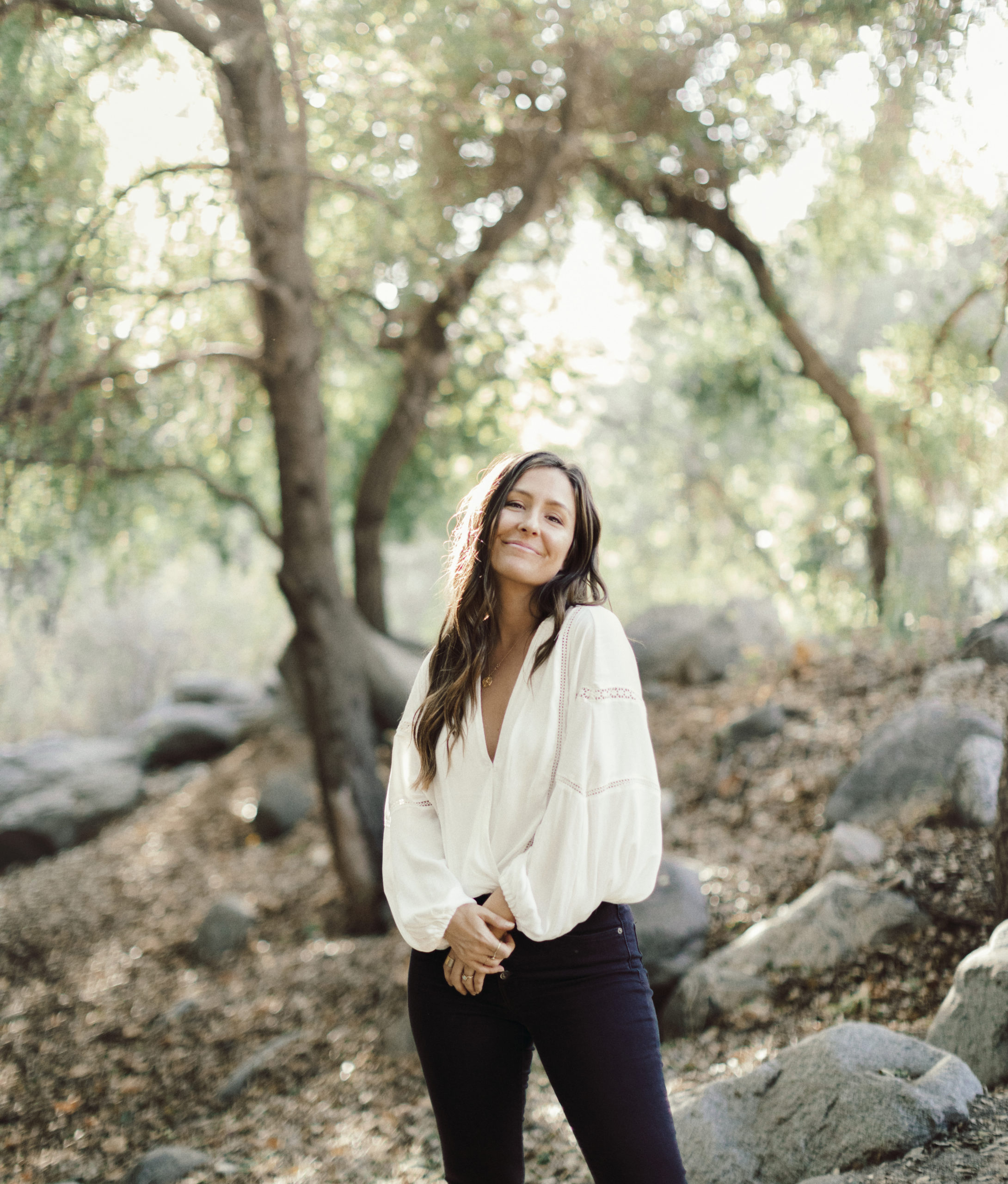

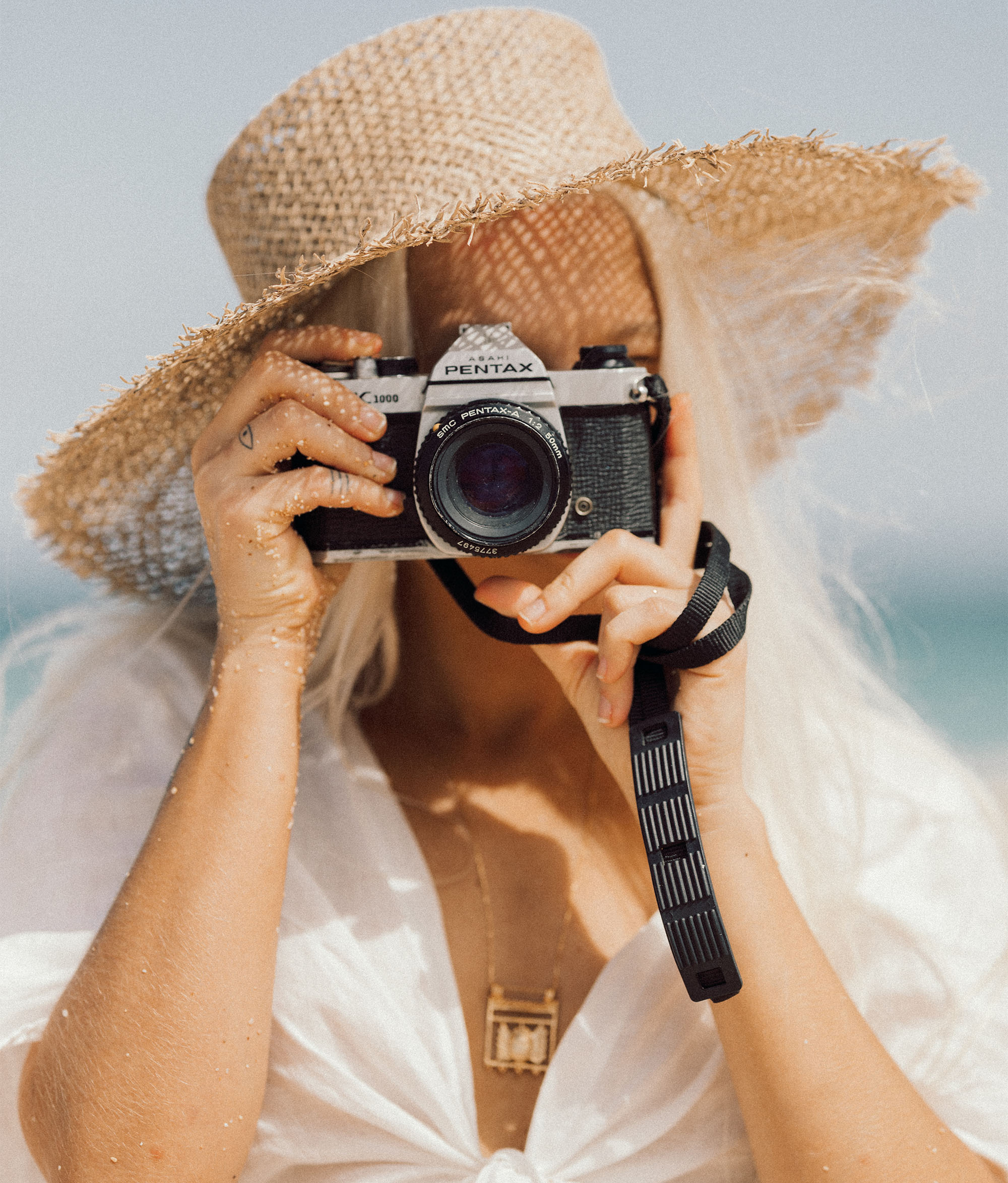
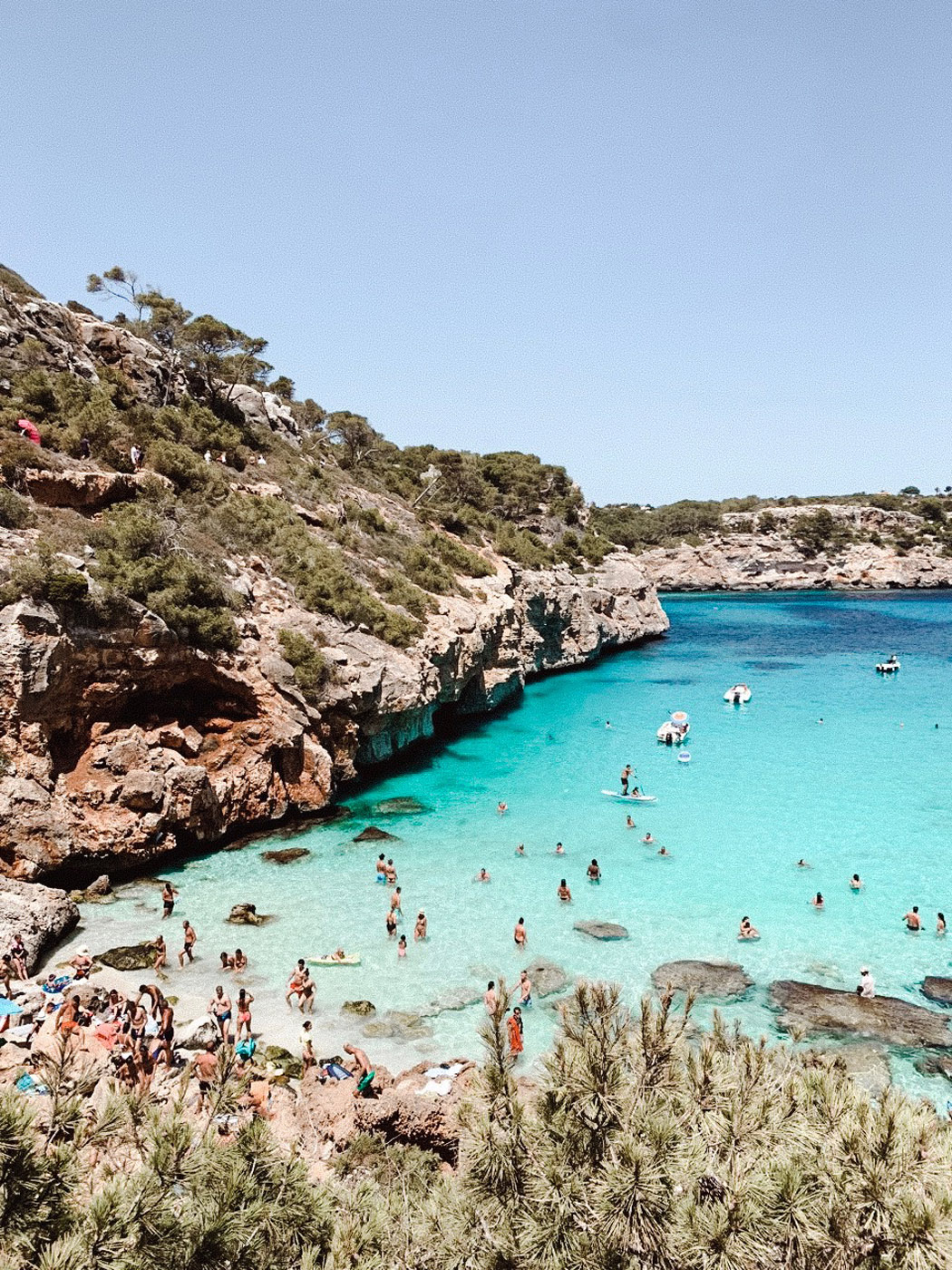
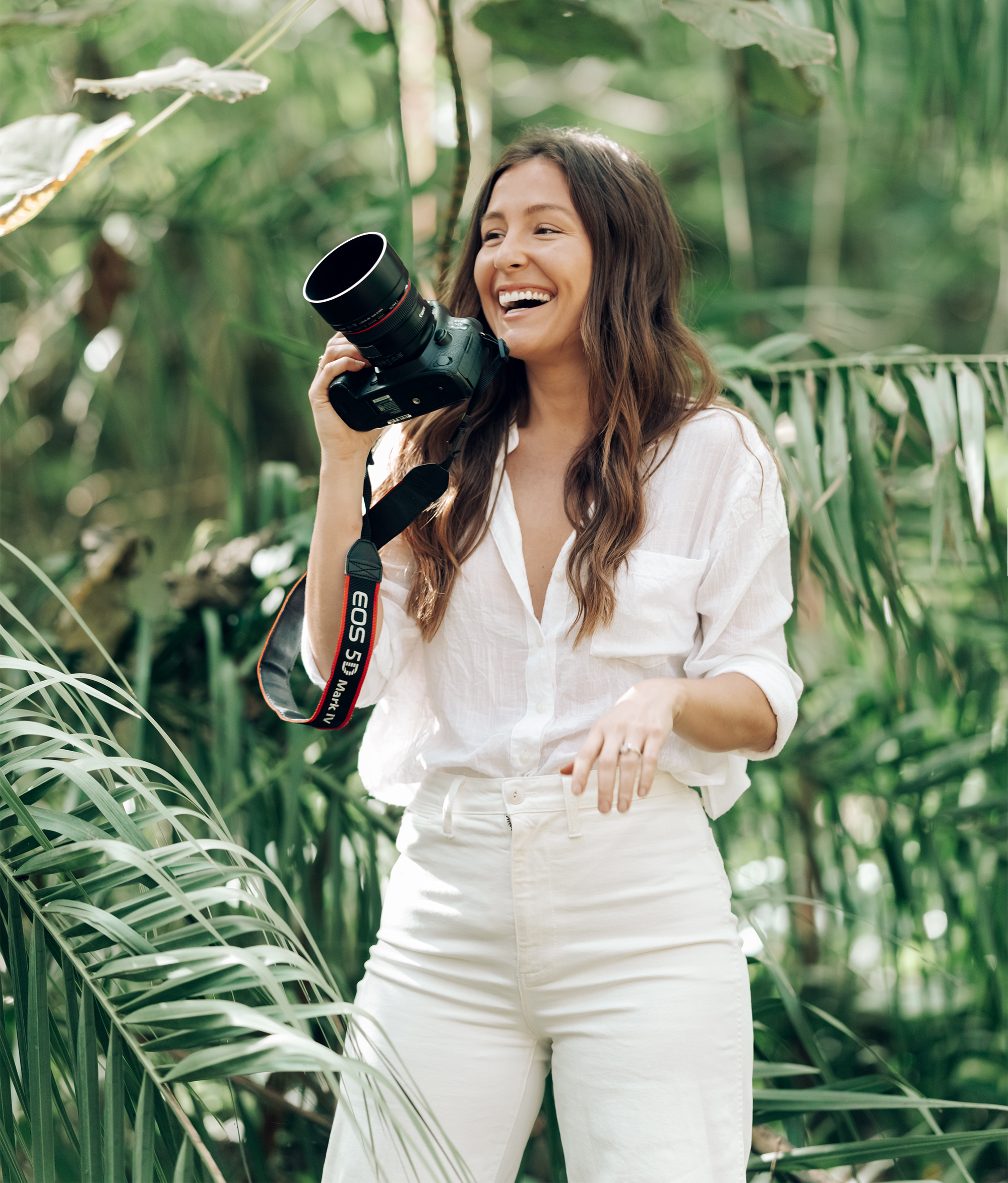
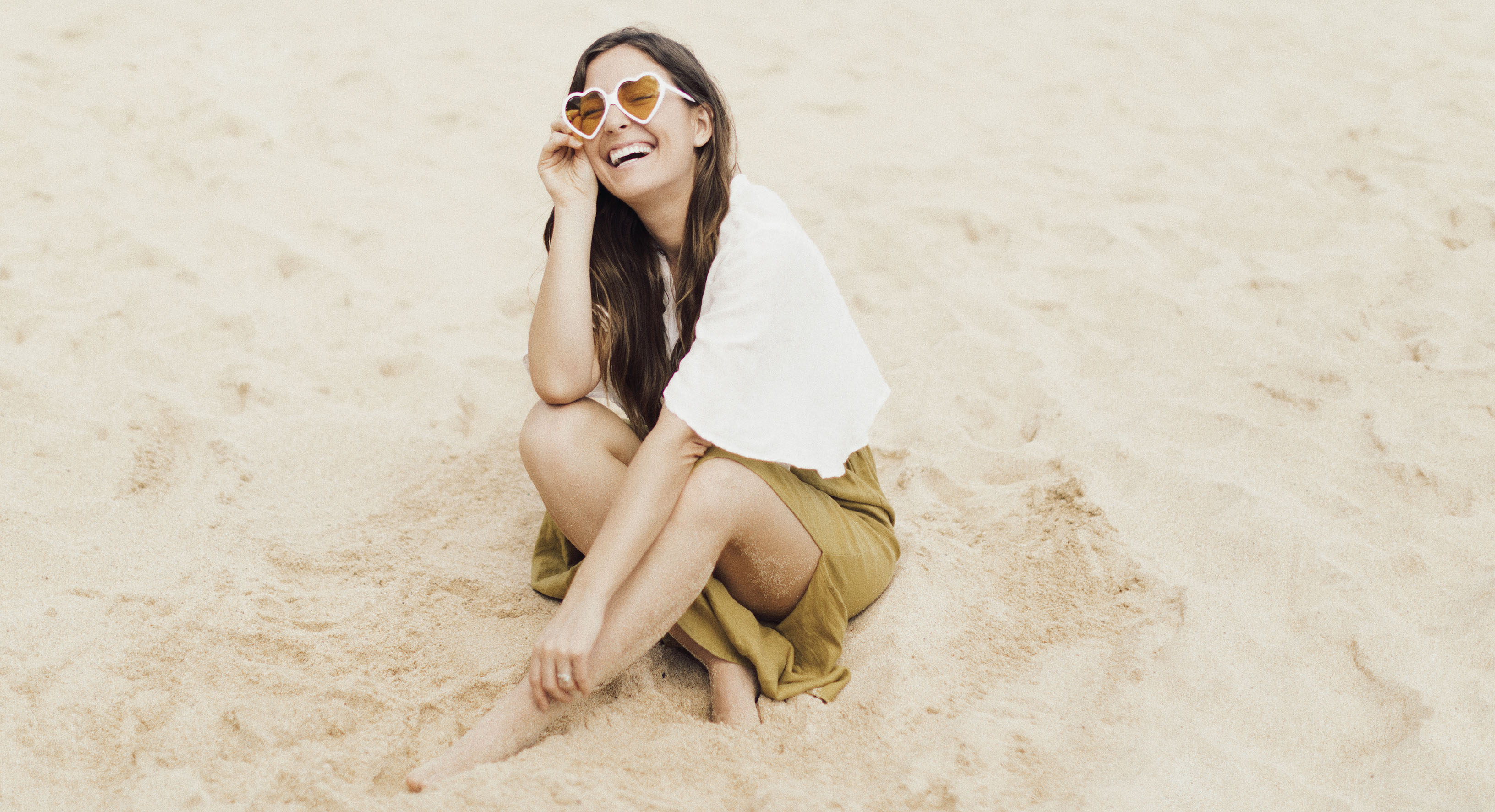
COMMENTS